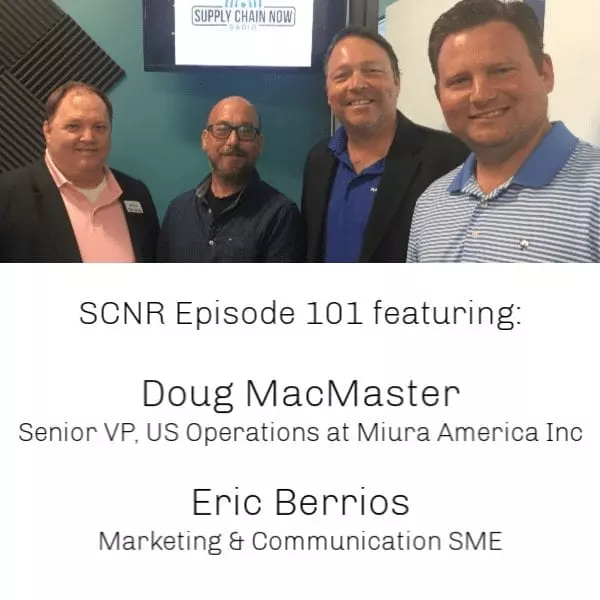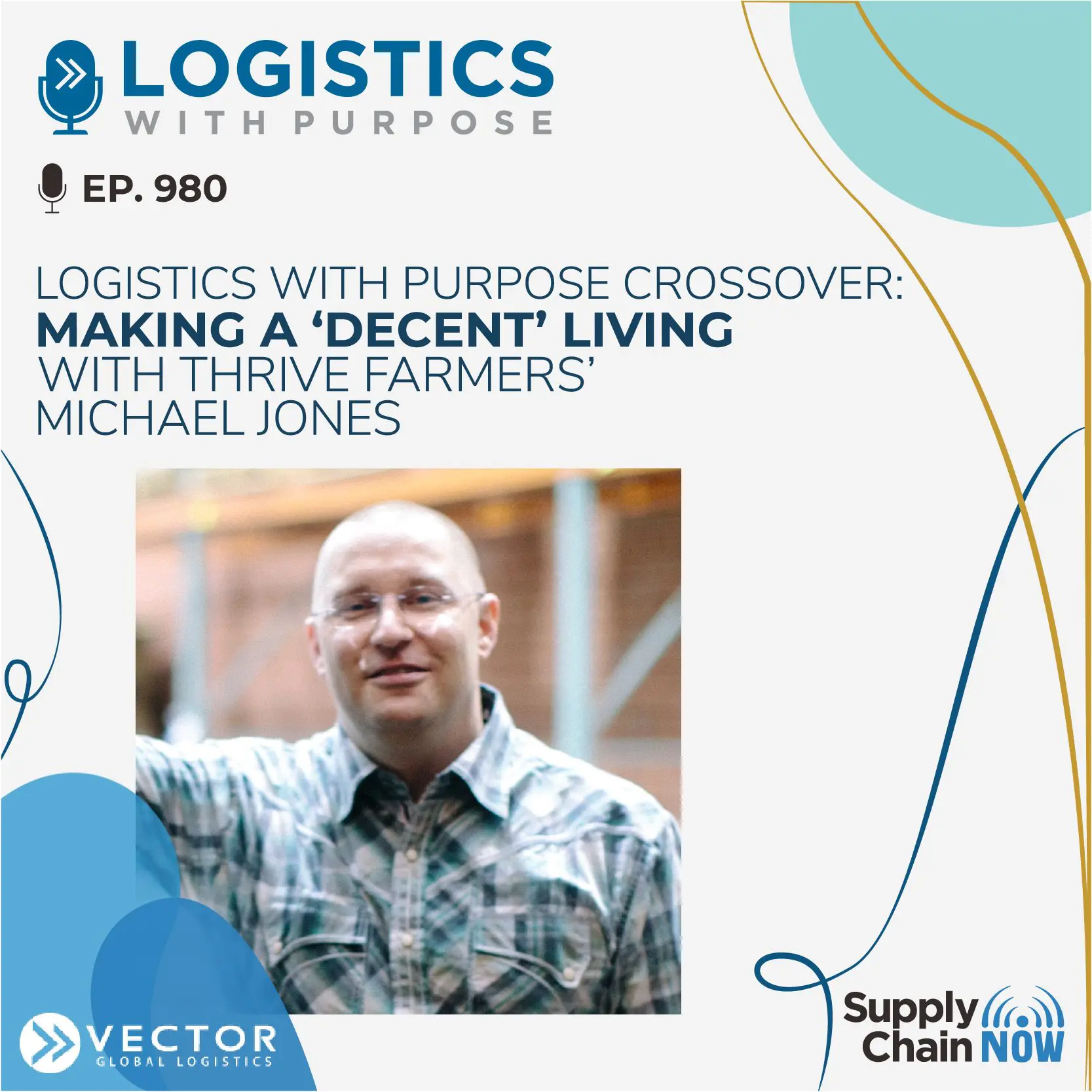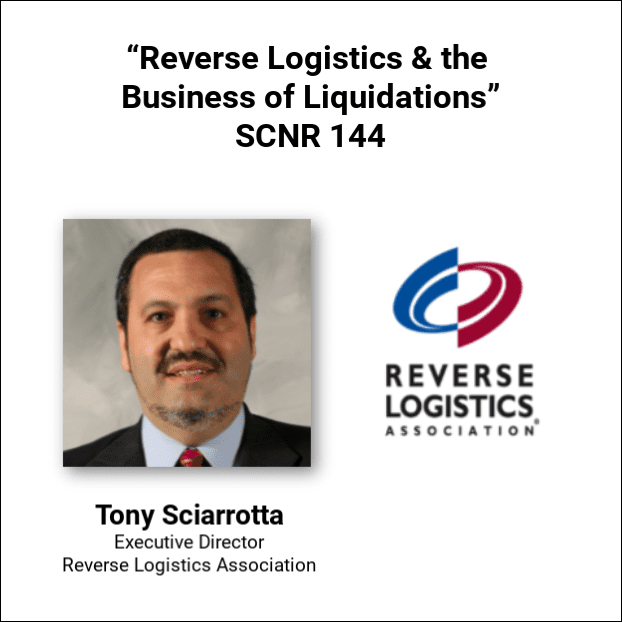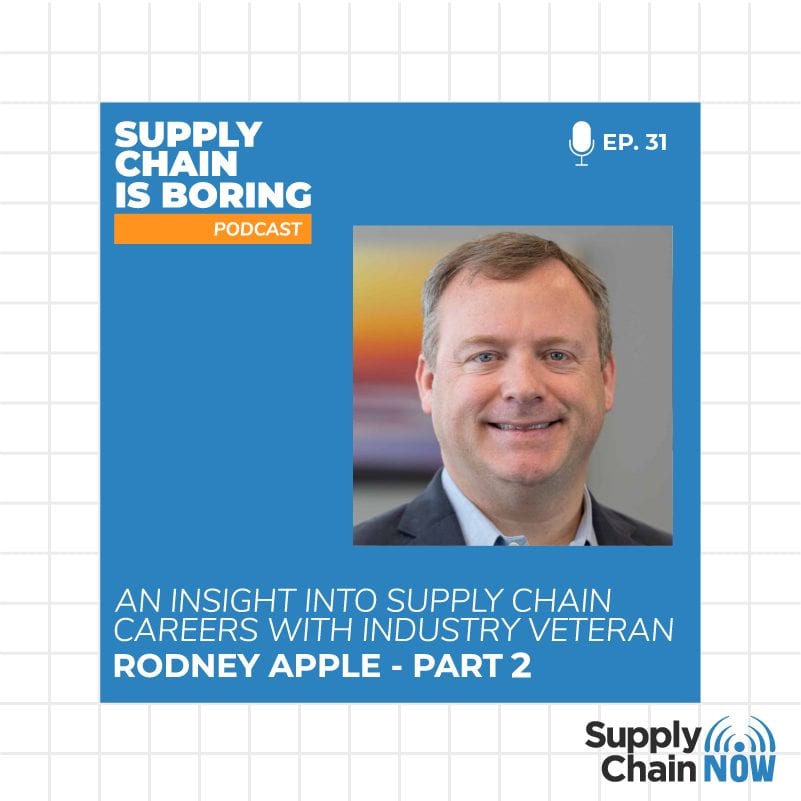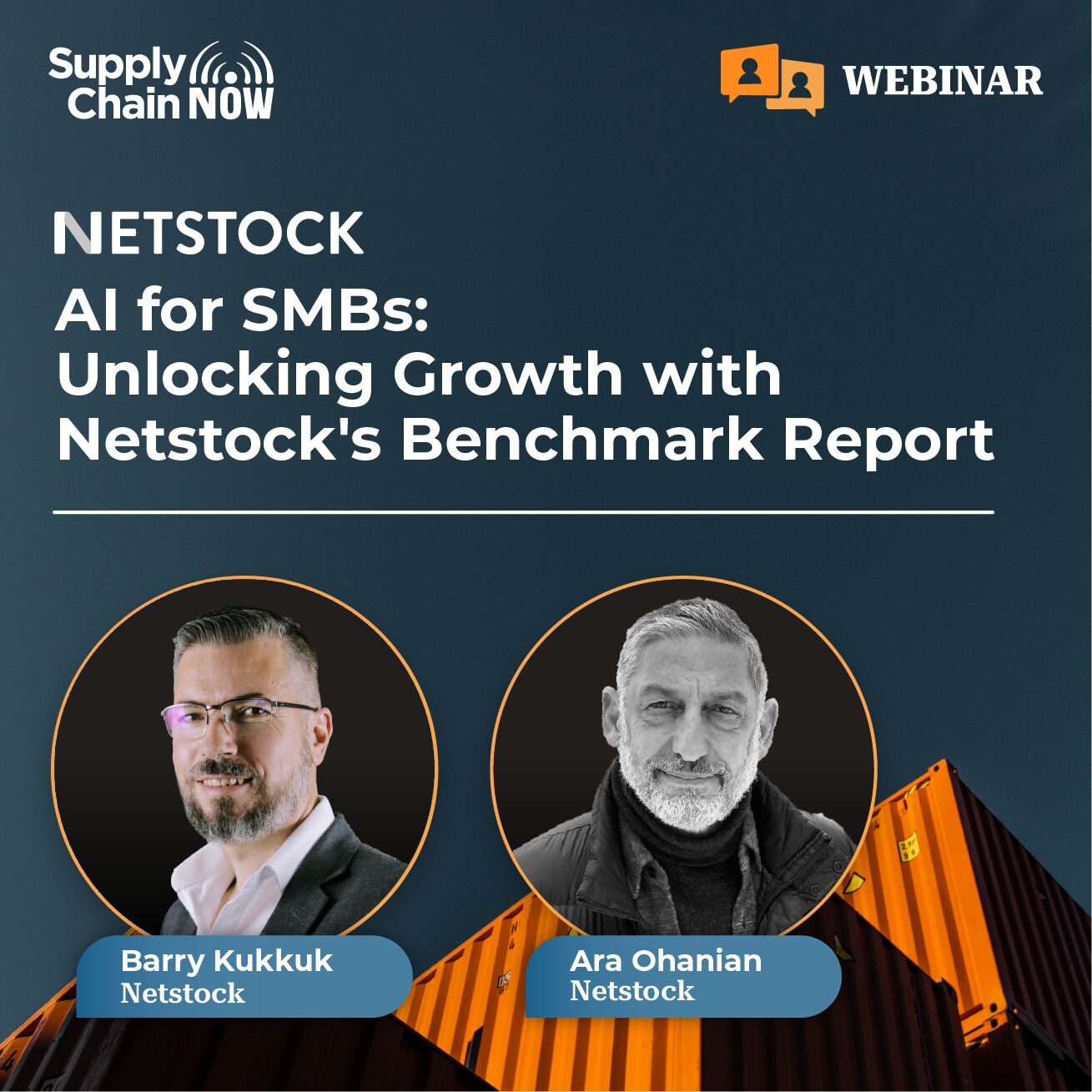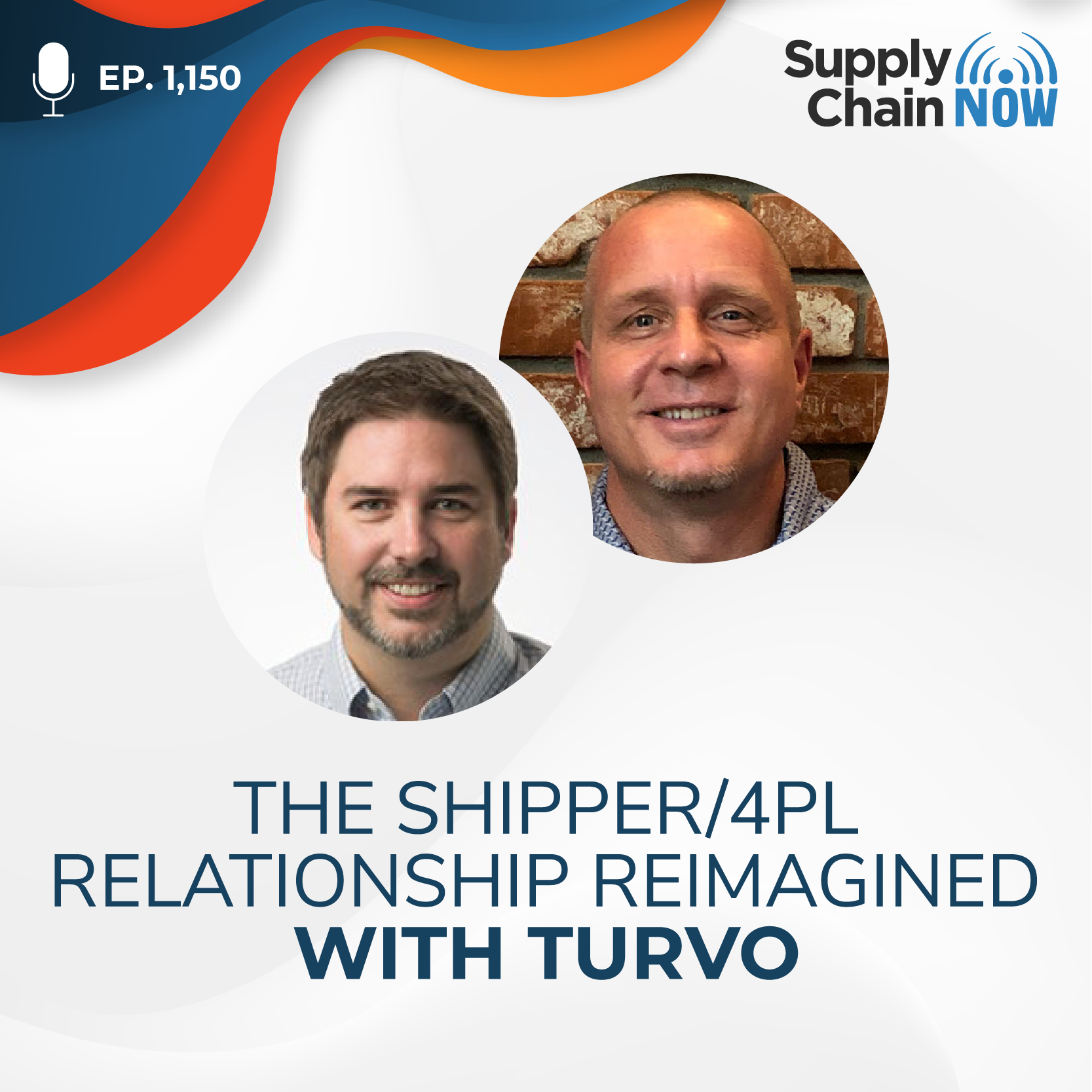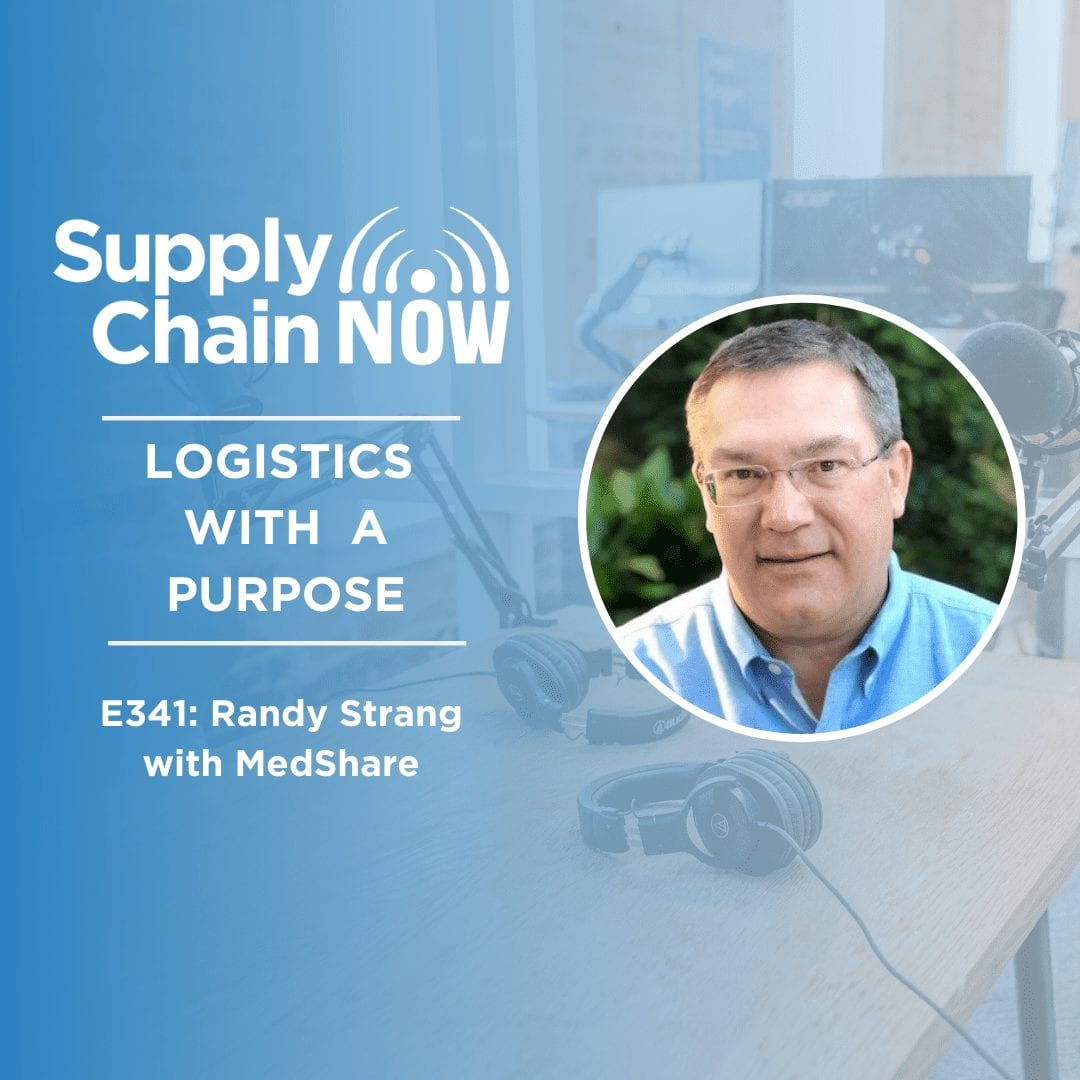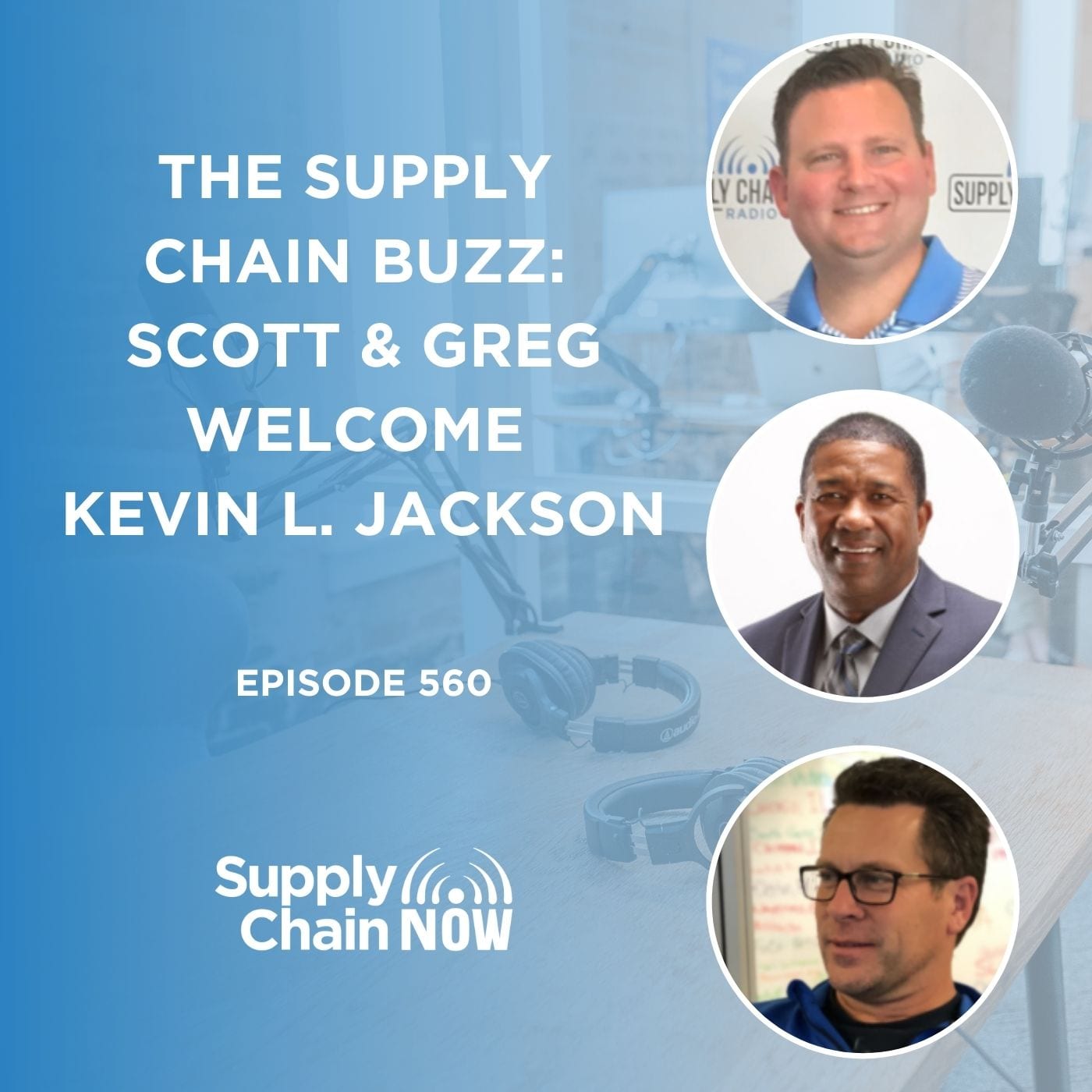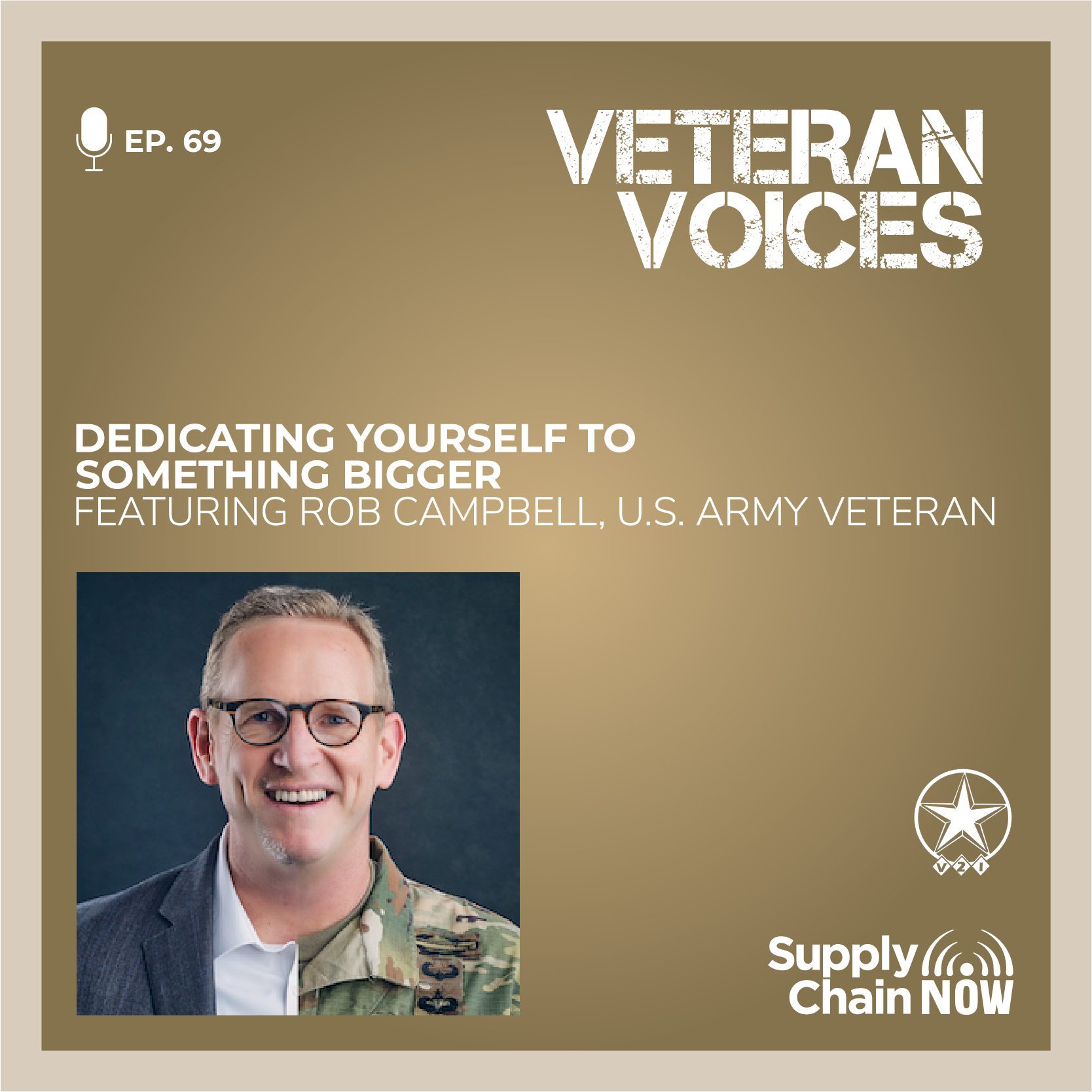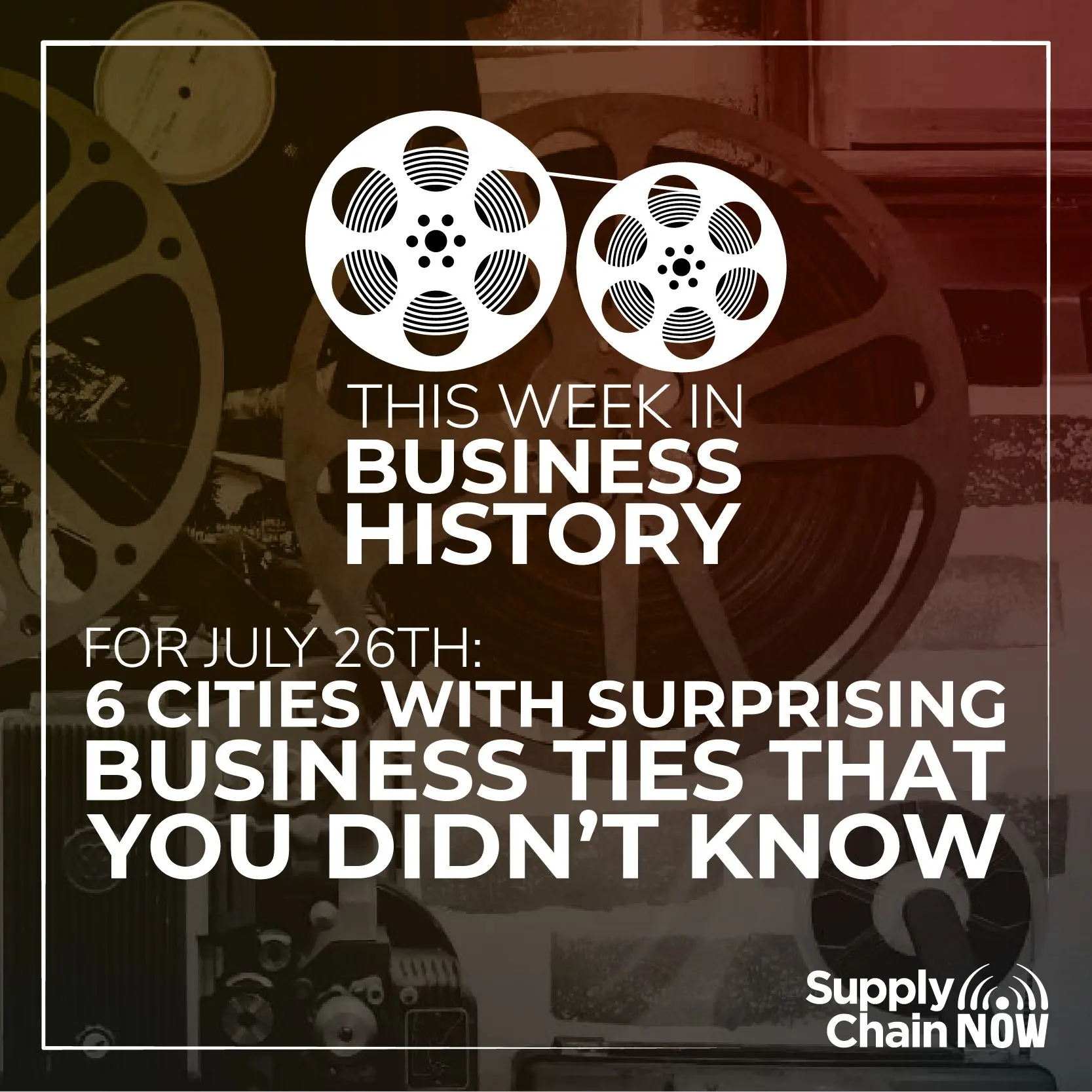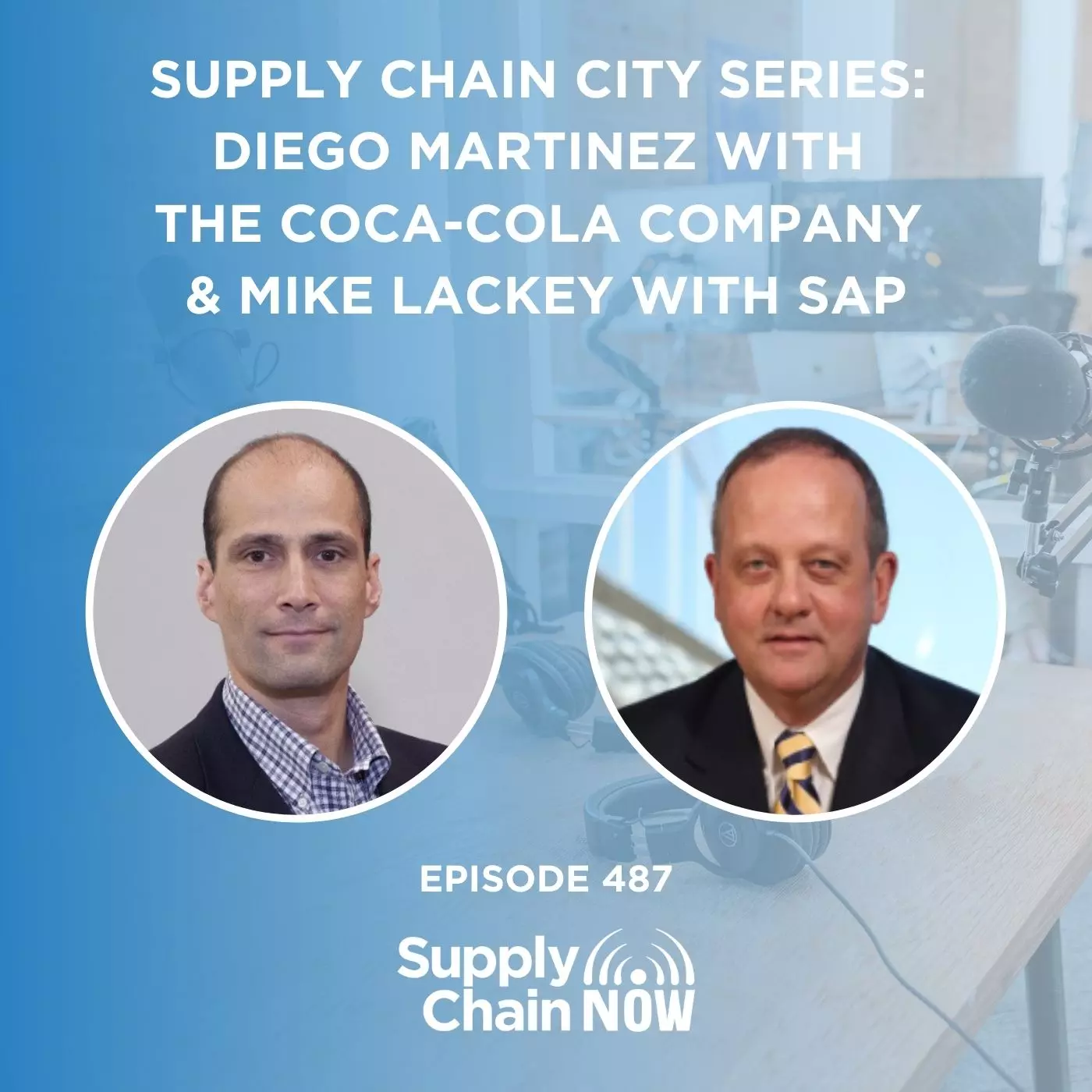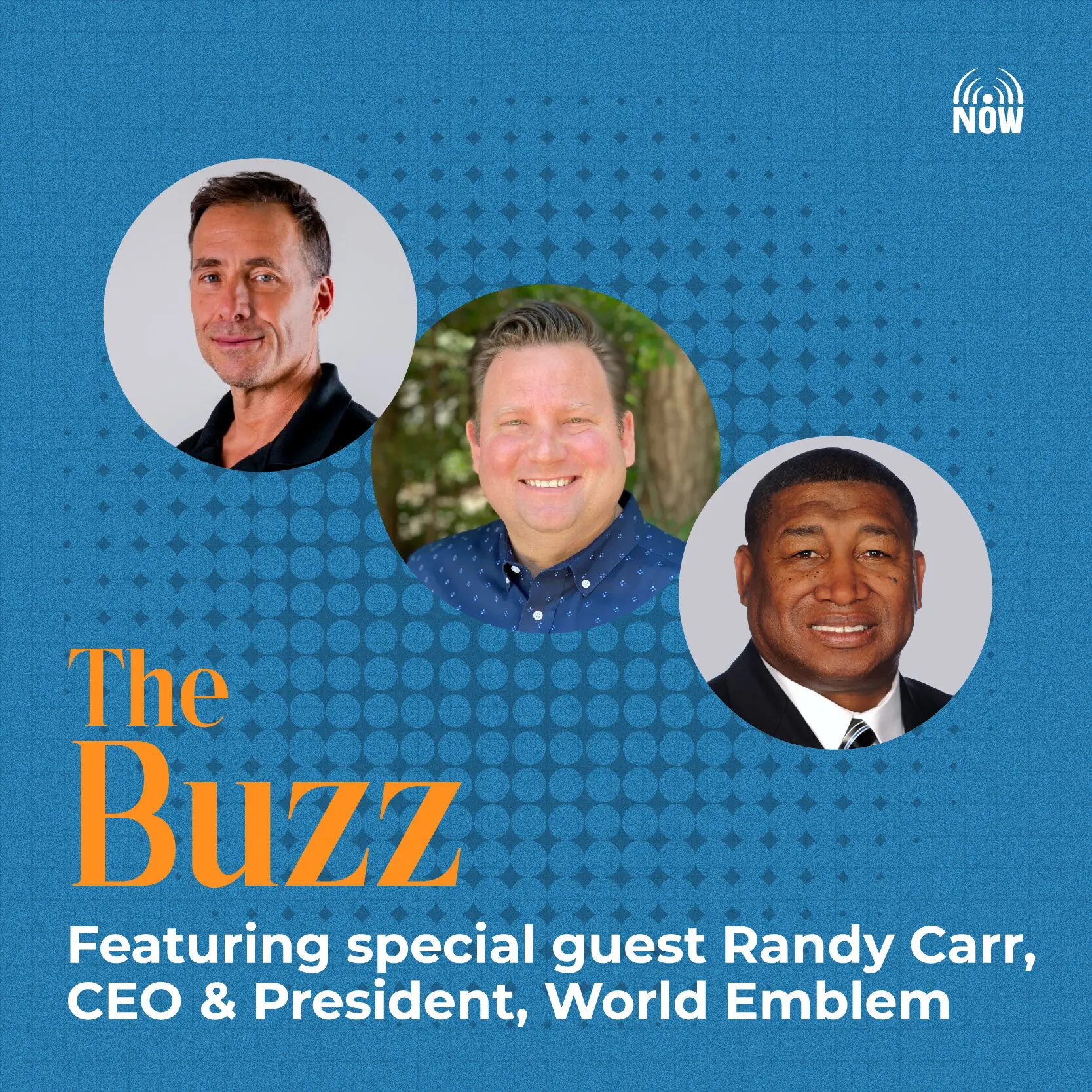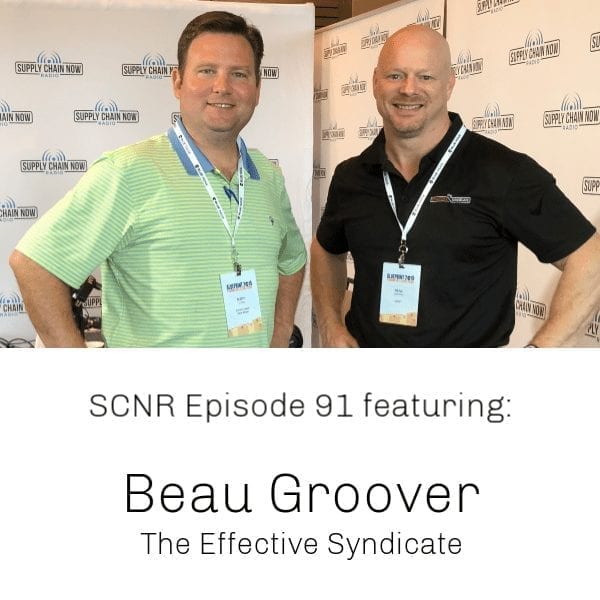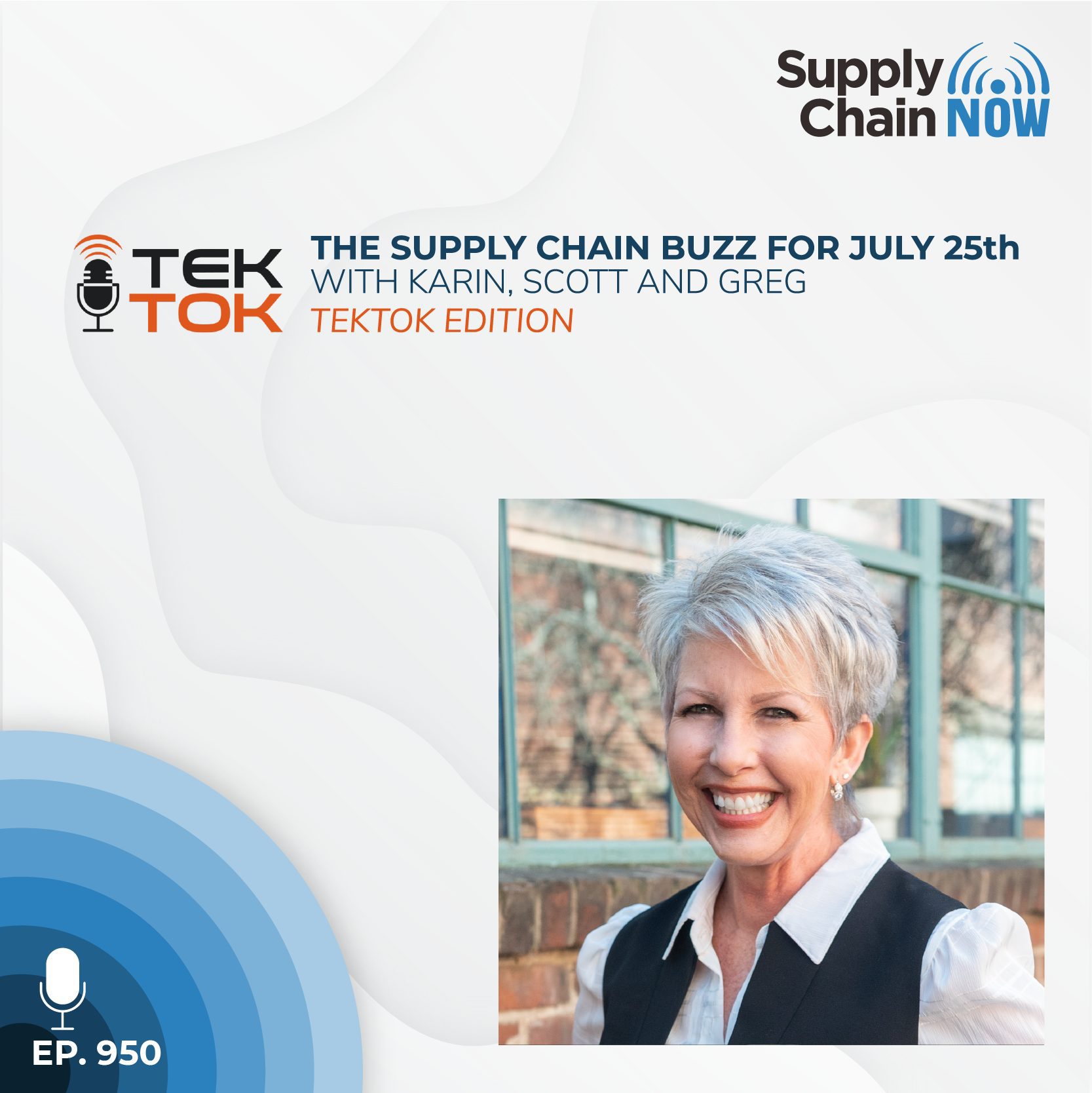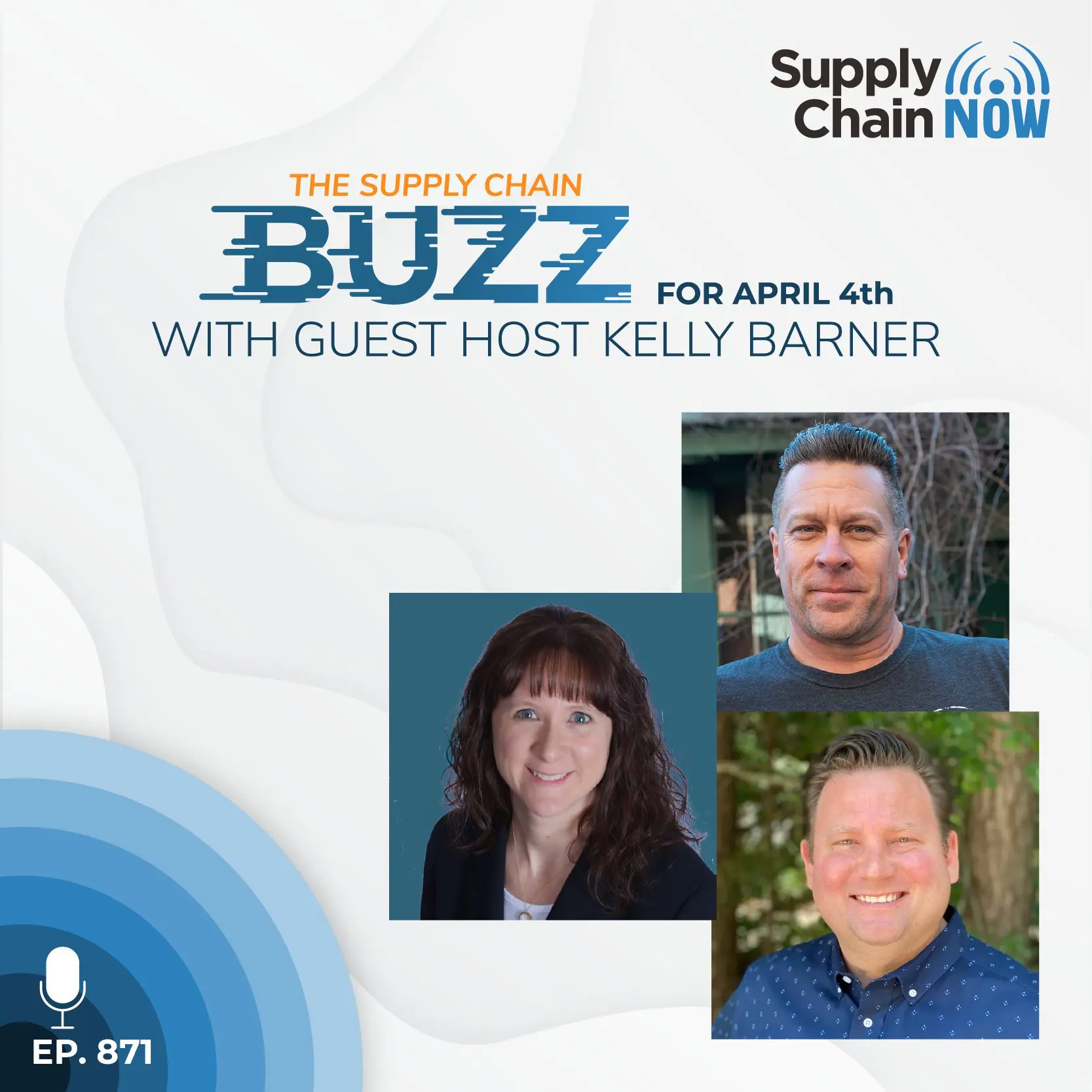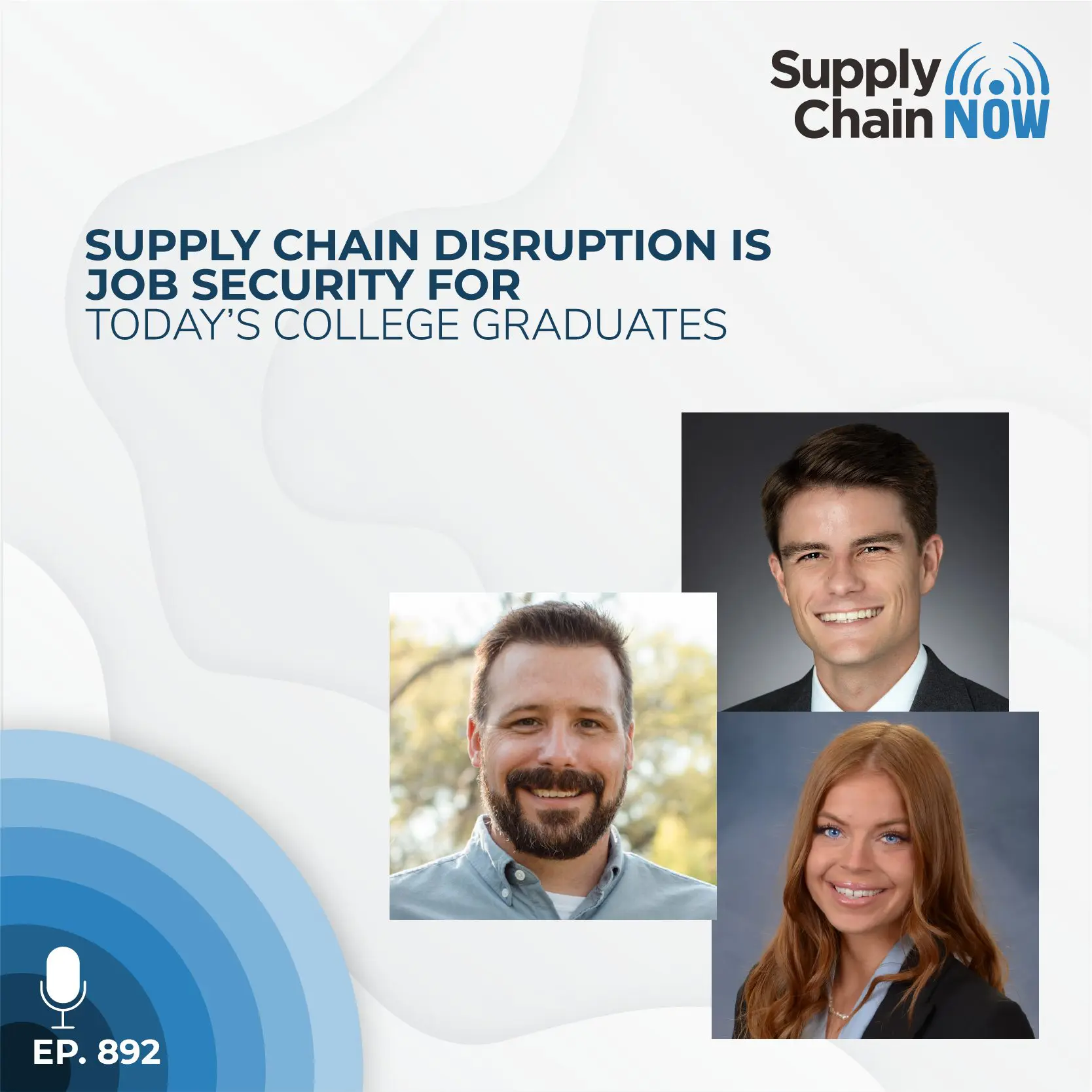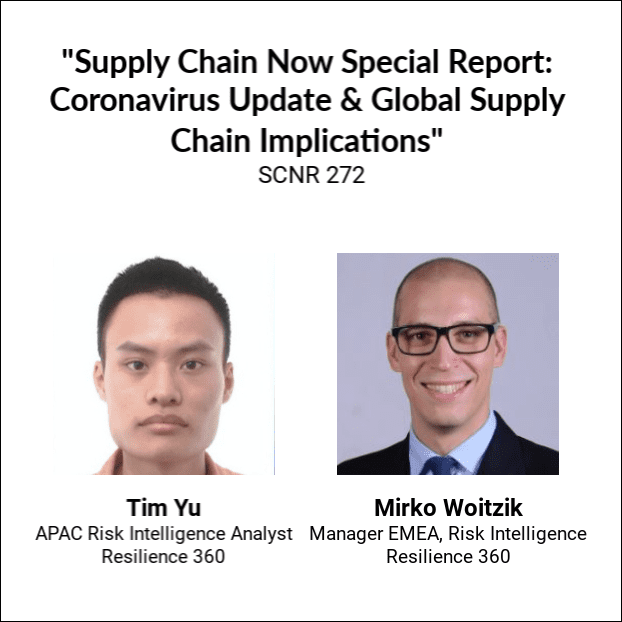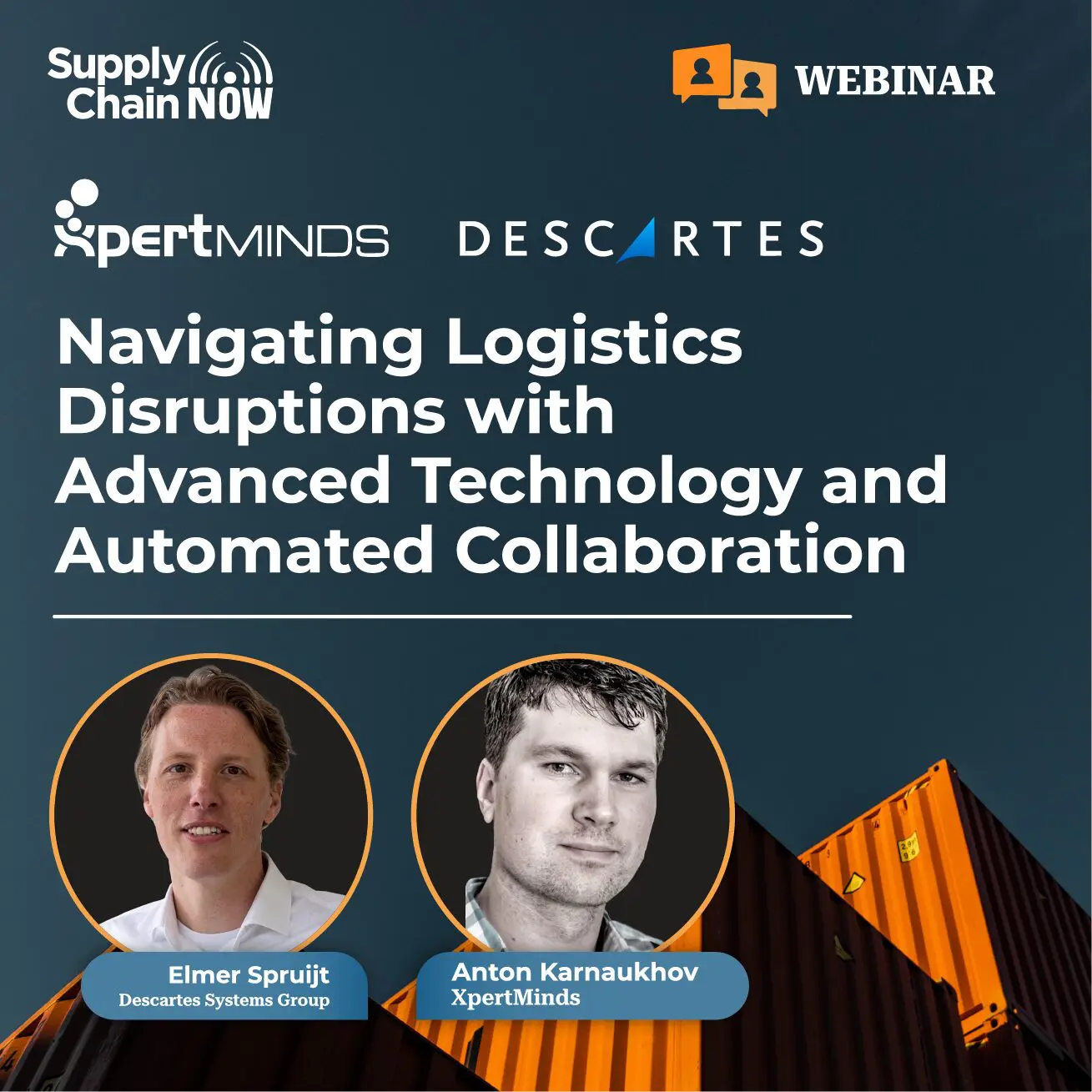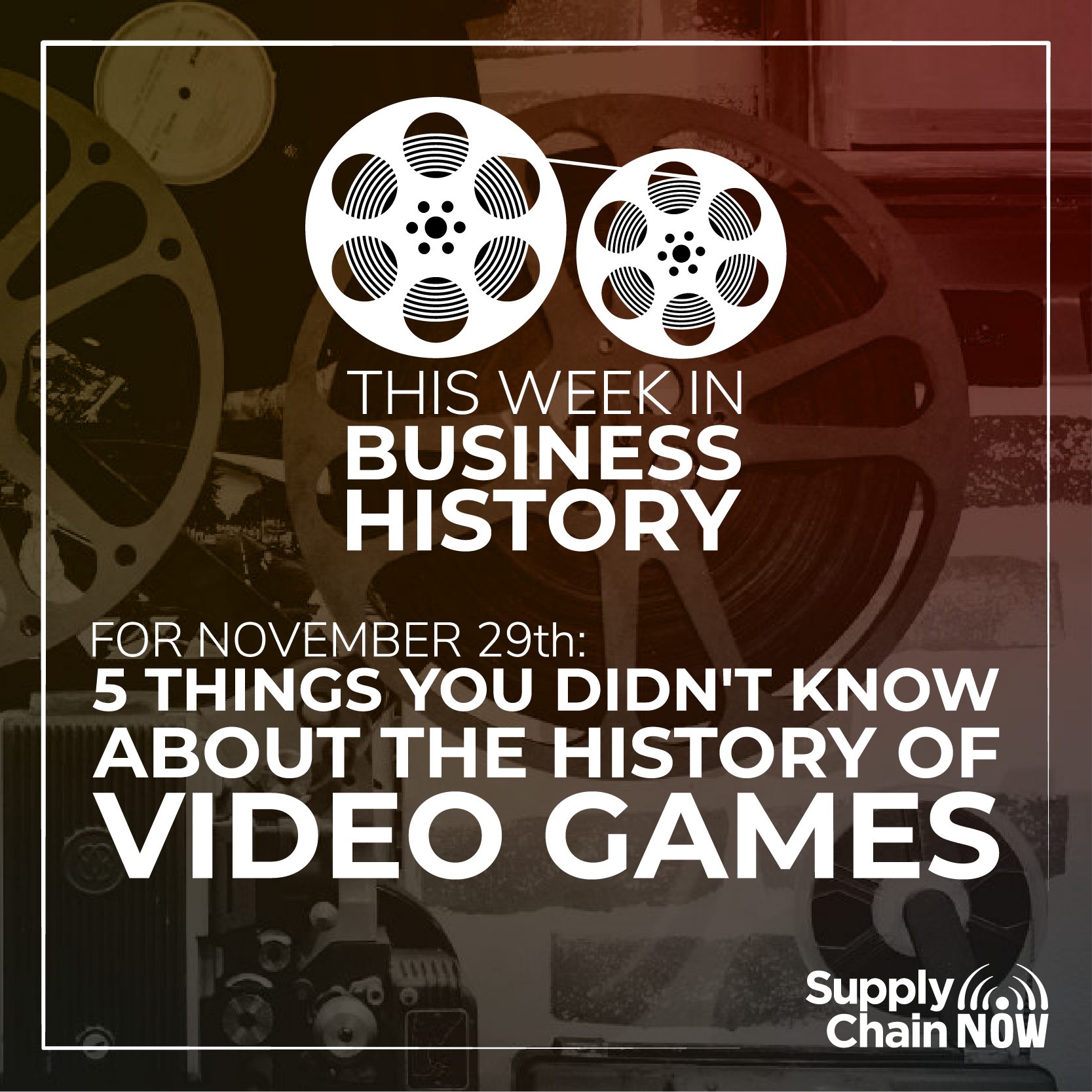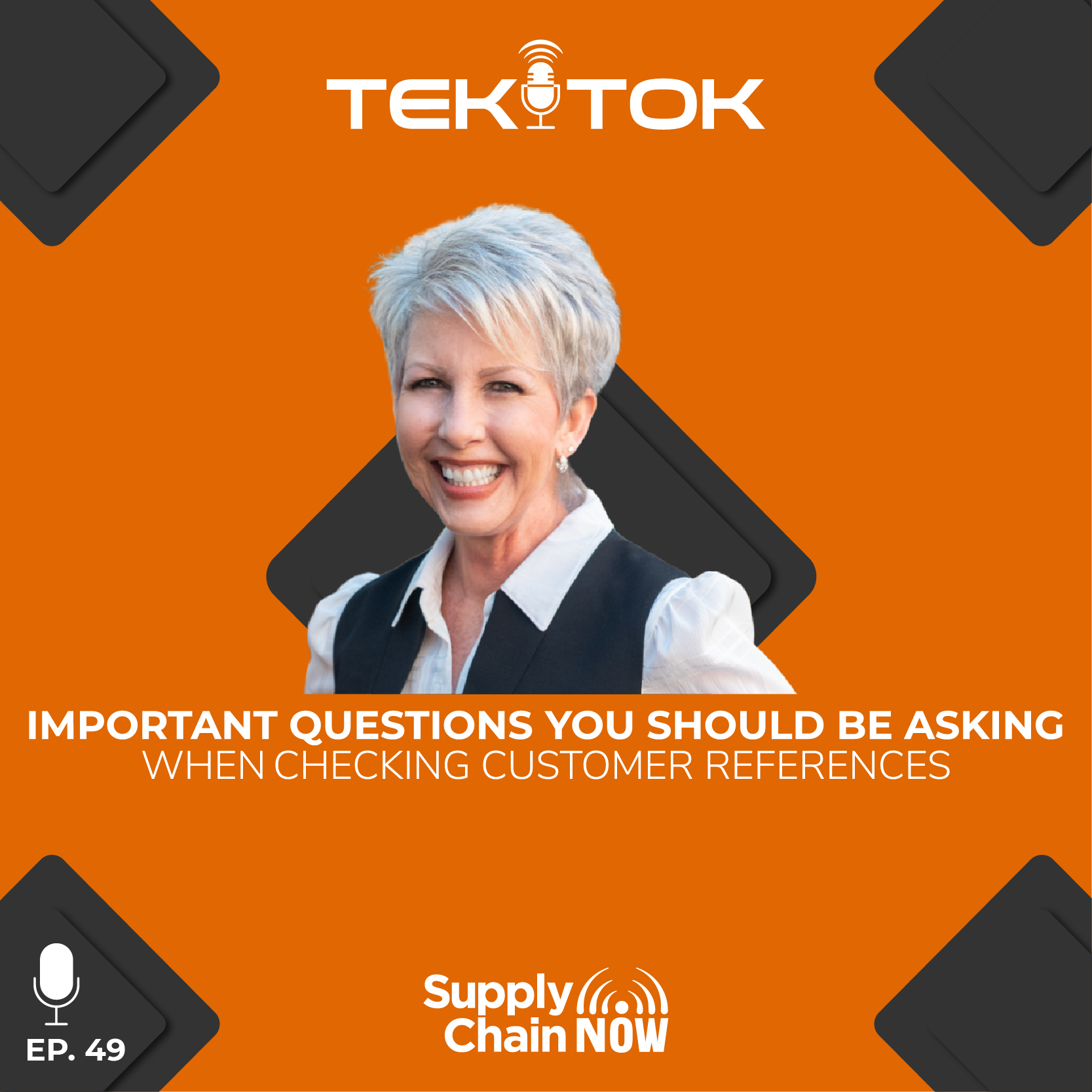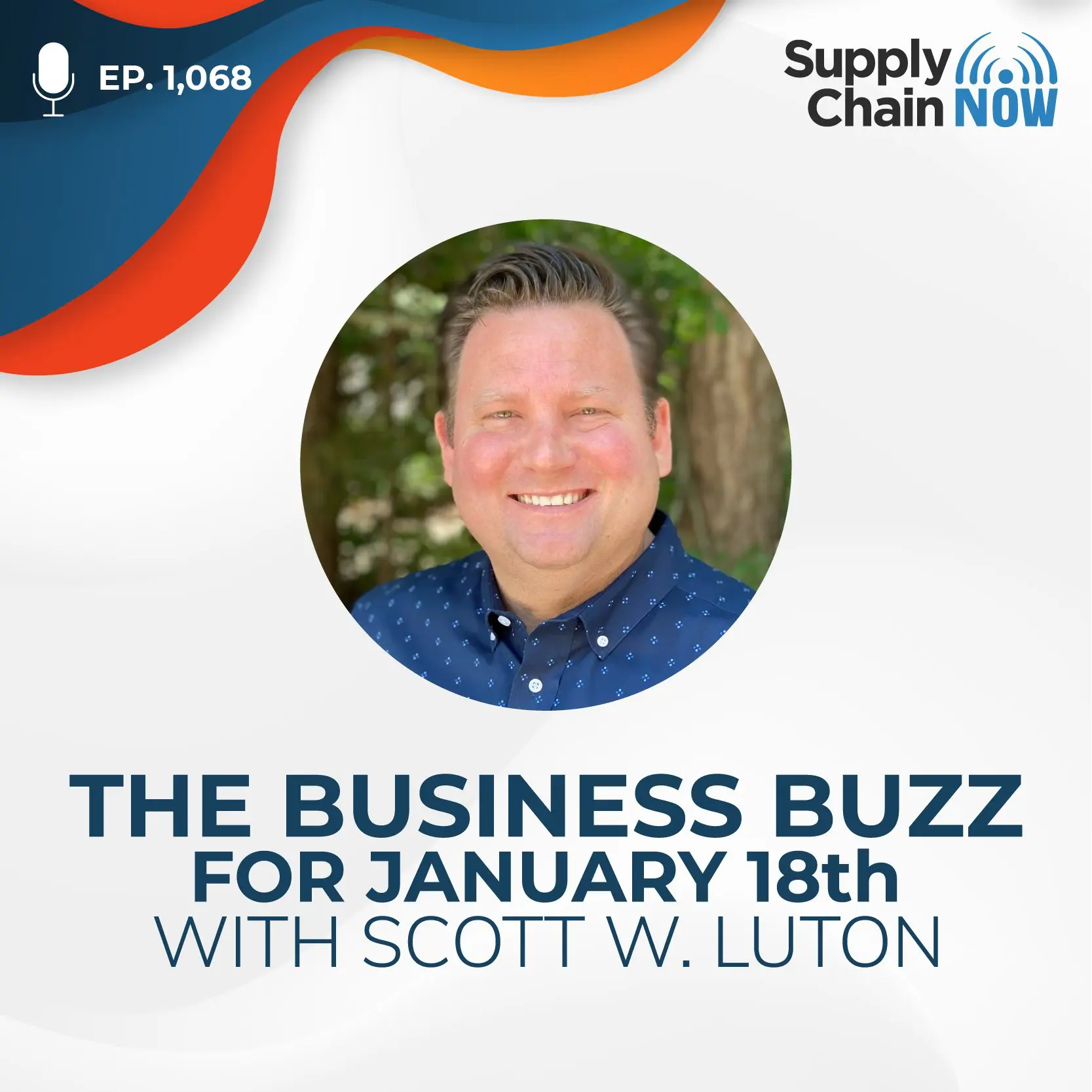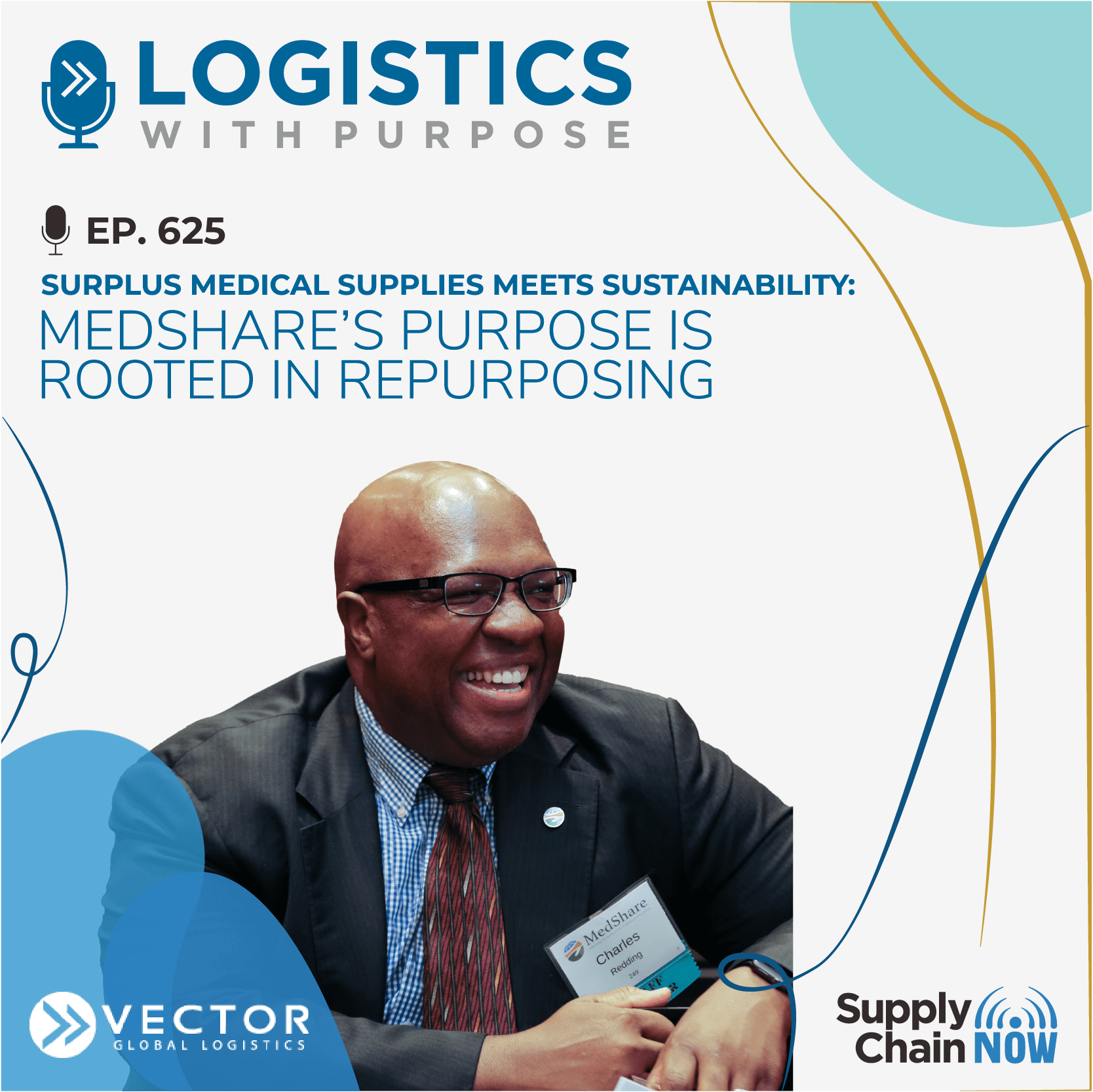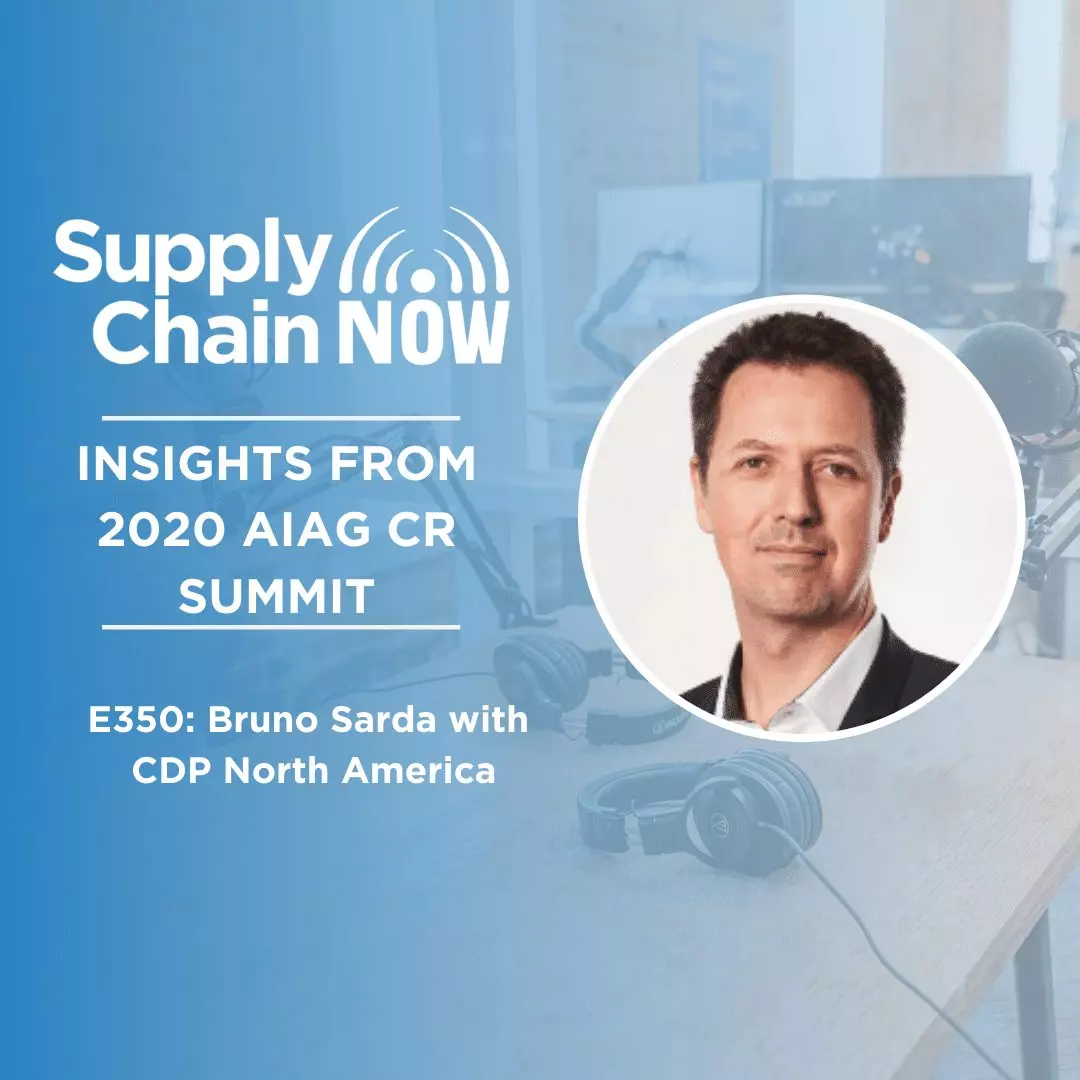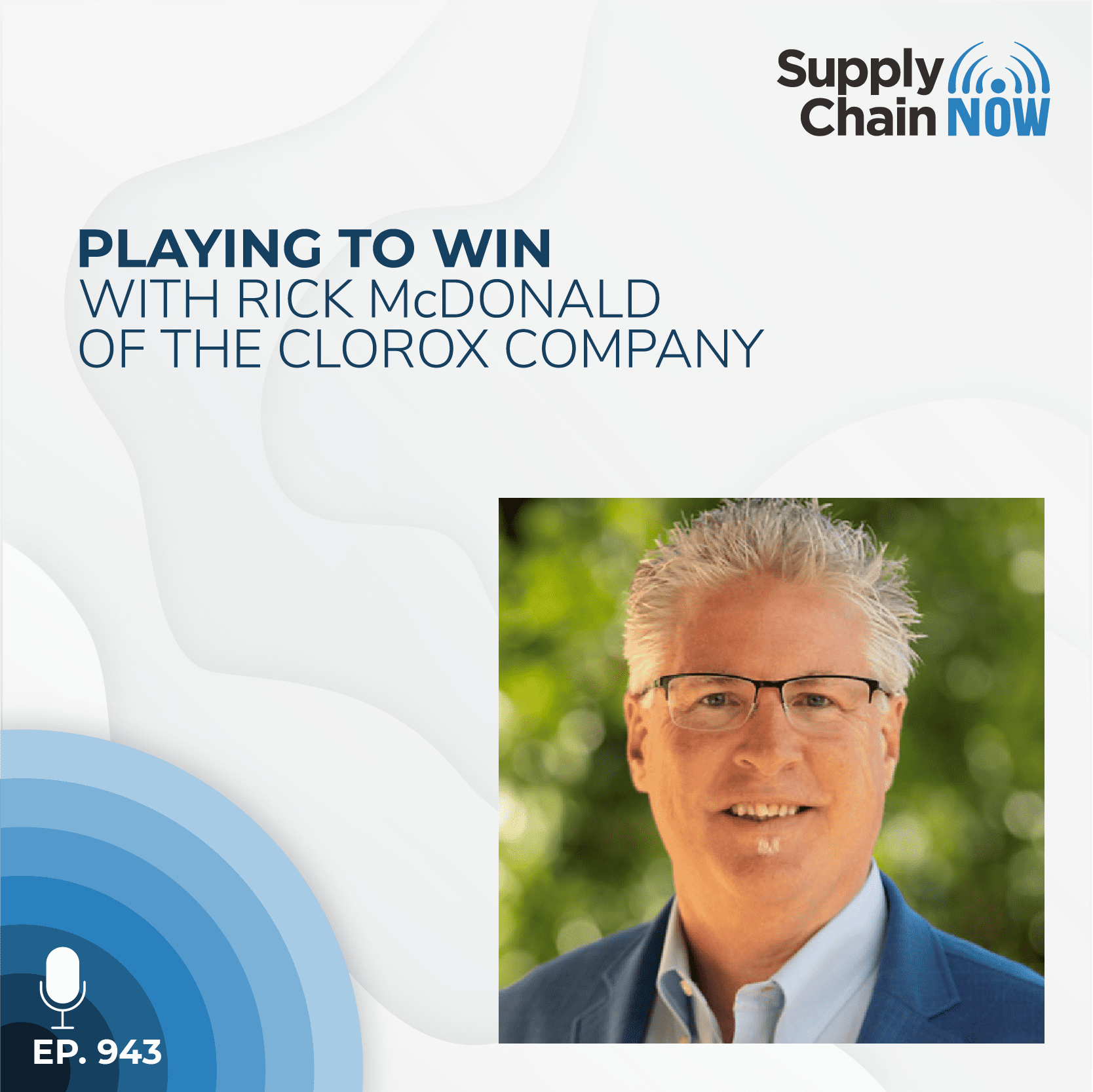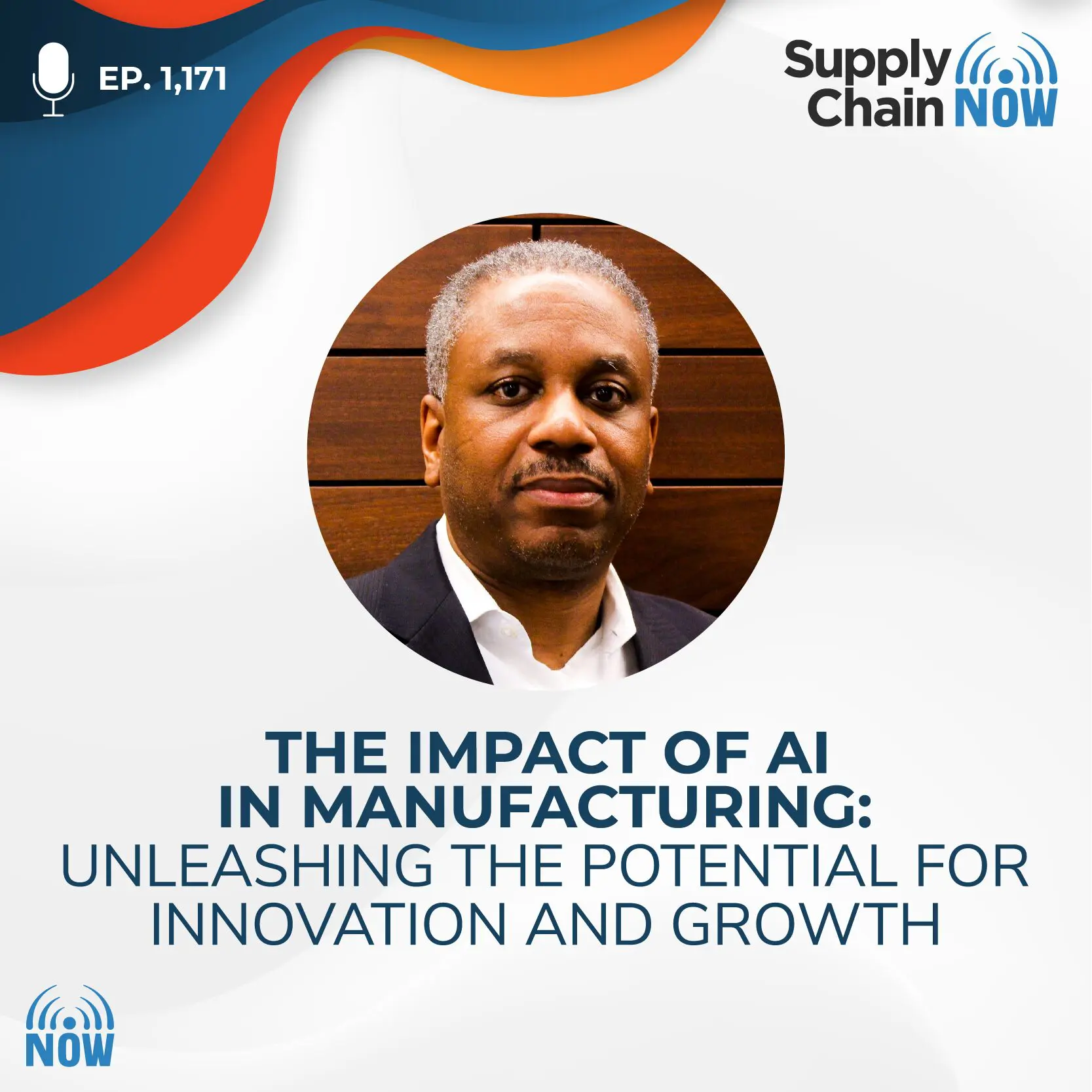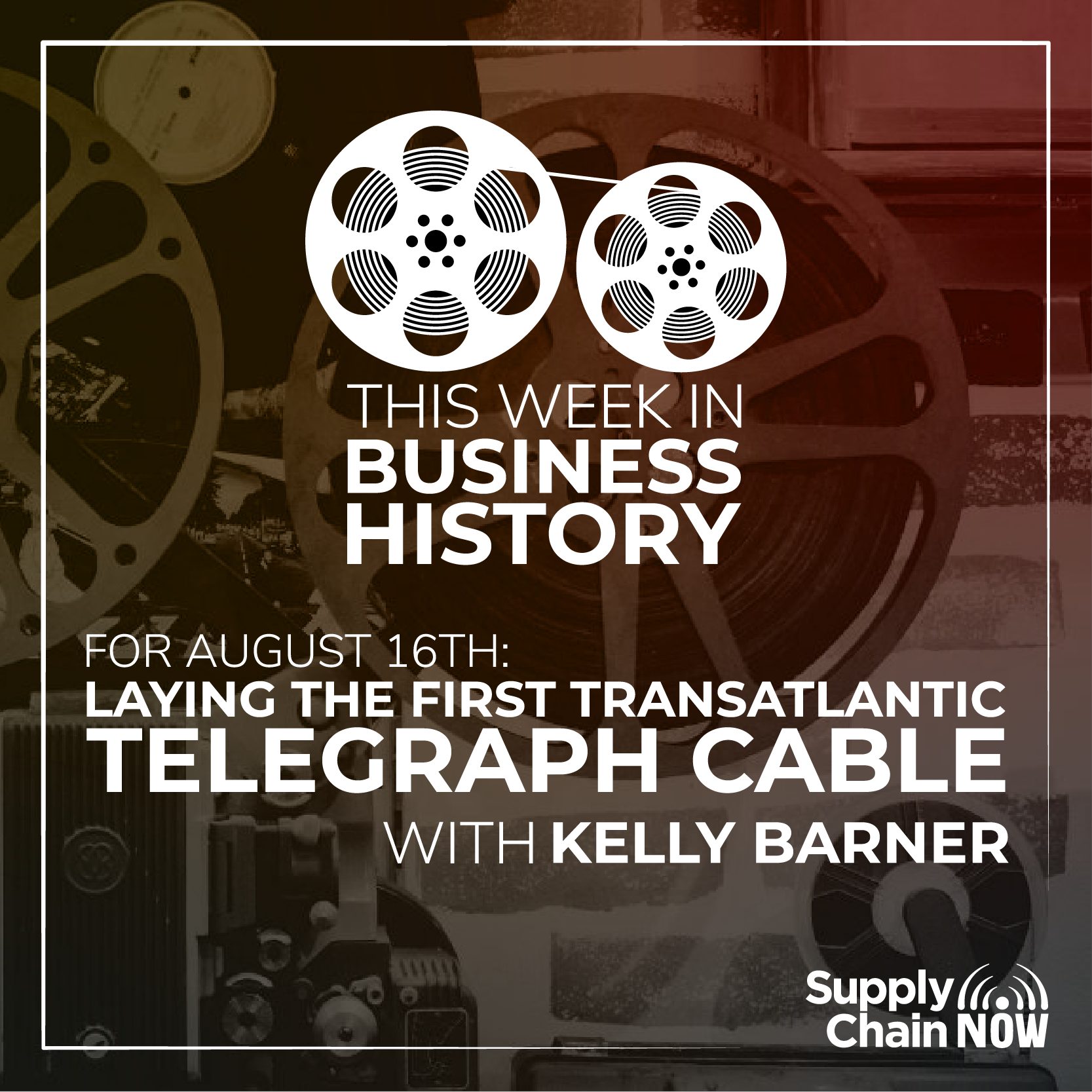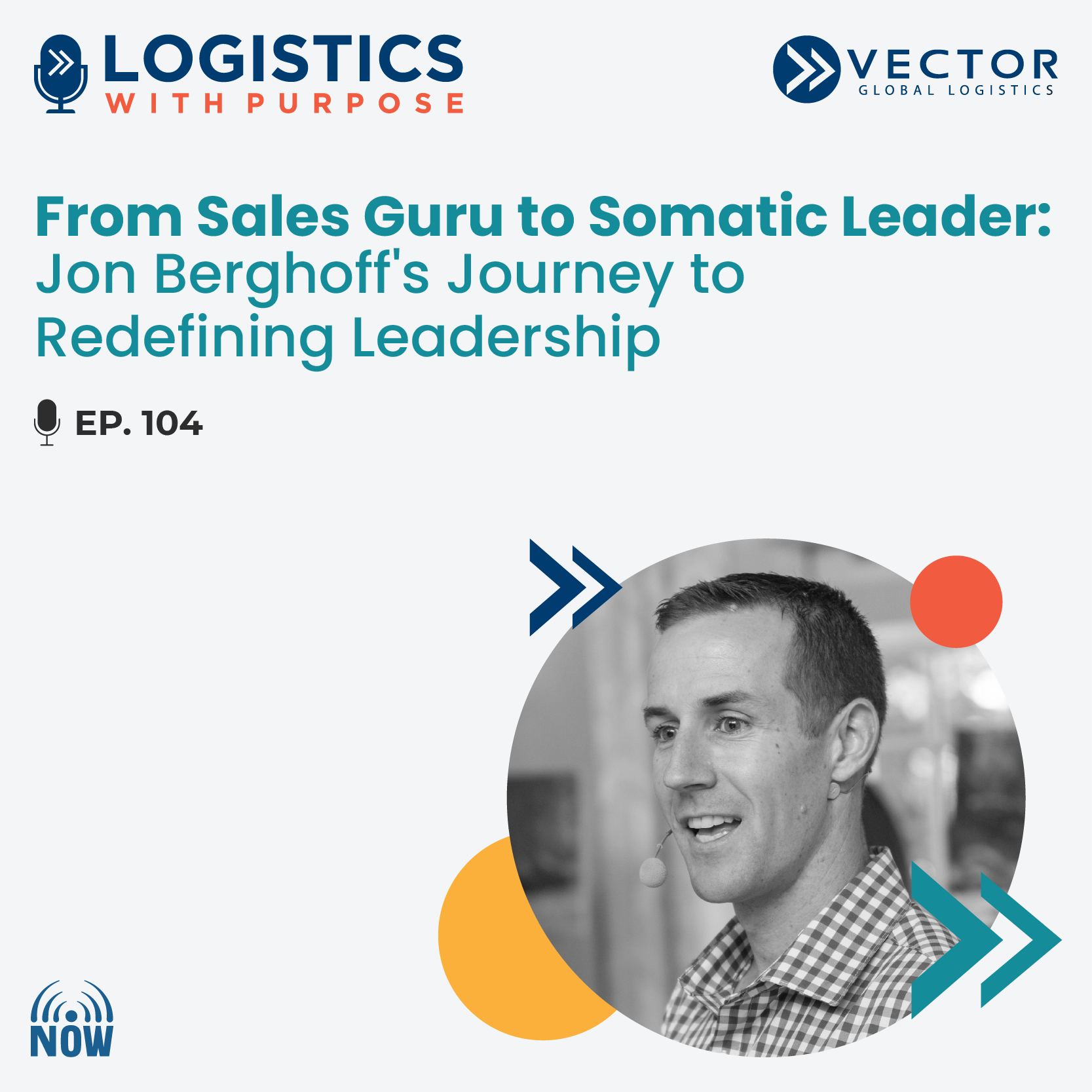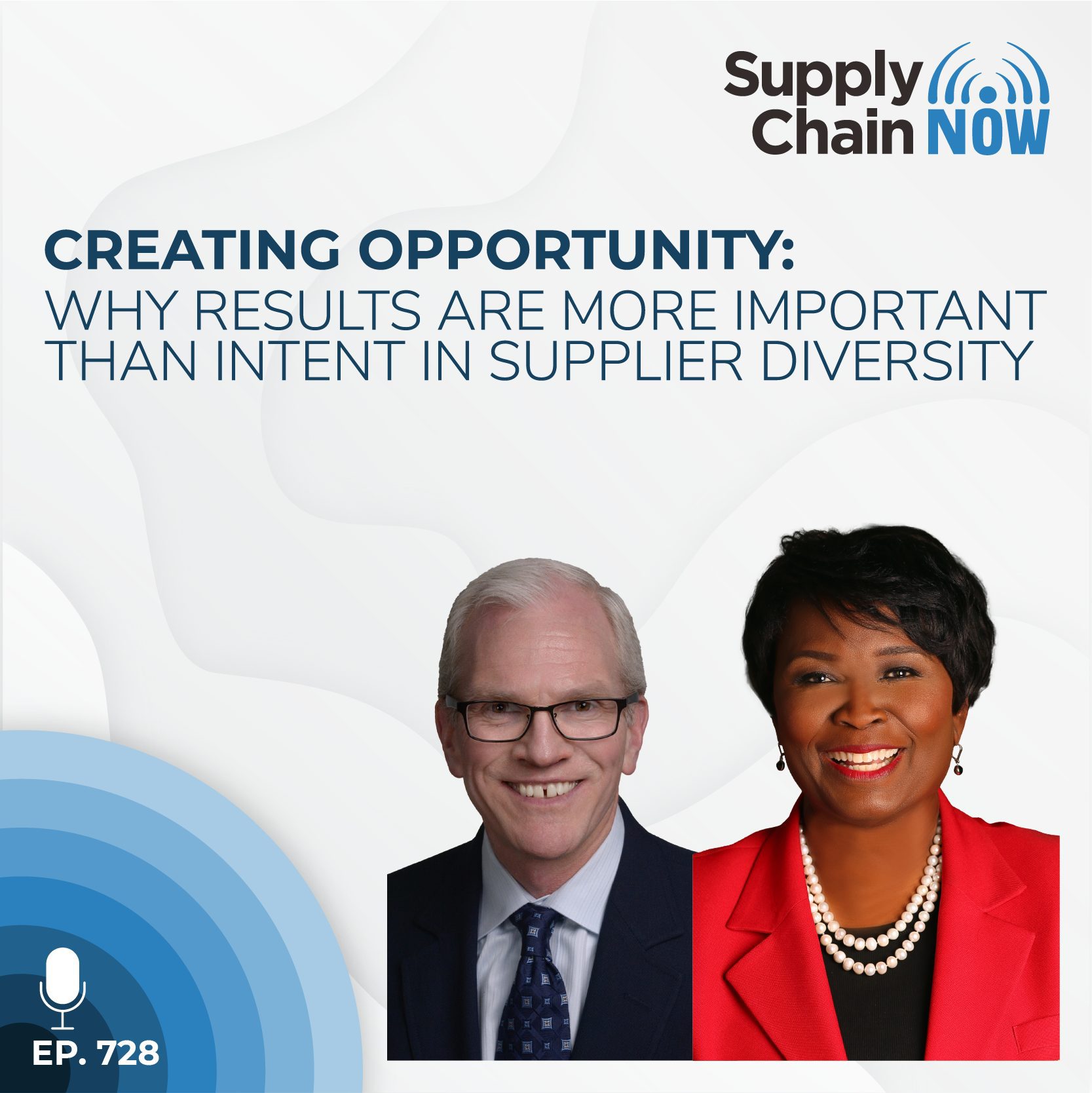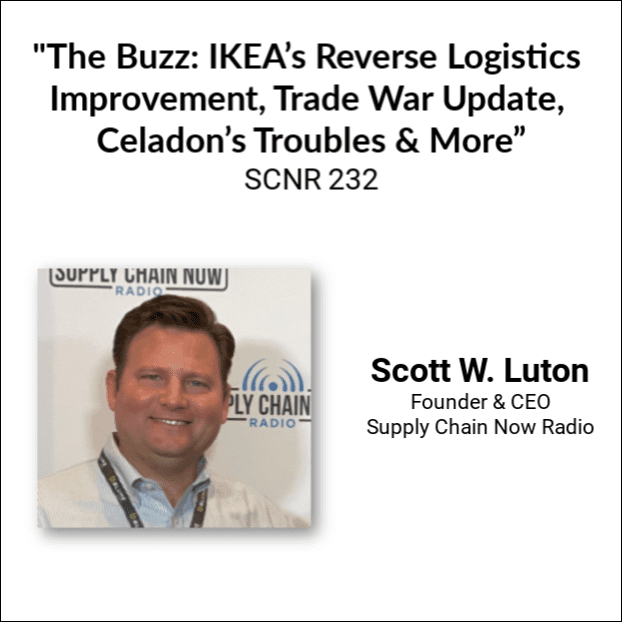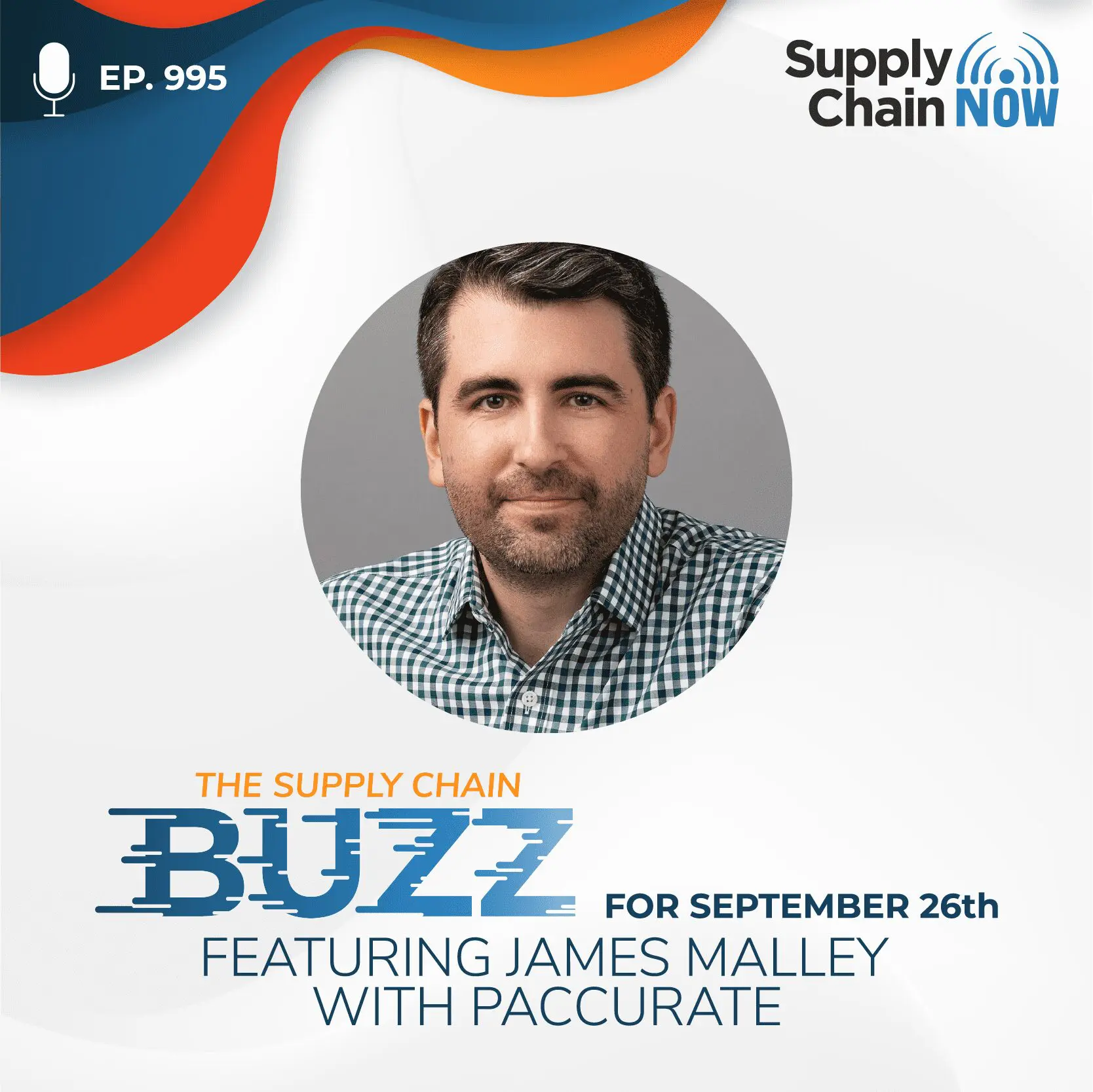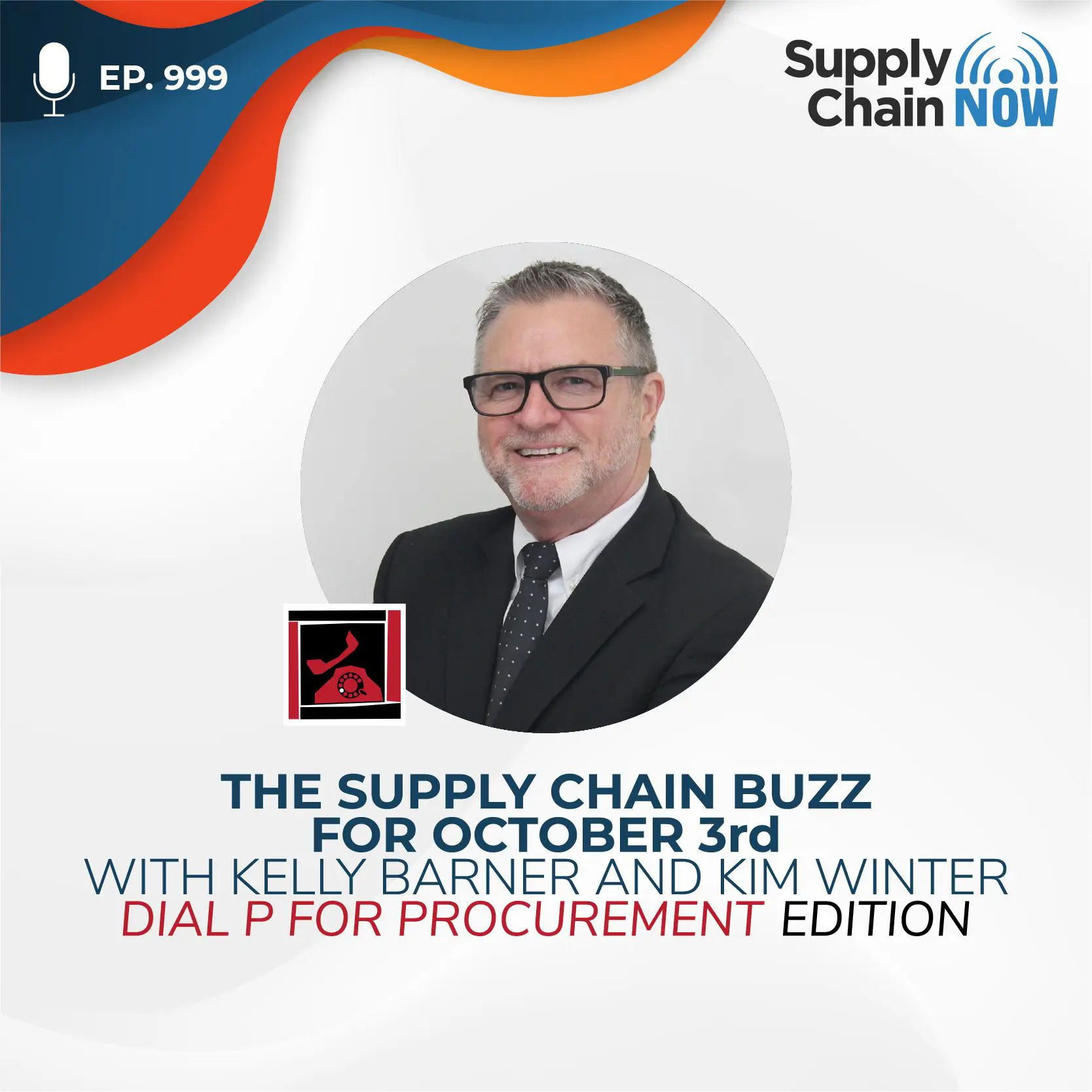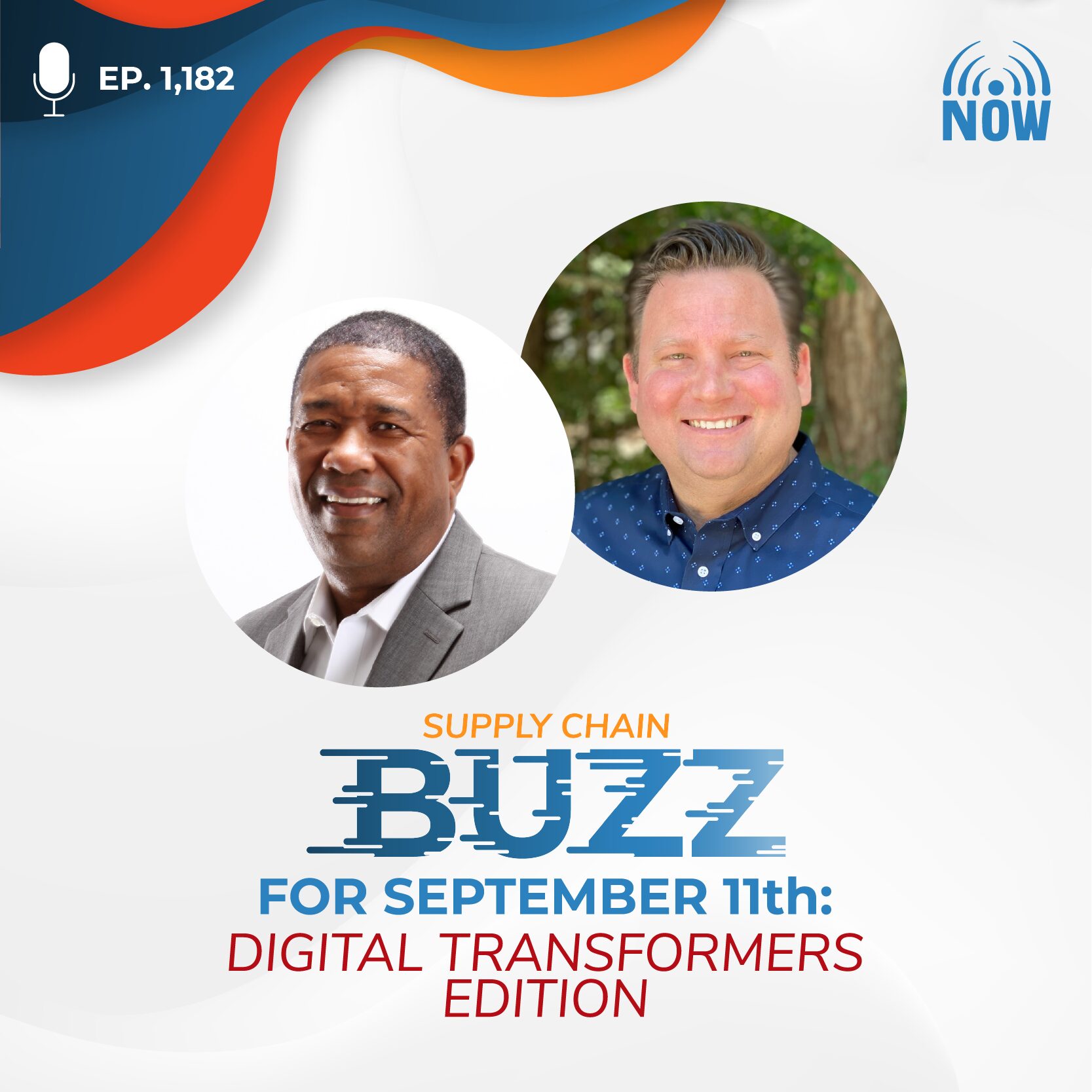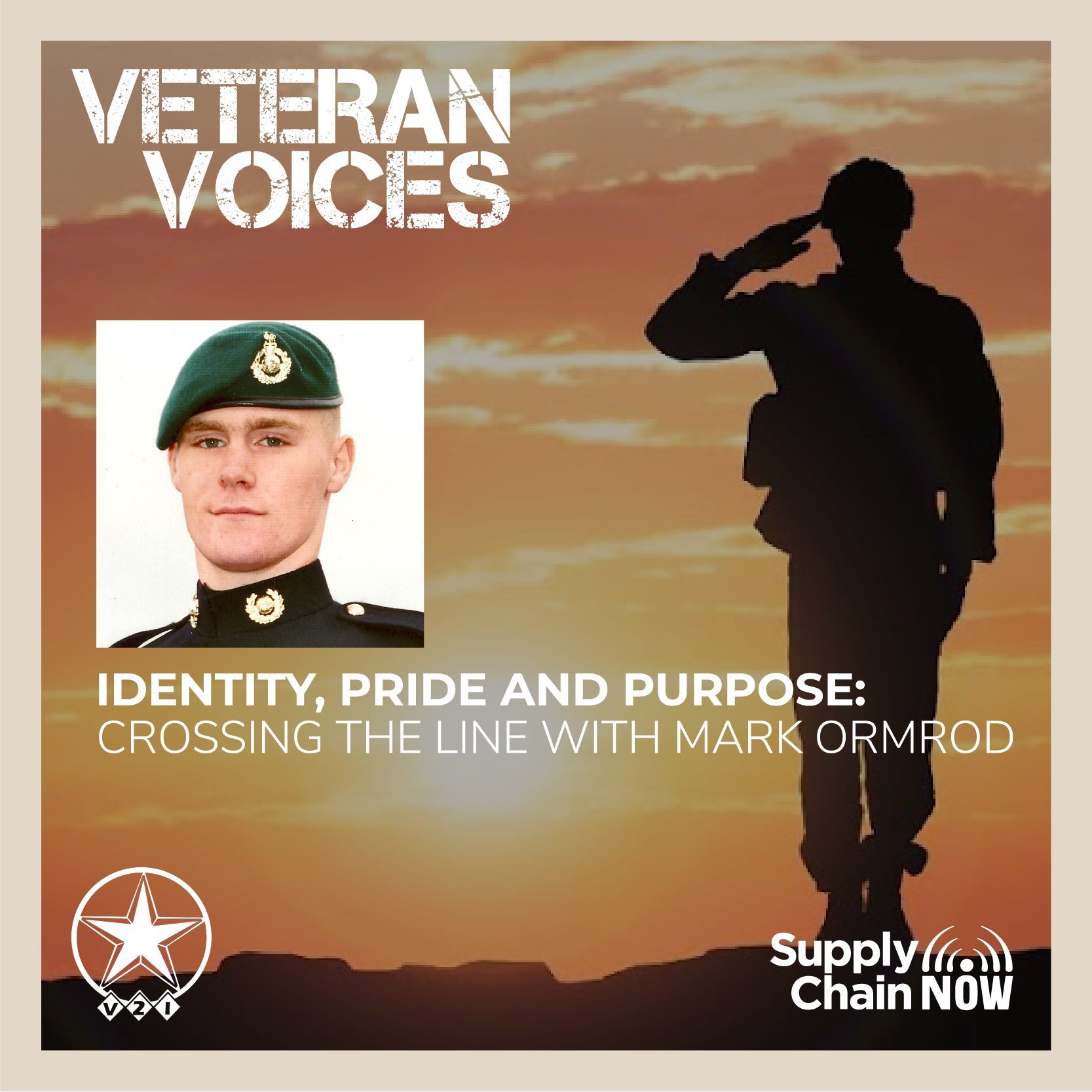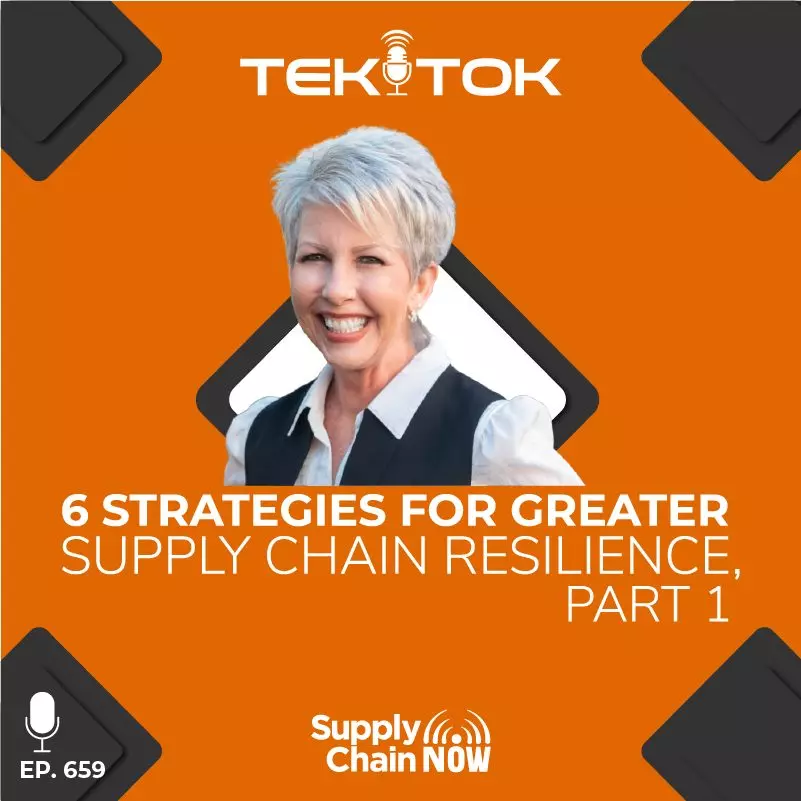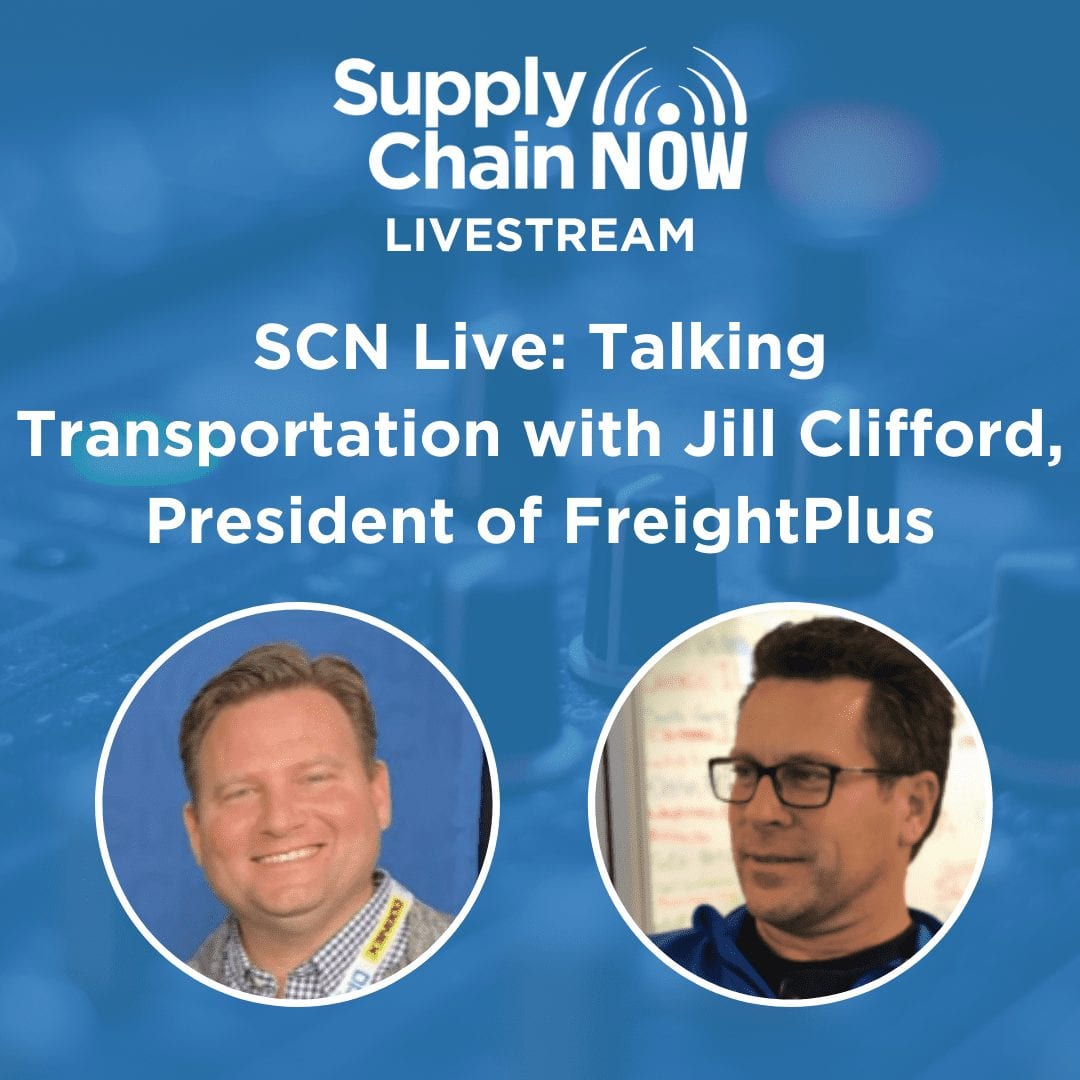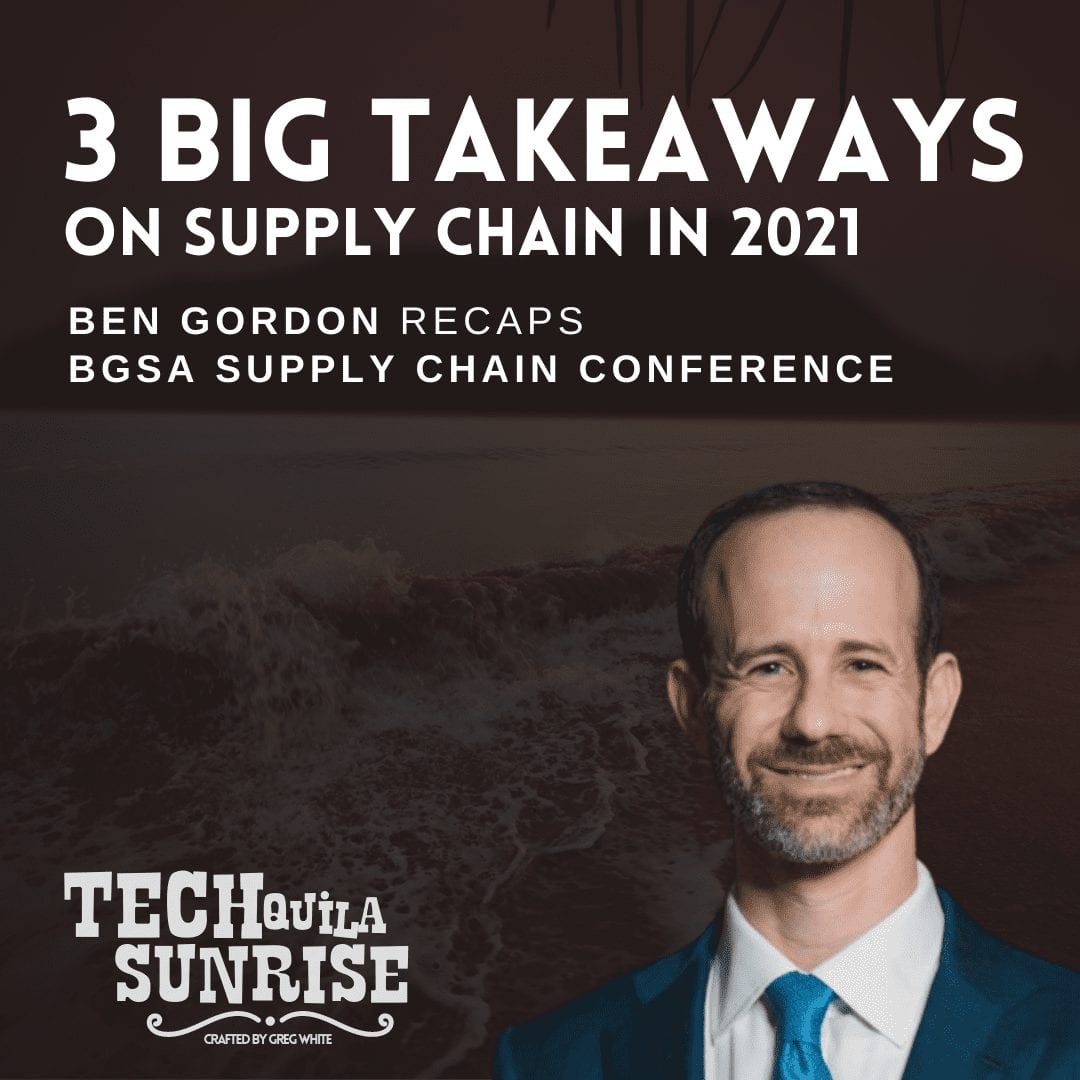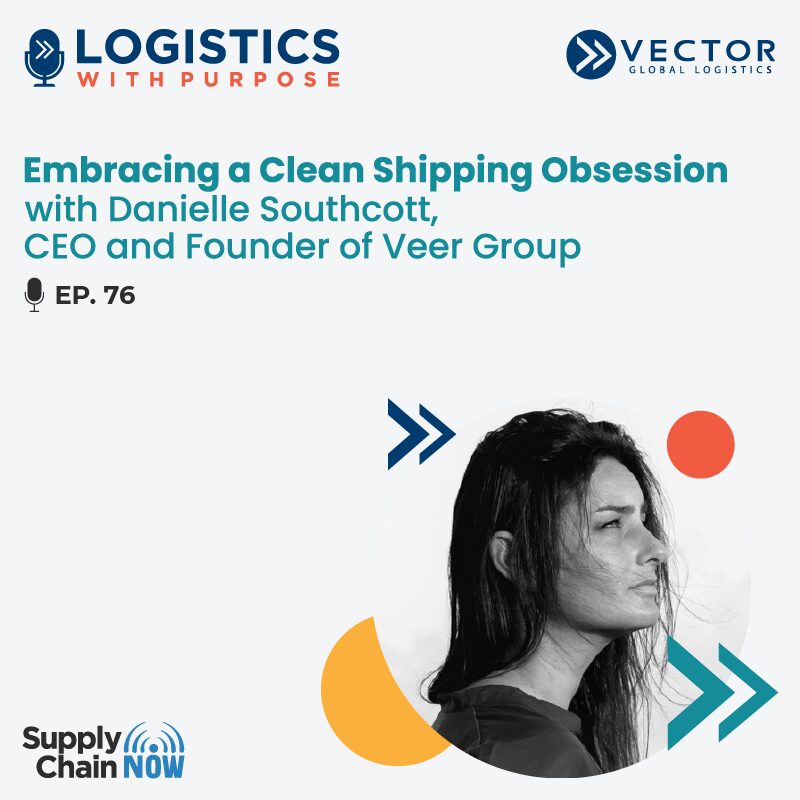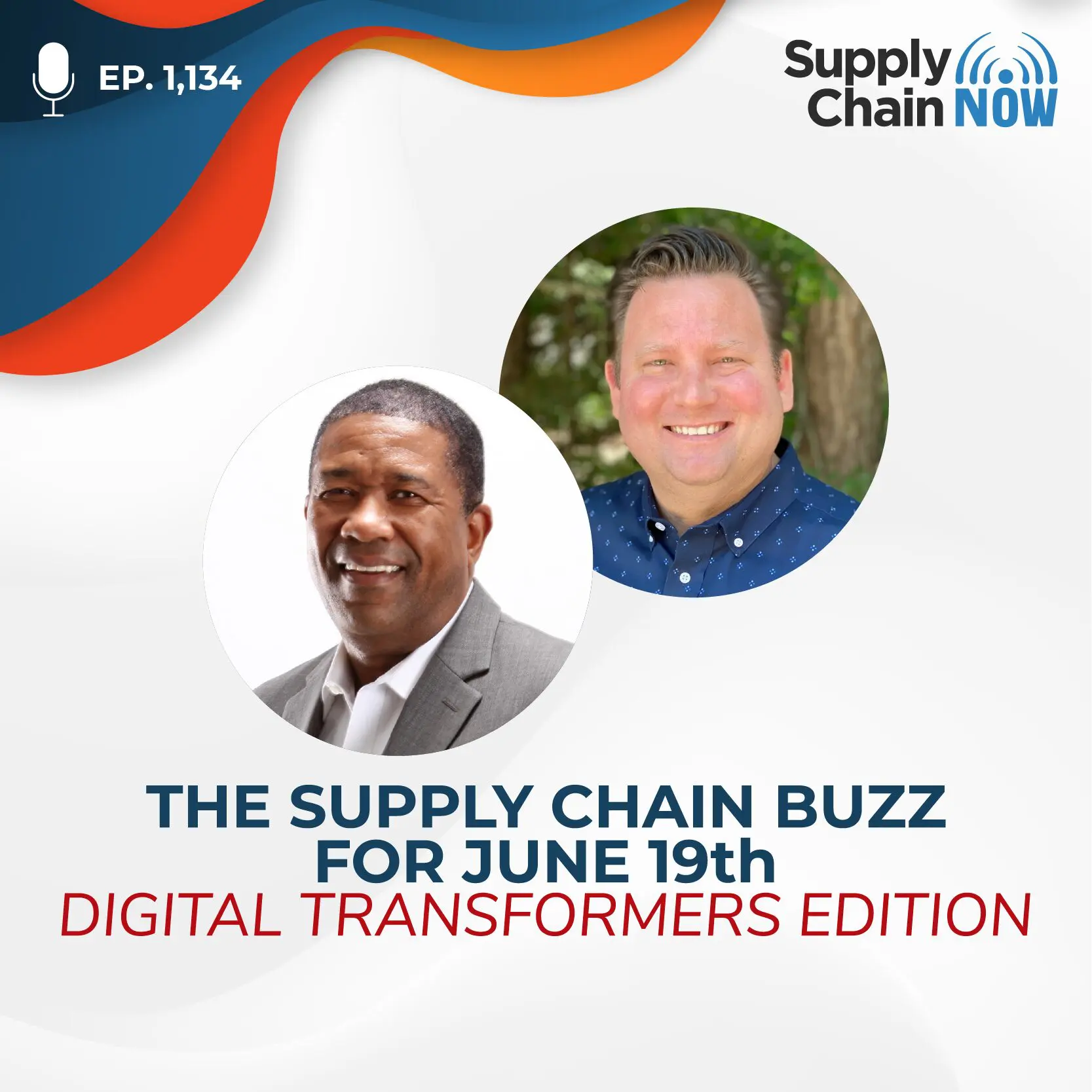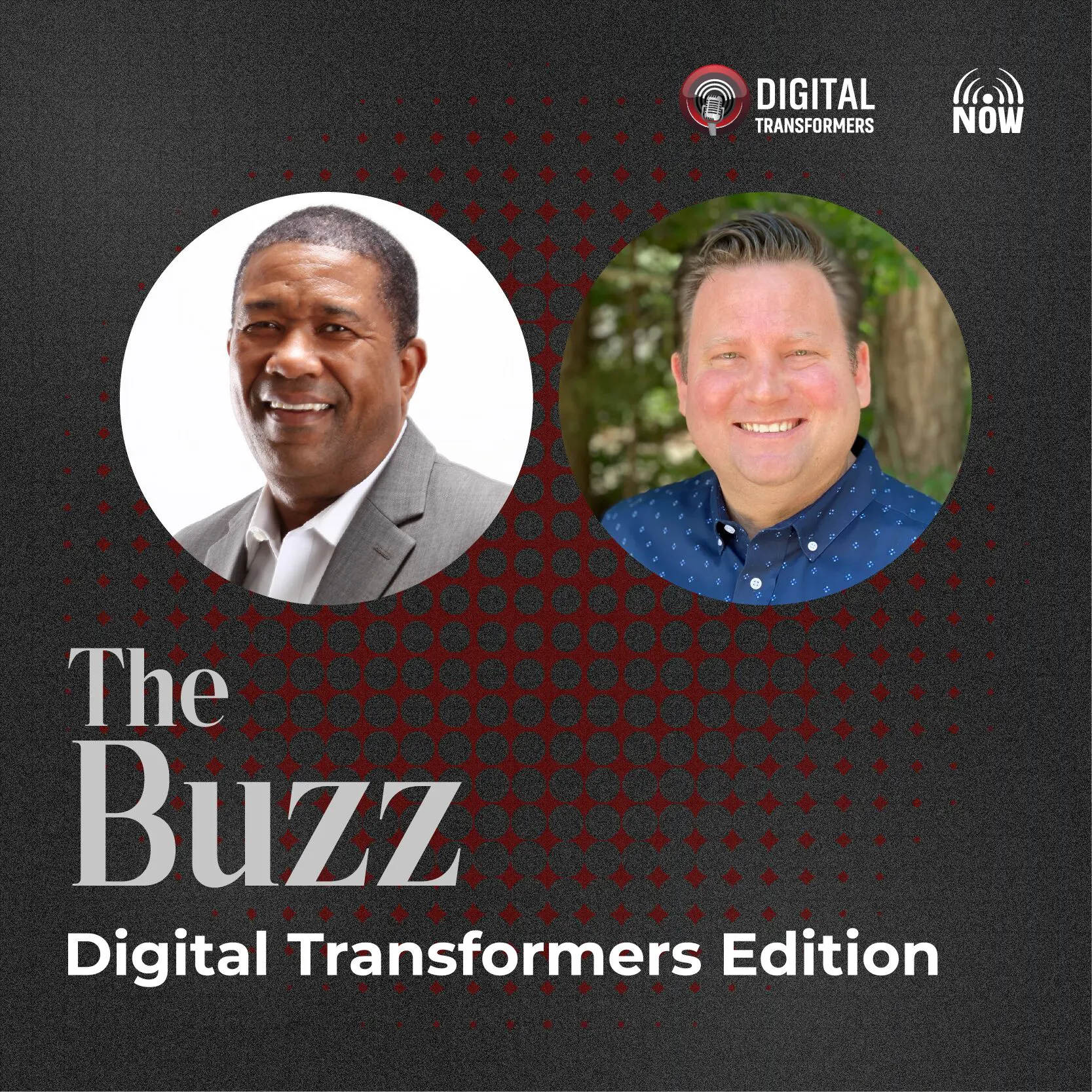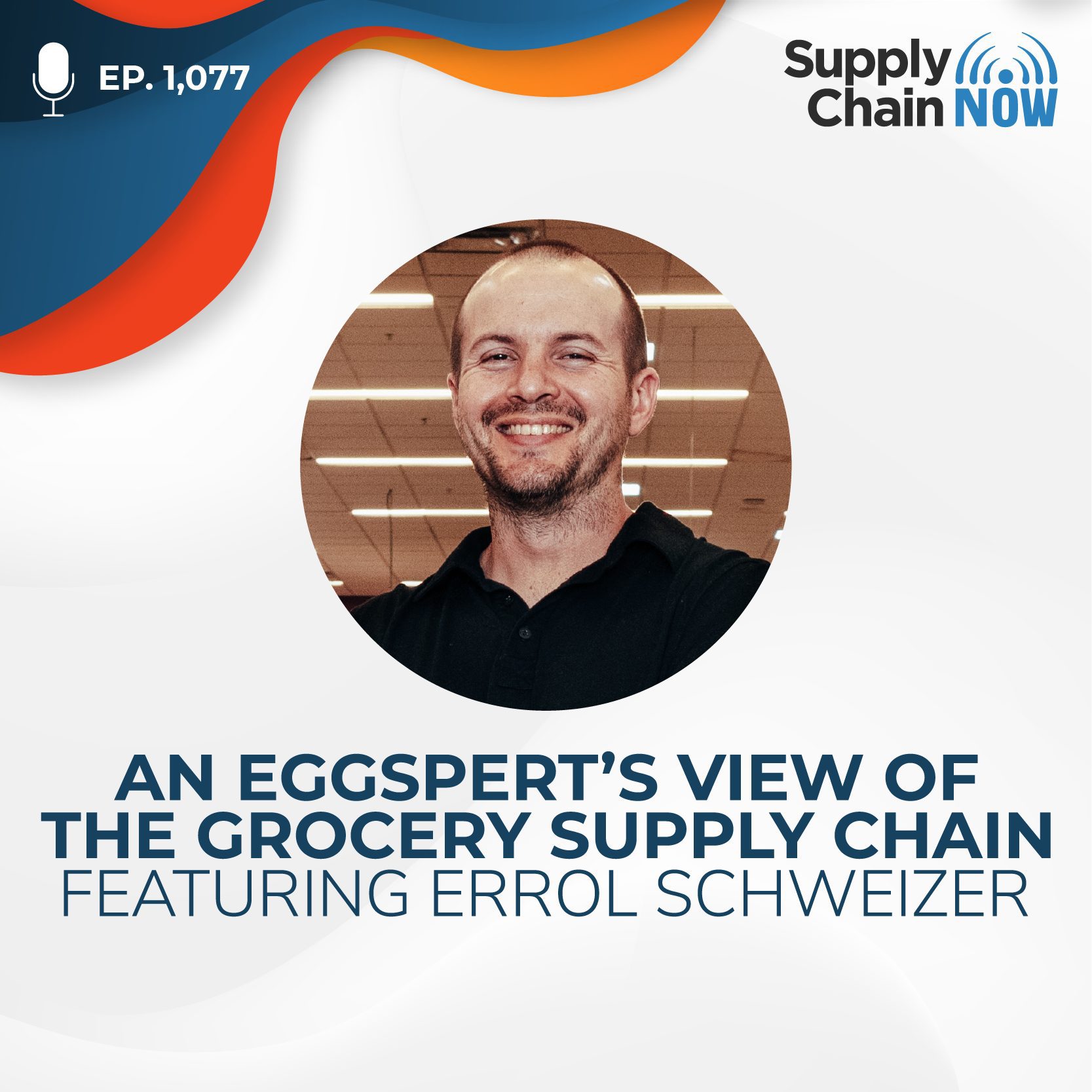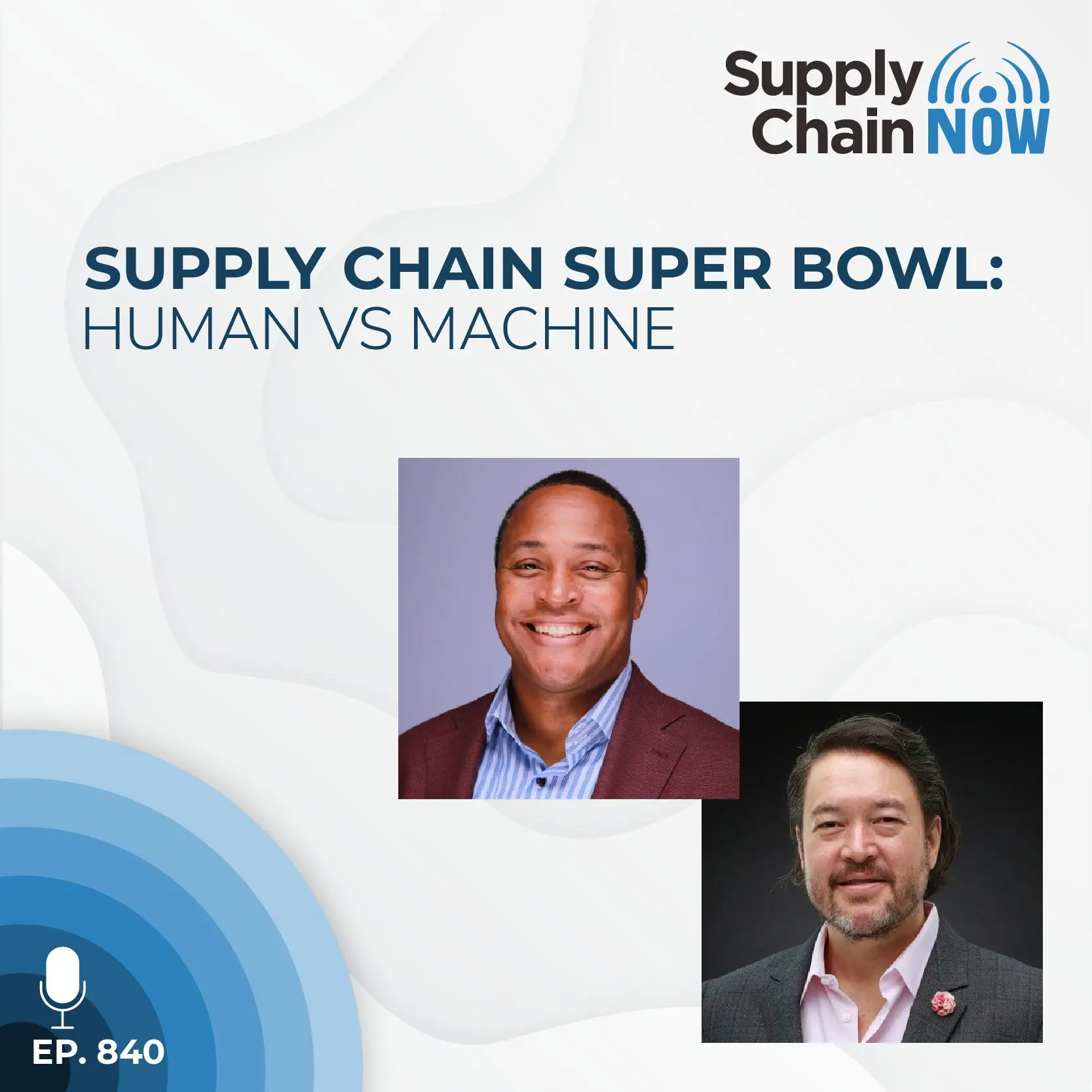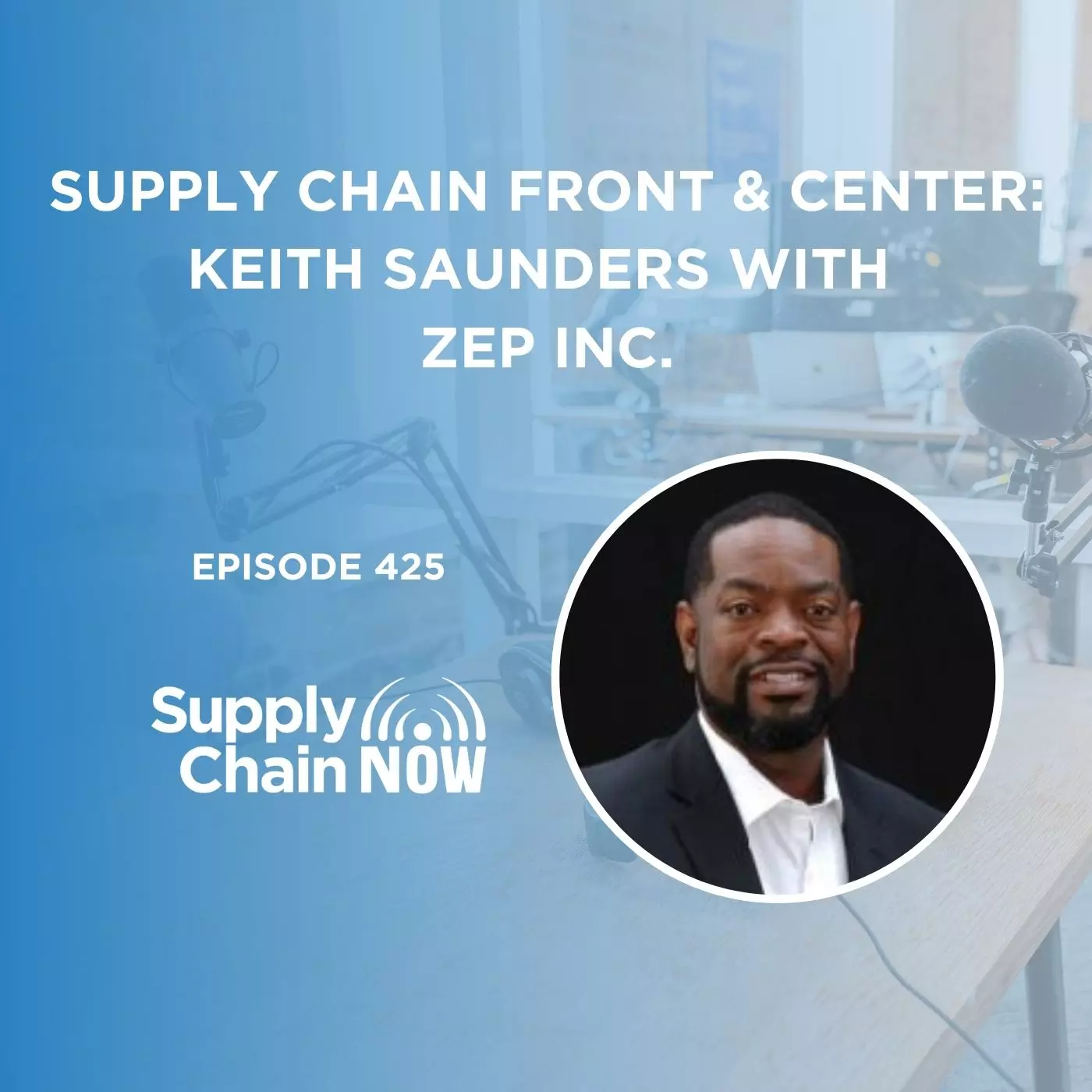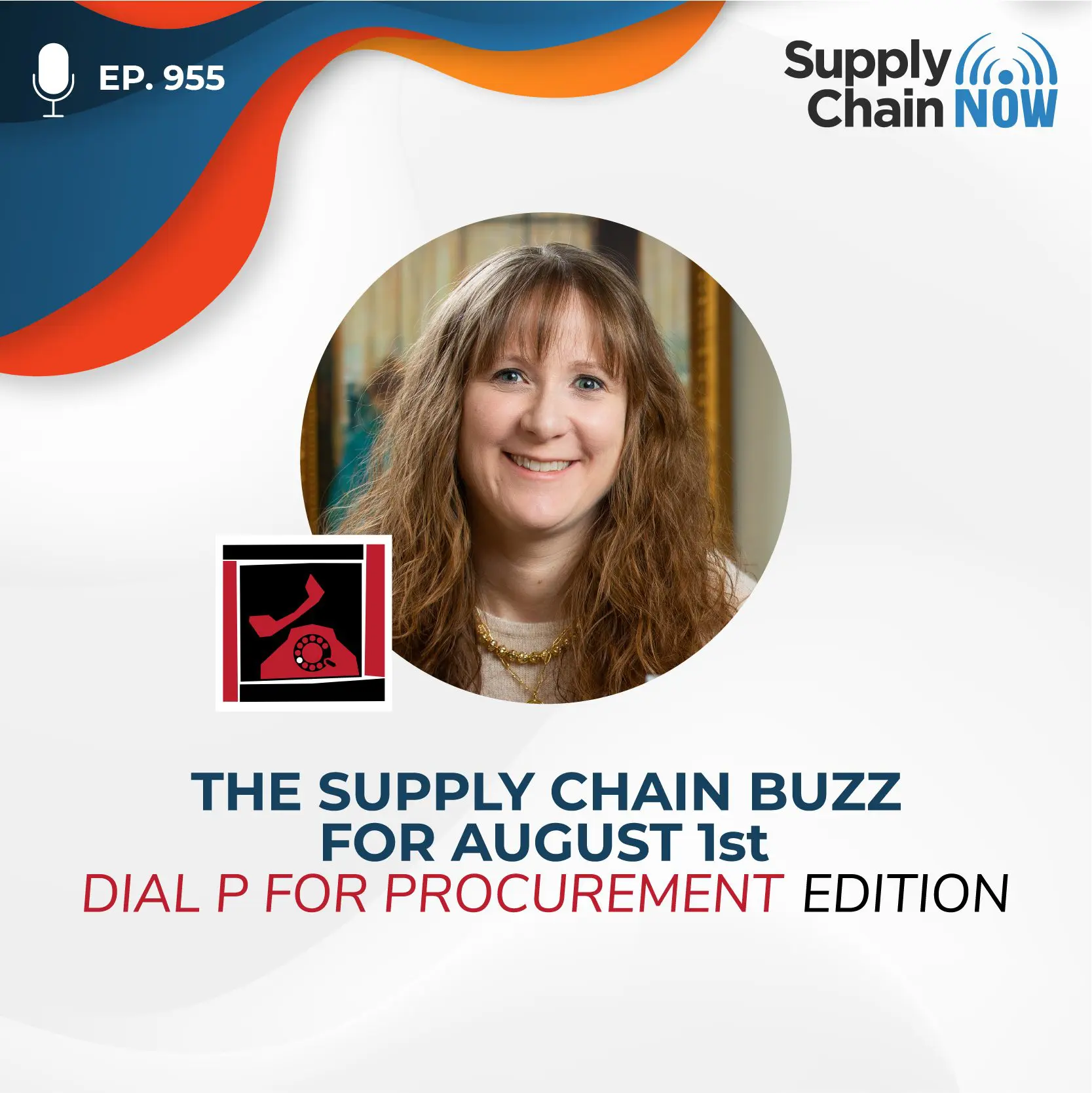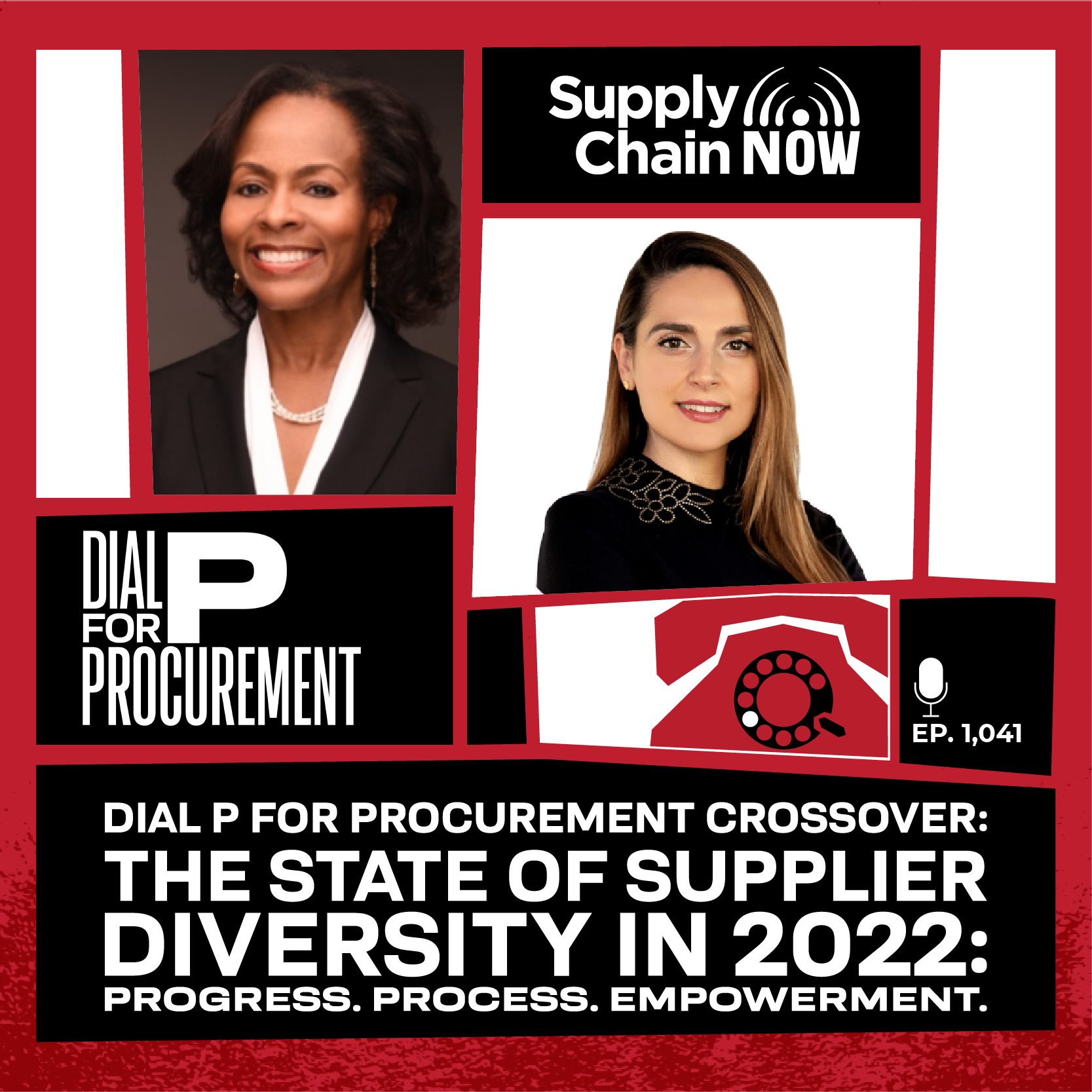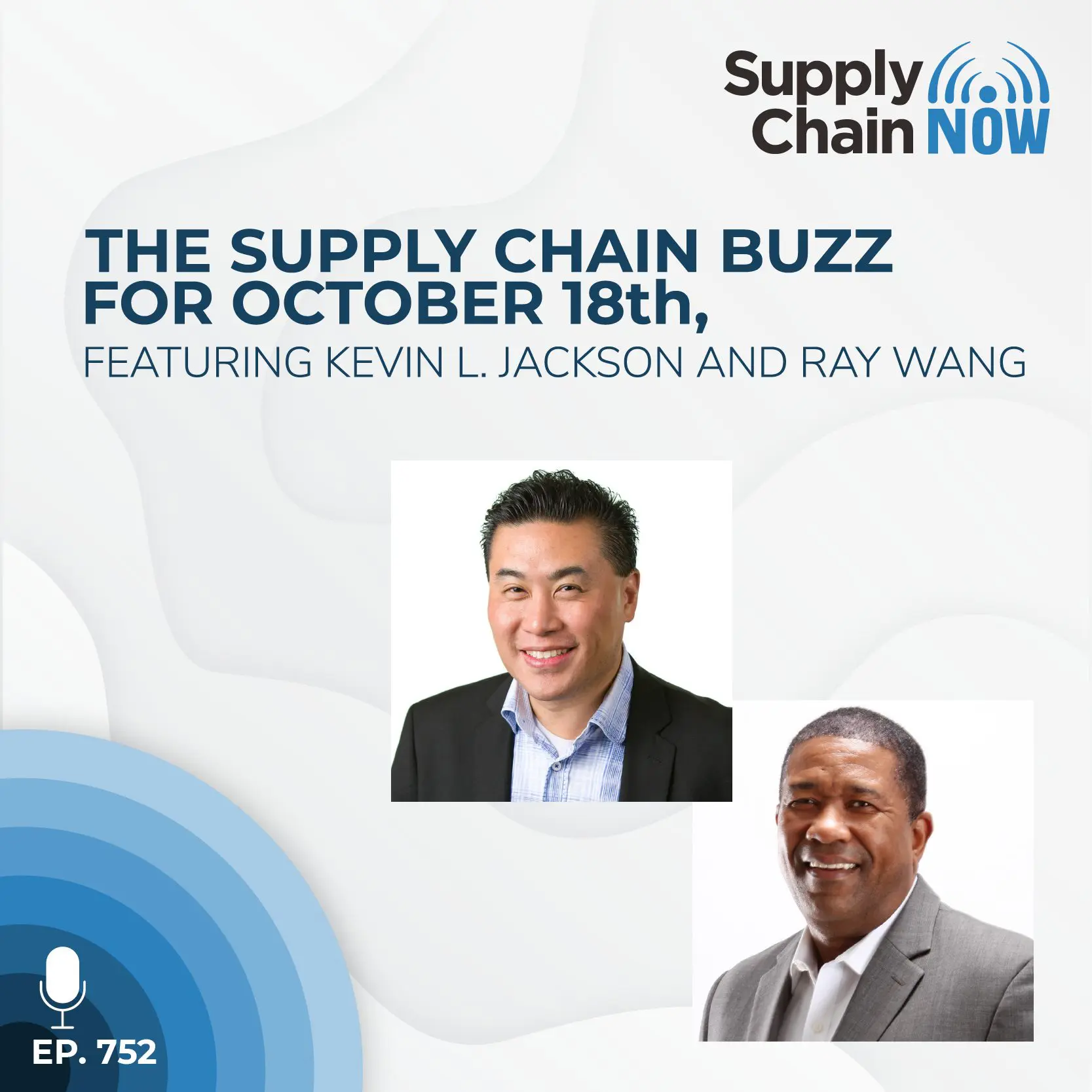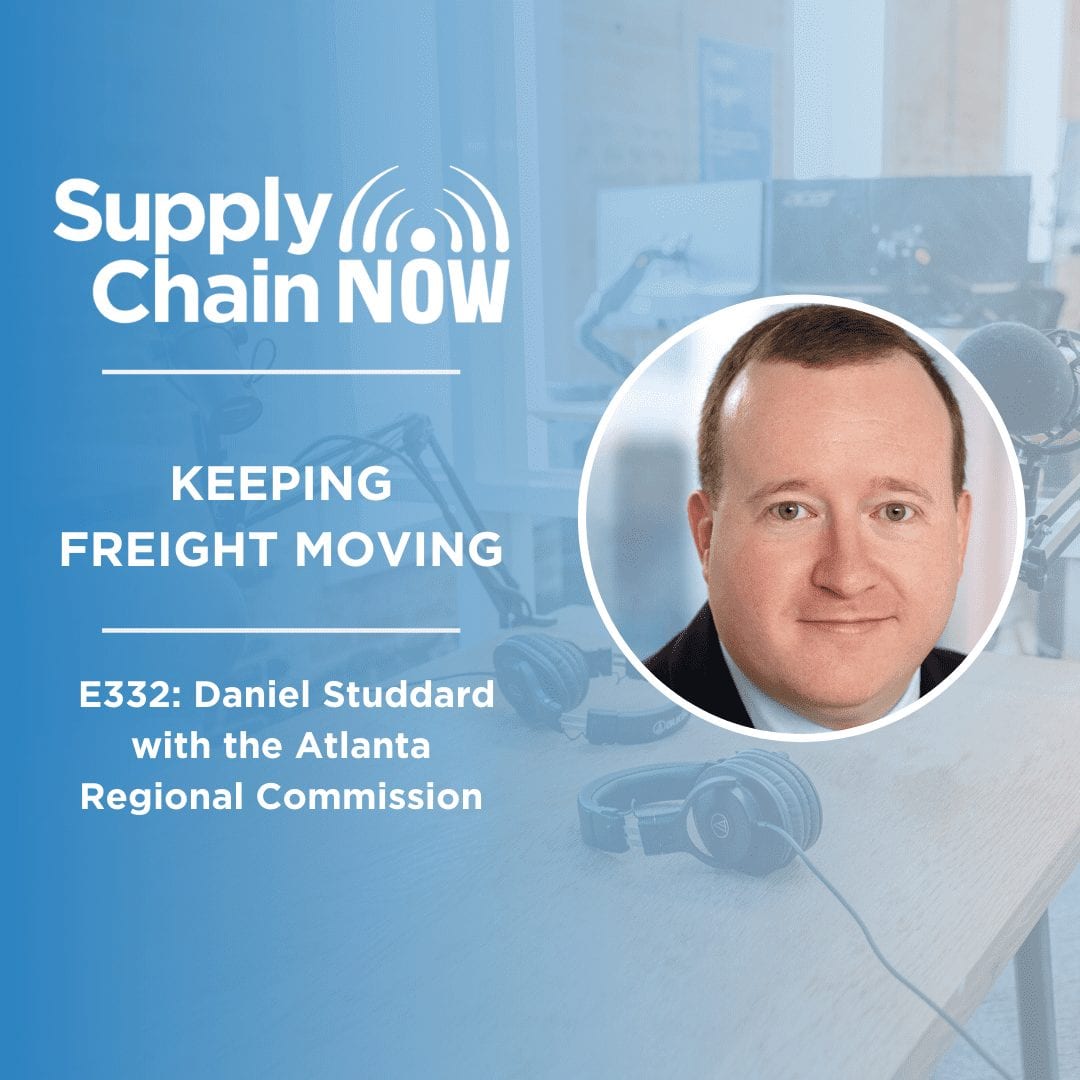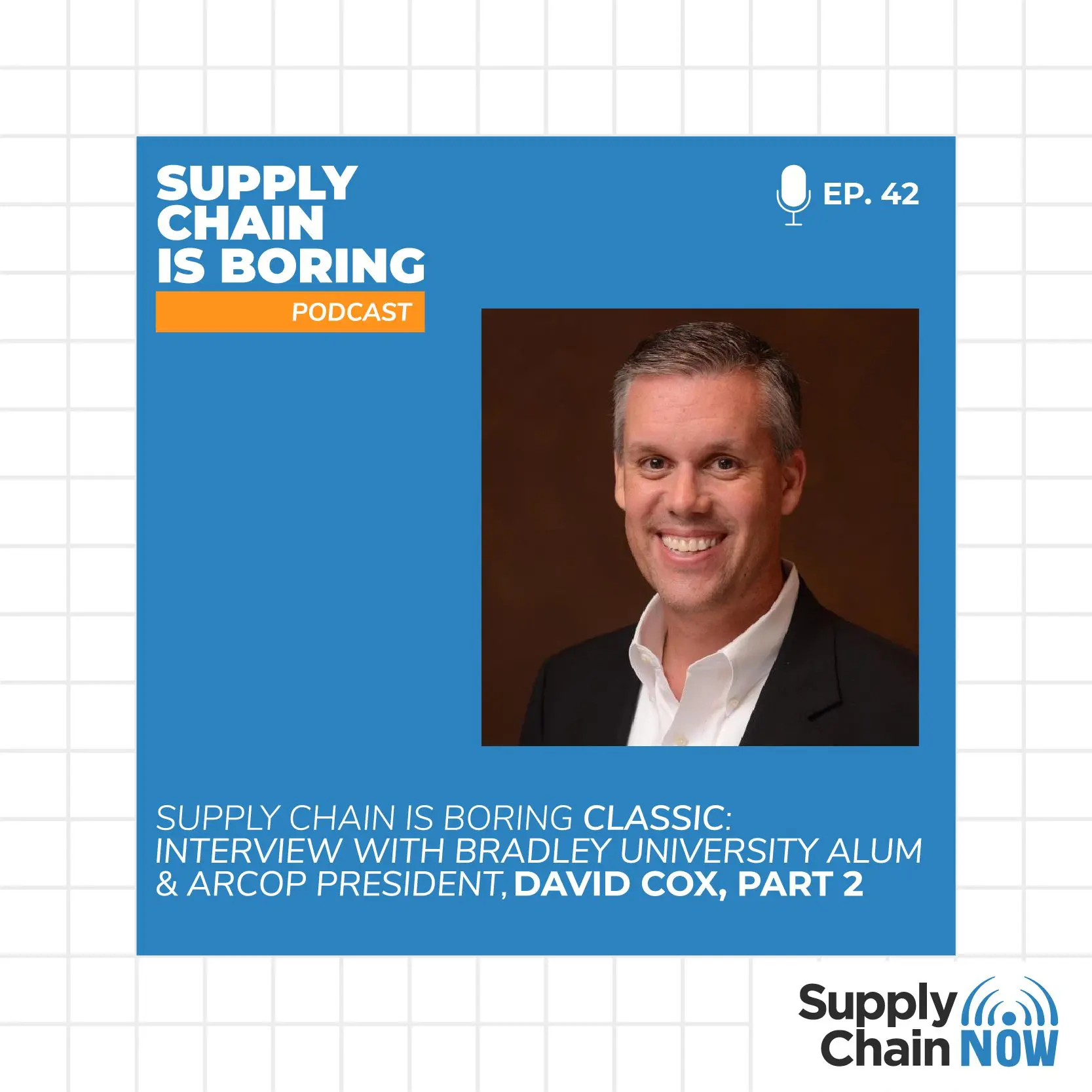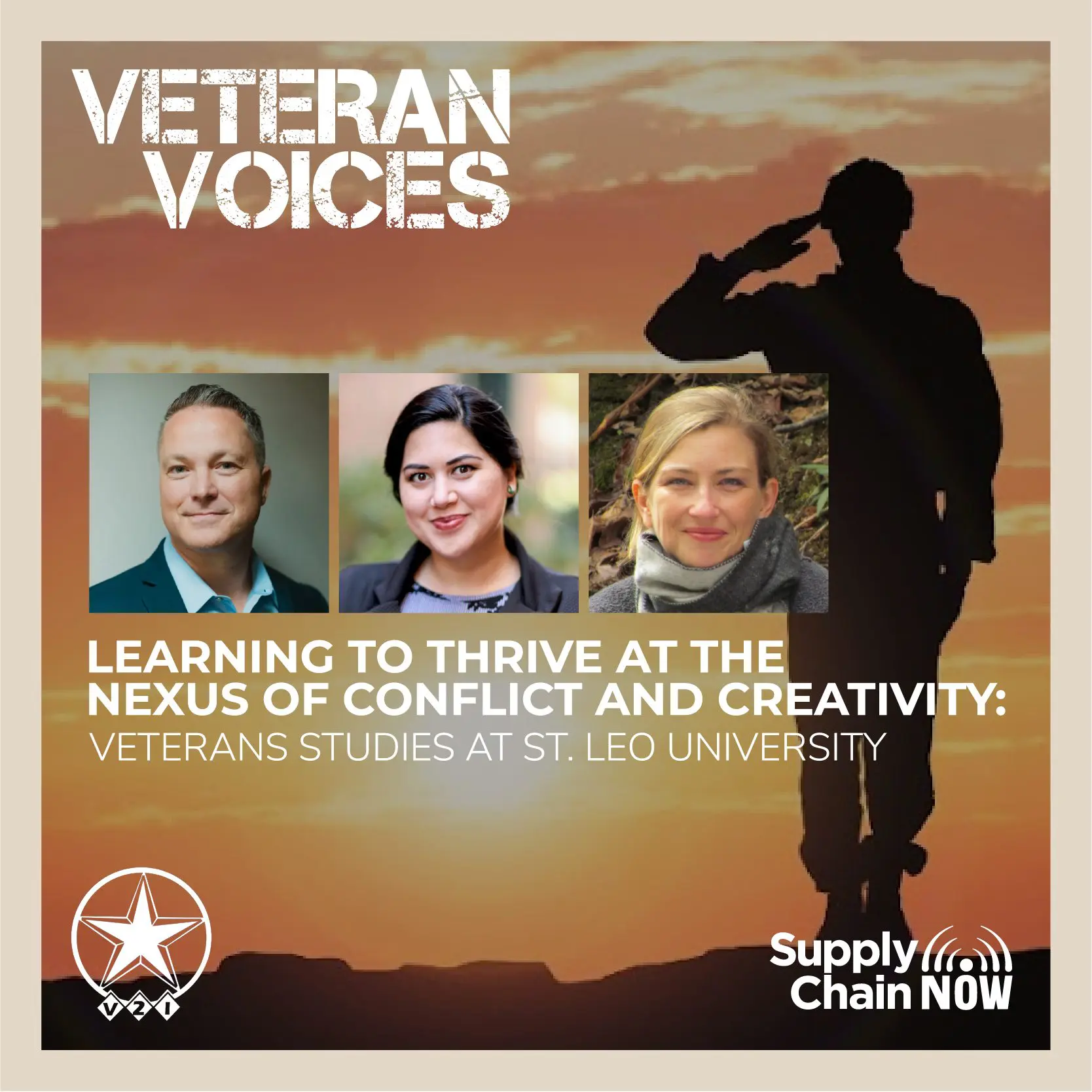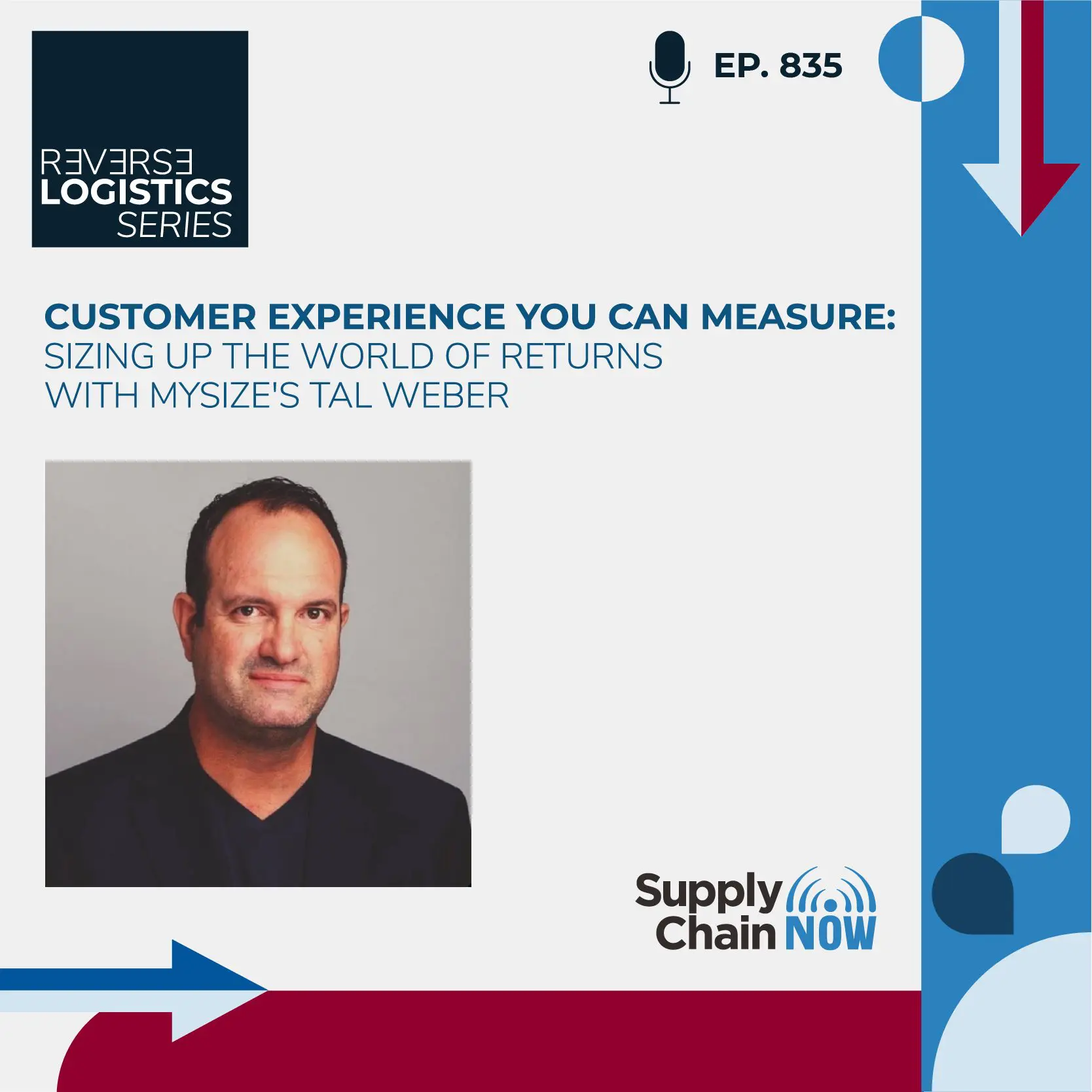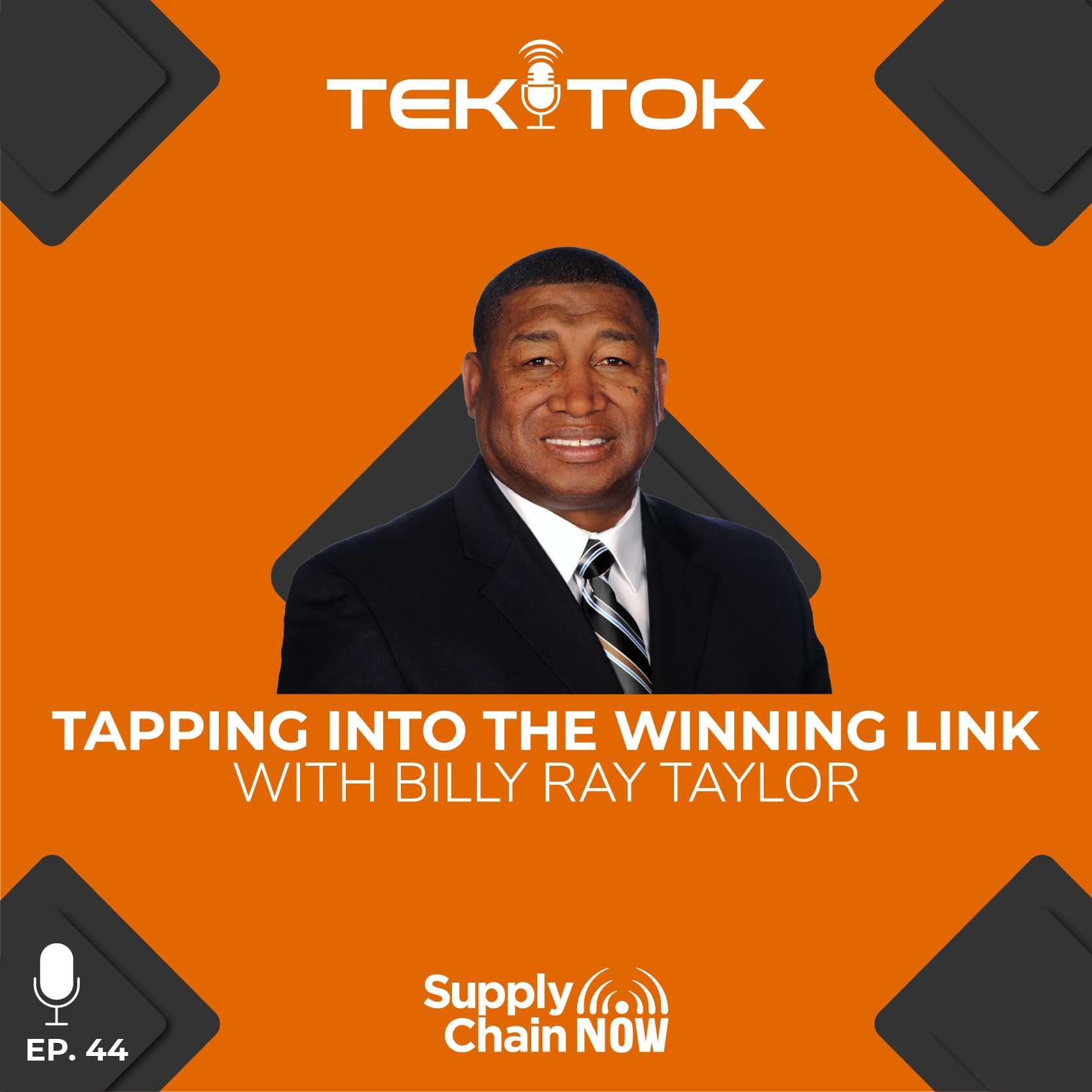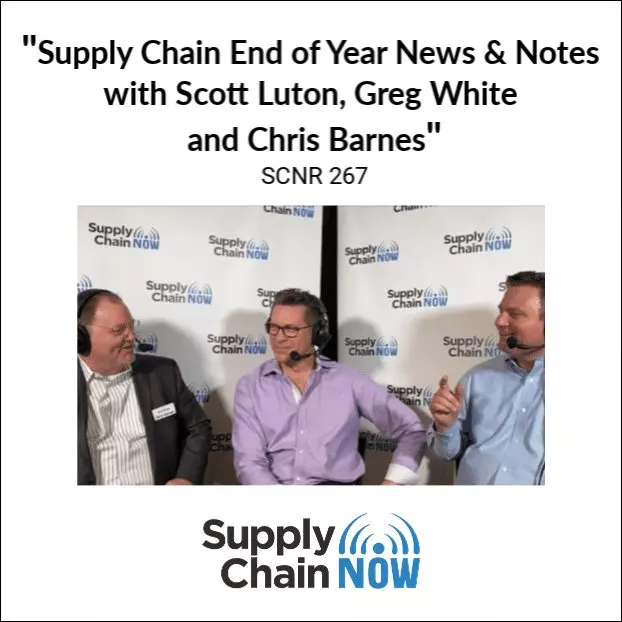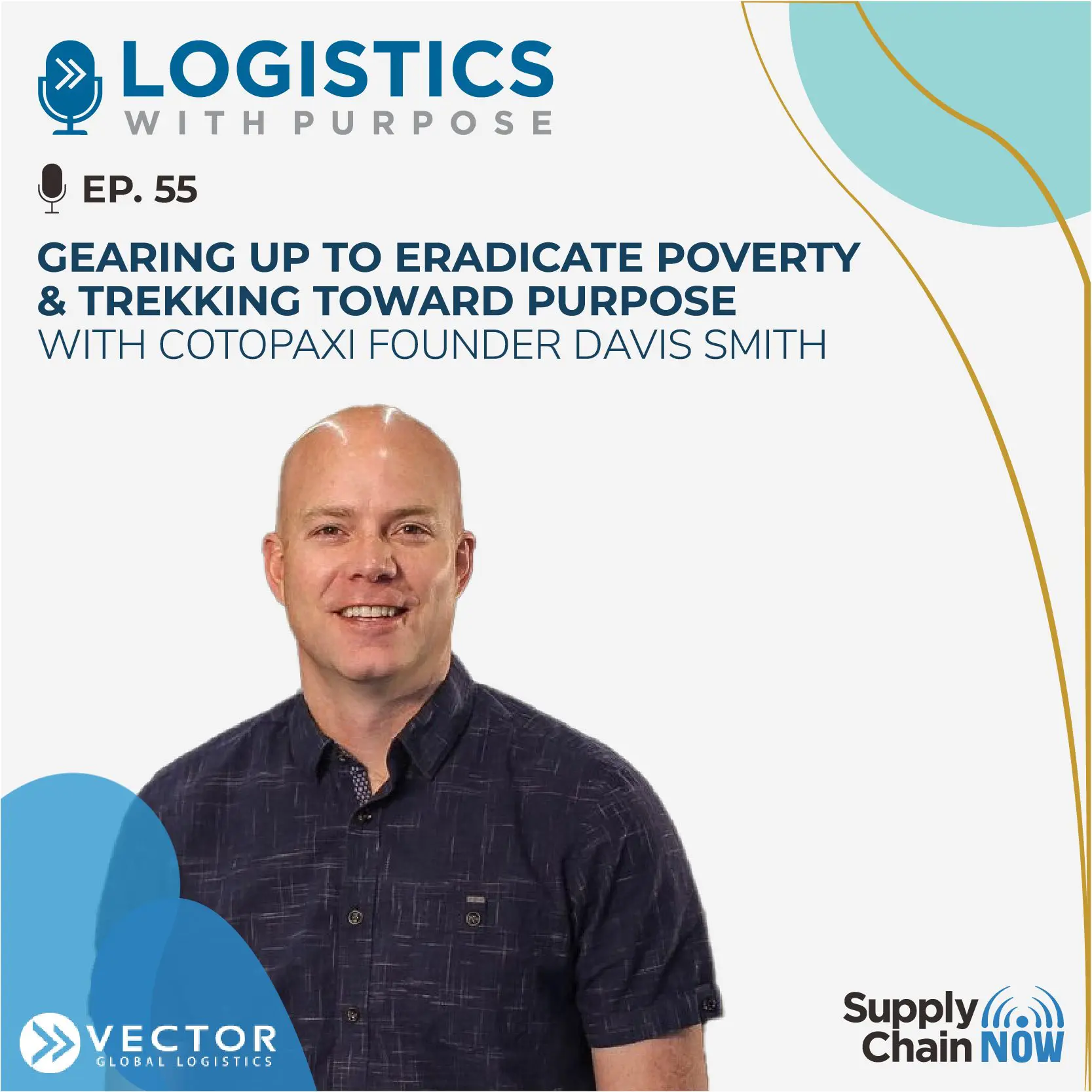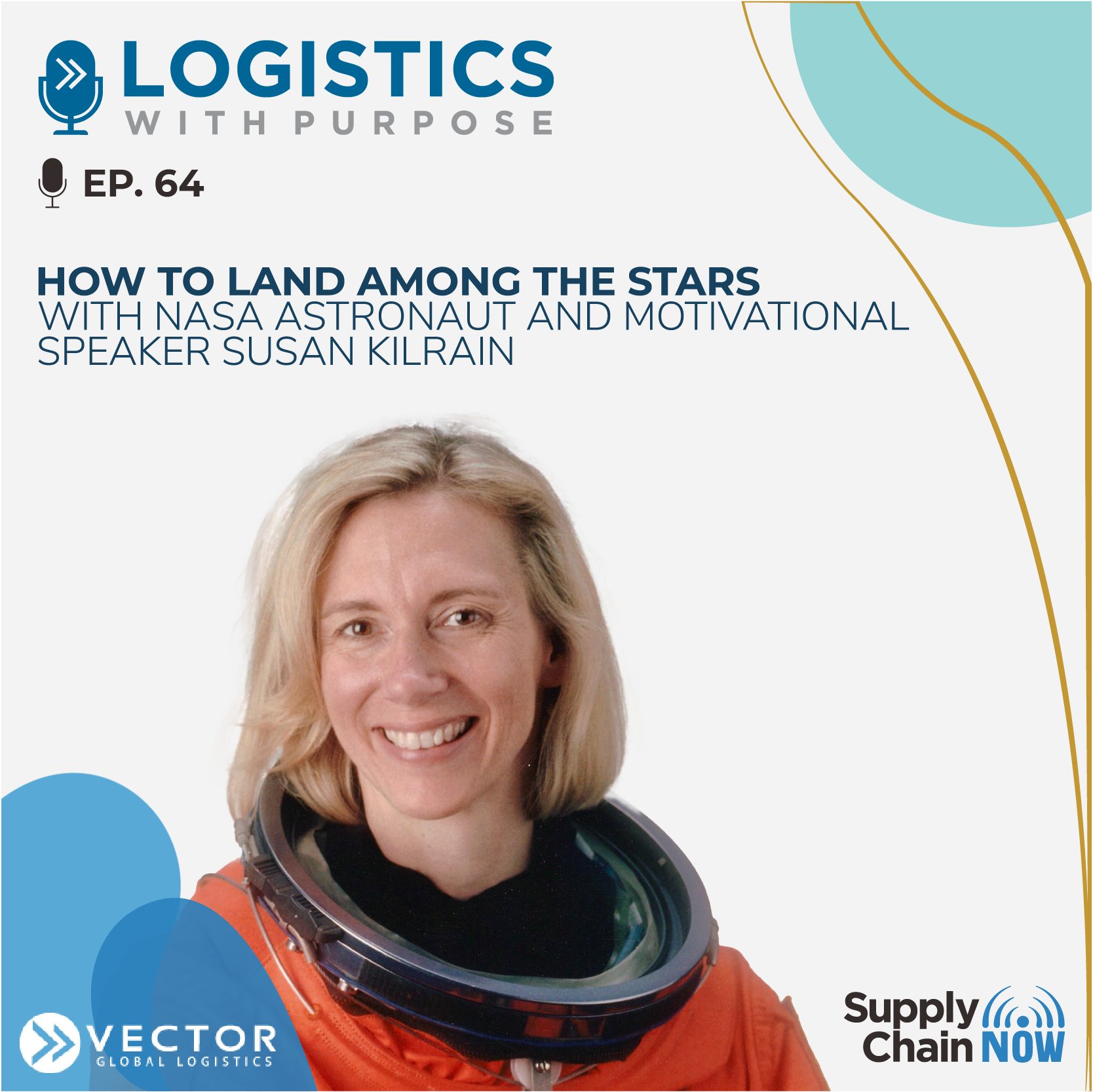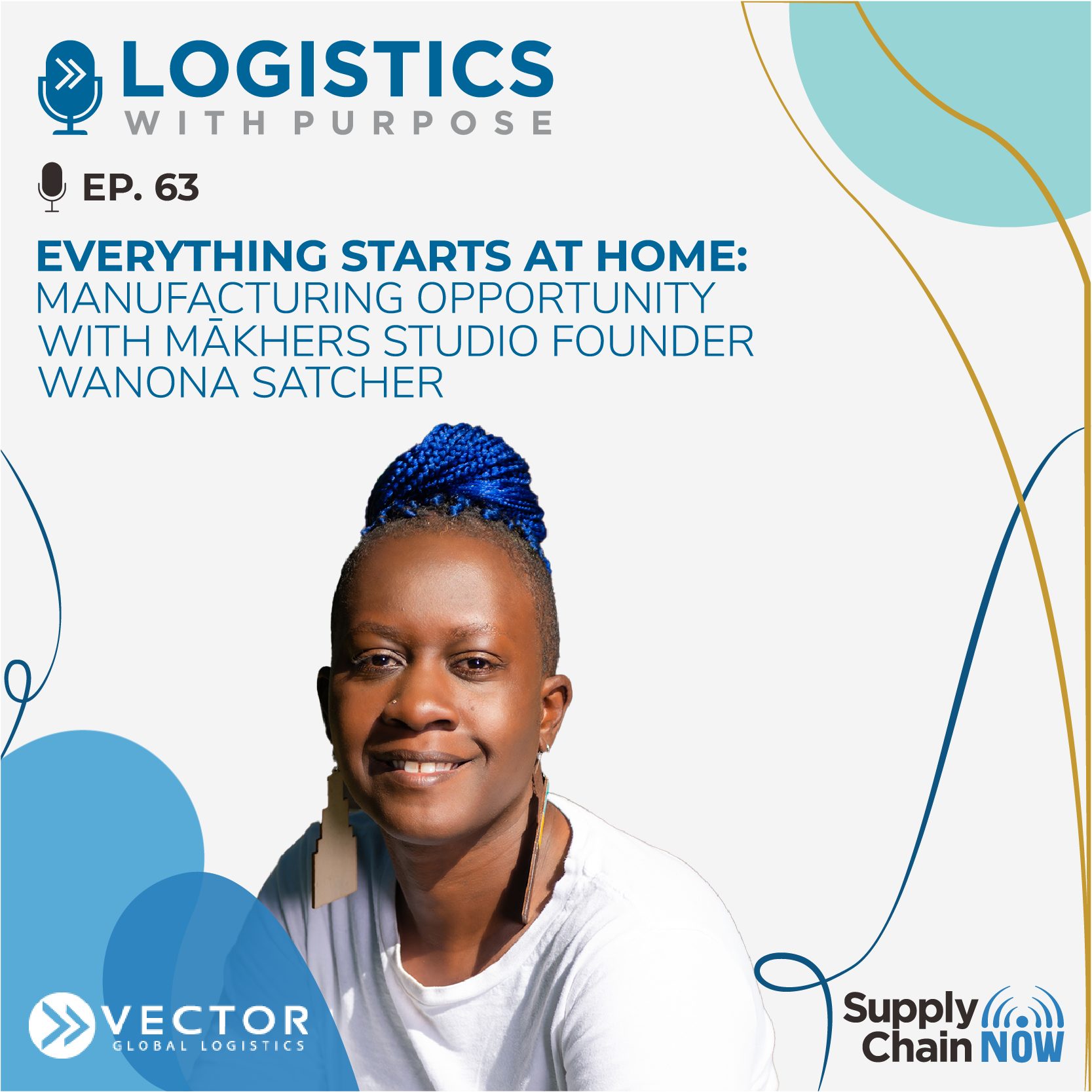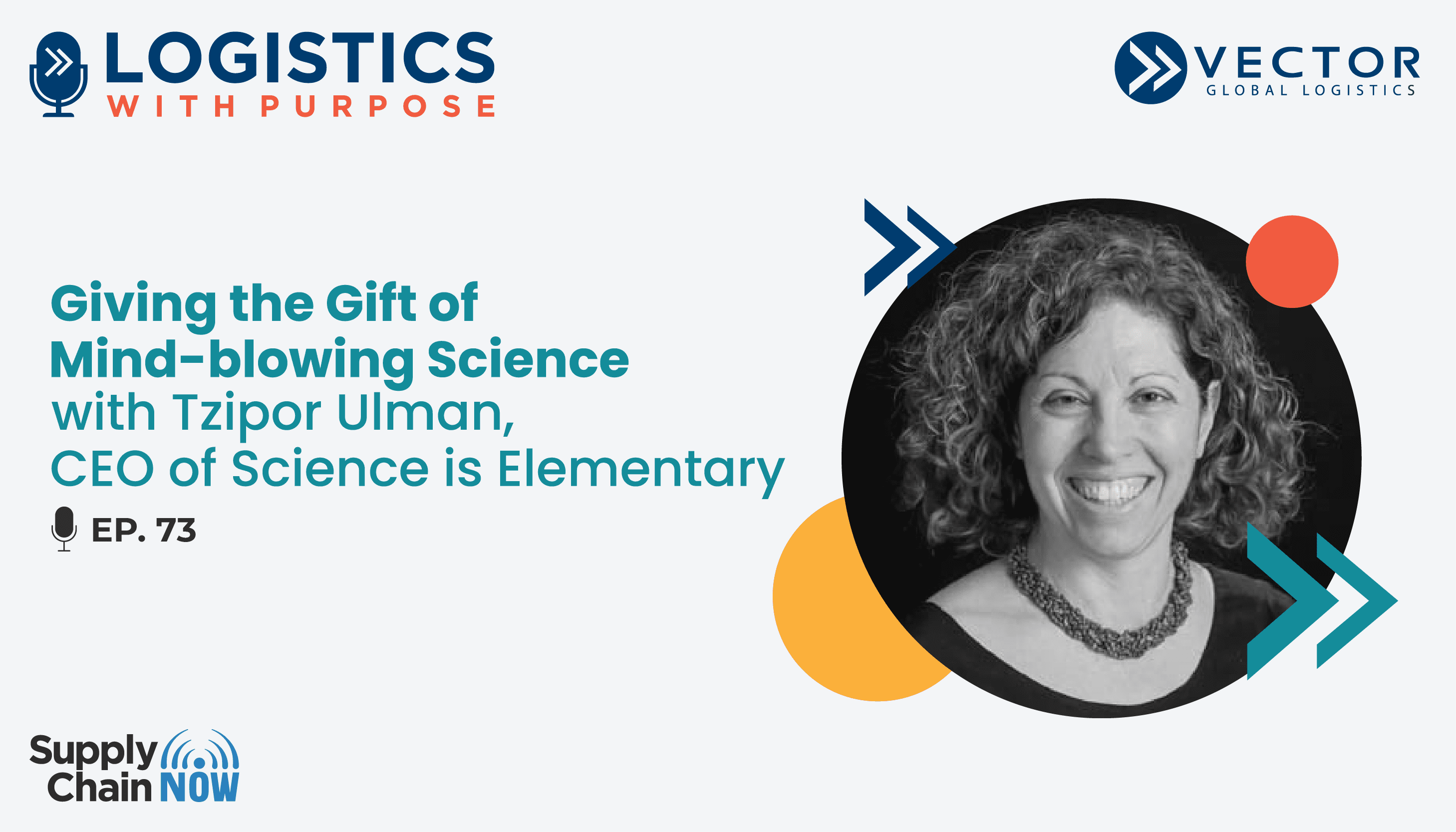
One of the things we do with the children that we work with, in addition to doing fun hands-on experiments and teaching scientific thinking, is giving them examples of other people who have persevered through difficult times in science and engineering. It is really important to say, ‘oh, this person looks like me and they could do it.’
-Tzipor Ulman, CEO of Science is Elementary
Episode Summary
When children are exposed to math and science from an early age, they learn to be comfortable with themselves and develop a self-confidence that expands the future opportunities available to them. This is why Tzipor Ulman founded Science is Elementary (SiE), to bring together children of all backgrounds with exceptional science and engineering mentors. In this episode of Logistics with Purpose, Tzipor joins co-hosts Kristi Porter and Pedro Serafin to share her passion for making science accessible.
Episode Transcript
Intro/Outro (00:02):
Welcome to Logistics with Purpose presented by Vector Global Logistics in partnership with Supply Chain. Now we spotlight and celebrate organizations who are dedicated to creating a positive impact. Join us for this behind the scenes glimpse of the origin stories change, making progress and future plans of organizations who are actively making a difference. Our goal isn’t just to entertain you, but to inspire you to go out and change the world. And now here’s today’s episode of Logistics With Purpose.
Kristi Porter (00:34):
Hi, and welcome to another exciting episode of Logistics With Purpose. I am really thrilled to talk about, um, today’s guest, to speak with her, to learn more about her. We’re just getting to know her at Vector. So when we heard about her mission, we thought everybody needs to hear about this mission. So we’re so excited to have her on here. But before I get to her, before Pedro introduces her, we don’t often get the, the chance to share the same screen with Pedro Serafin. Pedro, how are you?
Pedro Serafin (01:00):
Hey, how are you guys? Nice to be here on the show. I’m doing great. I’m very happy to have here in support here, uh, in this, uh, podcast interview to get, uh, to know her a little bit better. Nice to meet you. And, um, yeah, I’m excited for today’s episode. Yeah,
Kristi Porter (01:16):
Me too. Well, thank you. Um, Tzipor Ulman, founder and c e o of Science is Elementary. Um, what a great title. There’s already a lot to unpack in there. Um, science was never my forte, so I’m excited to hear about it For more of a subject matter expert, it was one of those things I was really interested in, but didn’t have much of an aptitude for. And it sounds like you were helping more kids get that, um, at an early age. So we’re excited to have you on here. Science is elementary. But before we get into your current mission, um, let’s talk a little bit about where you grew up in your childhood. Where, where did all this come from? Tell us about your early years.
Tzipor Ulman (01:53):
Yeah, thank you so much, Christ, Pedro. I’m so excited to be here and appreciate this opportunity. Um, I grew up in Israel primarily, and my father is a chemist. He was a research chemist initially, and then became a chemistry professor. And my mom is a math teacher. Wow. So I kinda grew up right in this really deep math and science household. And one of the things that was really great is that when I was growing up, there were a lot of math games or logic games that were available to kids. And, um, and so just kind of getting that experience in a really fun way that was really, that was really exciting. Um, and then when I was in middle school, we moved to the United States to, uh, upstate New York, shout out to, uh, to Rochester there. And, uh, had a really fantastic high school experience. Um, and so between having that experience in Israel, um, and then coming to the United States, um, and learning, like kind of having that cultural <laugh> Yeah. Um, of coming over. But, uh, really like that love for early love for math and science was really something that was
Kristi Porter (03:03):
Big. Okay. So you are not the kid who rebelled. So I, I, you know, I think we all have stories of both, like, my parents wanted this, or my parents were really interested in this. And sometimes we go the same way, and sometimes we go the polar opposite direction, maybe at a rebellious word, just outta sheer, you know, different personalities. So it sounds like you were on the same path and the same love that they were.
Tzipor Ulman (03:24):
Yeah, absolutely. And I think part of it is definitely an interest in showing the real, like the joy of it, right? Learning math through games is one of the best ways to learn math as a young child, right. Because it’s fun and it’s exciting. Um, and then going to, having that early exposure to scientists, going into those science slab and seeing all those cool things that were bubbling and the oddly shaped and interestingly shaped glass, you know, jars and, and things like that, and the different colors, and frankly, the smells of the chemistry lab, right? Those are things that, that it just shows why early exposure is so important. Um, and I have two brothers, and neither of them ended up in math or science. Right? So it’s like we were saying everyone, right. But I, I just think that had I not had that exposure Yeah, right, then, then, um, that would’ve been more difficult.
Tzipor Ulman (04:26):
Right? Yeah. That’s not to say that you have to grow up in a math and science high to, to become a scientist, but, but it really shows the importance of early exposure and having adults in your network and in your family’s network who are scientists and engineers so that you can see scientists and engineers around you and, and see that representation. Um, and and another thing that’s really great about Israel at the time and then even now, is that women had careers, right? My mom was a math teacher, right. And we knew other women who, um, who had, who were nurses. And, and so just knowing that there are opportunities right. For women to do a lot of interesting work outside of the home if they choose to do that. That was another great example.
Kristi Porter (05:15):
Oh, yeah. That’s, uh, that’s a good point. That’s absolutely true. So I have not had the pleasure of visiting Israel. It is on my list. I want to go there. Um, but what is it like growing up there, what you say? Was that very common, as you’re saying, that was a little bit different to see women represented in careers like that, but was that common there? What was kind of the experience of childhood, like growing up there?
Tzipor Ulman (05:38):
Yeah, so growing up in his own, the seventies and eighties was just a phenomenal experience. You know, we didn’t, everyone, so Israel started out as a socialist country, right? And so there were five of us living in a 900 square foot apartment. It wasn’t, you know, we weren’t like, we weren’t rich. We, we weren’t super well off, but we weren’t hungry. Mm-hmm. <affirmative>, but everyone was like that, right? So you didn’t feel like you were missing anything. And, um, you know, we walked to school, we walked to our afterschool activities, we played outside. Um, you know, there was so much opportunity for being outside, being independent, doing things on your own, and, uh, taking the bus on your own to, to go to the grandparents, um, taking care of siblings that are, you know, 8, 9, 10 years younger, and really having the opportunity, you know, with responsibility.
Tzipor Ulman (06:32):
Um, you, you grow and you mature, right? And so, um, right. And so being able to do that, um, was really, it was just fantastic and being able to be outside so much. Um, and then in terms of, uh, in terms of women, right? Um, being, having careers outside of the home, they were, at the time in more, most of the moment, more traditional careers that we would think of for women back then. Sure. Right. Nurses, teachers, although one of my friend’s moms was a lawyer. Um, and so seeing that, um, really was like, oh, yeah. Like this is what women do, right? Women have children, they love their children, they take care of their children, and if they choose to, they can go and have a career, right? Um, and, and again, like having that, those role models, that’s another thing that’s really, you know, that kind of is important early around, is having those role models so that you can see that there are different ways of being, um, and different things that you can choose to do with your time. Mm-hmm.
Pedro Serafin (07:39):
<affirmative>, that’s very inspiring. And also to get, um, that culture shock, right? I mean, from living for Israel back to the US and to see all the opportunities, I imagine. Um, well, tell us a little bit of a story that you could say that shaped you and who you are to become, um, what you are now.
Tzipor Ulman (07:55):
Yeah. So, um, I alluded earlier to going to a chemistry lab, right? And I just, I have such strong visceral memories of being in those labs and, um, watching the people do things and, um, the smells. And it was just so neat to be able to go and be able to mix things and see what happens when you do that. Um, and walking, you know, it’s just, that was such a, such an important thing early on. Um, and then the, the math game that I mentioned, you know, when I had kids, I was looking for things like that in the United States, and I couldn’t find them. And so I actually asked my friends in Israel to send me some of those math games and logic games because they were just so much fun, right? Um, and so my kids grew up with ’em as well. And, um, and so that’s something that, um, both of those things, the math games and, um, and the chemistry lab were really important to me.
Pedro Serafin (08:52):
Okay. And so at what age, uh, did you enter this, uh, uh, chemistry lab? So like, what age are we talking about, just to get an idea,
Tzipor Ulman (09:01):
Uh, in Israel? So, um, so you’re asking what age was like the chemistry lab, or what, uh,
Pedro Serafin (09:08):
Like how old were you when you got this experience?
Tzipor Ulman (09:11):
Oh, so the math games was from very early on. Okay. Some of them were toddler games, um, and the chemistry lab was definitely in, you know, early elementary and then in late elementary.
Pedro Serafin (09:23):
Okay.
Kristi Porter (09:23):
Definitely a place you’d not usually see kids. Yeah. <laugh>.
Tzipor Ulman (09:27):
Yeah. <laugh>. Thanks. I, I think as adults, we often think that there are certain things that kids can do and kids can’t do. Sure. Right. And so I think within, I think there are many things that kids can do and can’t be exposed to, obviously in a safe way, right? I didn’t handle dangerous chemicals, right. <laugh>. Um, but, but we, there’s no reason not to take kids into chemistry labs or robotics slab or, um, to expose them to things that are just really cool so that they have that experience of something that’s interesting and engaging, and then can be motivated to learn what the science or engineering principles are behind that. What the math is behind that, that hands-on experience, that first person experience is so key. Mm-hmm. <affirmative>, humans are experiential creatures. Right. Um, and so giving children as many opportunities as possible to be, you know, exposed to as many things as possible, again, in a safe way. Right. Um, I think is really key to, um, to instilling a love and a curiosity
Kristi Porter (10:37):
That makes sense. And you are, yes. Di you’re giving us a straight line into about what we’re gonna talk about soon, which is more your career path, and it makes perfect sense now getting to know you. So let’s speed up time a little bit and get to your professional journey. So after graduating college, what did that early career look like?
Tzipor Ulman (10:53):
Yeah, so, um, I just wanna say one thing about college, which is, um, <laugh>, yeah. Again, a shout out to Case Western Reserve in Cleveland. Right. It’s an amazing, amazing school, and I had a great time there. And in addition to, um, the classes that I took there, I was able to do research in several labs. And that’s an opportunity that, again, having that experiential learning, but now at a higher level was really important. And, um, and being able to do undergraduate research is still, unfortunately, somewhat rare and was even rarer back then. So that was really, um, important. Another thing that helped shape me is opportunity to volunteer in Cleveland and, um, urban America in the nineties really showed me the disparity that exists in the United States. So, like I said, growing up in Israel, everybody lived in the 900 square foot apartment, right? Whether there were four or five or six of you.
Tzipor Ulman (11:52):
Right. And then, then coming to the United States and really seeing the disparities between, um, you know, lower income people and higher income people, and then also black people mm-hmm. <affirmative> and, and white people at the time. Those are, that was the population. And in Cleveland, and really seeing that, um, you know, you walk into these schools, they are so under-resourced, and the kids there were so amazing. They’re just as bright, they’re just as talented. And it was just so sad that the schools did not have the resources, um, to really, uh, to, to really enable these kids to have the same access and the same opportunities as the kids in, in other areas. Mm-hmm. <affirmative> and better resourced areas. So I graduated, um, and then went and got my PhD at Stanford. And, um, and again, had a meeting opportunities across the country. <laugh> Yeah. New York, Ohio, you know, uh, bay Area.
Tzipor Ulman (12:54):
Um, and so Stanford, again, tremendous opportunity obviously in terms of, you know, world class research. Right. Um, world class faculty. And also, um, I had the opportunity to volunteer to tutor and mentor now children at the high school level. Um, and so that was, you know, so education was really this underlying, um, theme in, in my life, even though, you know, I wasn’t officially studying education. It’s always been something that, that was important to me. Um, and so then, you know, I did a variety of different things that seems completely unrelated to one another, like business strategy consulting for a couple of years. Um, some nonprofit management working with the Steve Venture Capital firm to help find projects and ideas at Stanford that could be spun out into different companies. Um, helping to do fundraising as a lay leader and a variety of nonprofits. Right. Um, and so, you know, I had all these experiences, um, and then when I finally started Sciences Elementary, it turned out that all of these different bits and pieces were really important Yeah. To being able to, to found and, and run a nonprofit.
Pedro Serafin (14:15):
And what made you launch this organization? What was your mission, uh, when, when Science Elementary started?
Tzipor Ulman (14:21):
Yeah. So, um, you know, like I said, education’s been a theme throughout my life. Science and been a theme, uh, experiential education and just having these eye-opening experiences has been a scene. And when, um, our older son was about to start kindergarten, we were looking at different schools, and I realized that so many schools weren’t teaching science in elementary school. And even those that were, this is in 2008. Right. Even though that were, weren’t doing a great job of it. And what I mean by that is that a lot of schools were lacking that hands-on experiential piece, which, like I said, is so key to getting kids engaged. And so I thought, okay, like I, now I’m gonna have one child in elementary school, one in a preschool program, um, like this is like, I’ll start something, or I’ll, uh, I’ll work with an organization that’s working on science education in elementary school.
Tzipor Ulman (15:22):
And I looked around and there really wasn’t anyone who is doing that. Mm-hmm. And so I thought, okay, I will start it mm-hmm. <affirmative>. And if you had asked me a year before, 10 years before, if like, oh, are you an entrepreneur? I would say, no, <laugh>. Right. But I think it’s, you know, I think it’s really testament to the fact that when you see a need, um, for a lot of us, it’s, you know, like, oh, I, I have to do something about this. And I’m, I have the training, I have the expertise to, to, to really try and solve, um, a problem that I see that’s existing out there mm-hmm. <affirmative>. Um, and so initially we, we started really wanting to bring experiential education to, uh, children in under, in, uh, under-resourced communities and communities that are historically more marginalized. And our mission is really to provide inspiring and innovative high quality science experiences to preschool children and elementary school children who need them the most.
Pedro Serafin (16:29):
I think it’s very important that you say inspire. Mm-hmm. <affirmative>. Cause, um, it’s, it’s those hands-on experiments or that experience, um, with science directly that, for example, made who you are and made, uh, yourself fell in love with science and math. Right. And I think, yeah. You, you’re providing this, this opportunity for, for more kids to, to be those well, those future, um, scientists or, you know, yeah. To inspire. I think that is, I think that’s very amazing.
Tzipor Ulman (17:00):
Yeah. Yeah. I really, well, thank you. You know, one of the, one of my favorite quotes, um, is from a kindergartner who, you know, at the end of the year, we, um, we ask kids in our in-class program to write a thinking note to the teachers, to our staff. Right. And, um, so they’re kindergartners, right? They draw pictures, some of them write things. And, um, a kindergartner who’s a, you know, native, uh, language is Spanish, wrote Mindblowing Science. That’s true. And he wrote it, it was so cute. It was like B L O E I N G E. Right. That’s how for him, that’s how you saw blowing, right? Yeah. And it was just so, and there was a big heart there. Right. So that’s what we want. We want kids to think that science is mind blowing, right. That it inspire awe, um, and that they want to continue to do that. Yeah. Um, and so, and so it’s just really great to, to to see them being inspired. And another girl who, um, exper had experience with our books said that she didn’t really care about science before, but now she joined the middle school robotics team.
Kristi Porter (18:19):
Wow. Nice.
Tzipor Ulman (18:21):
And so that inspiration is really, really key.
Kristi Porter (18:25):
Yeah. And I’m curious, you, you mentioned in college that you were volunteering with high school kids. So was it also, um, I guess did it drive home the concept of, we need to start earlier. You may have saw some either struggle in learning it later, or more apathy, um, anything like that. Was that sort of a, a reinforcing period?
Tzipor Ulman (18:47):
Yes, a hundred percent. Okay. And, um, it, a lot of it is that, um, you know, a lot of kids, particularly girls and particularly children from historically marginalized communities, would say, oh, I’m not good at math. I can’t do math, I can’t do science. And it’s because, partially because when they were in elementary school, they didn’t have the exposure mm-hmm. <affirmative> to, um, really exciting hands-on experiences, and no one told them that they could do it. Right. And, um, one of the things we do with the children that we work with, in addition to doing fun hands-on experiments and teaching scientific thinking, is giving them examples of other people who have persevered through difficult times in science and engineering. So that’s, um, one thing that’s really important to say, like, oh, this person looks like me, or like my aunt or my uncle, and they could do it.
Tzipor Ulman (19:48):
Right. And so I as well, so one of the examples we give is, um, of a, uh, Latino, um, astronaut who actually grew up as a migrant farm worker in California, and applied to the astronaut program, I think five or six times, and got rejected. Mm-hmm. <affirmative>. But, and every time he got rejected, he decided to pick up a new skill through the diving learning Russian. Right. Because he was gonna be on the, on the International Space Station with, with Russian scientists, and eventually he got accepted. Right. So seeing like, oh, if that person can do it, I can’t as well. Mm-hmm. <affirmative>. Um, and also science is such a great way to show kids that you can fail and try again when it’s not a big deal.
Kristi Porter (20:34):
Right? Oh, yes. There’s an important life lesson, <laugh>.
Tzipor Ulman (20:38):
Right. And so, so allowing children to fail in a safe environment mm-hmm. <affirmative> is also really key to helping them see that one failure isn’t a big deal, and also that you can recover from that. So if something is difficult, it’s ok. Yeah. We can still push through. And so doing that within science and, and engineering also shows kids, oh, I can do this. I can be a scientist, I can be an engineer because I can push through, because, um, you know, a lot of elementary school teachers themselves don’t feel comfortable in science and engineering. Yeah. And so bringing in people like mentors and role models into a classroom, um, and, uh, and, and showing kids that they can fail and still succeed, that’s also really important.
Kristi Porter (21:29):
Yeah. A hundred percent. And you, um, so we’ve talked a little bit about your mission. What does it look like in action? You’ve sort of given us a little bit here and there, but, you know, what would people expect to see as your programs carried out?
Tzipor Ulman (21:44):
Um, so we have three main programs. We have a, uh, an in-person program for elementary school students. We do professional training for preschool and elementary school teachers, and we have the s i e books program. So in our in-person programs, we have our own trained staff who are themselves, uh, scientists and engineers, and have a lot of experience in elementary school classrooms going into the classroom together with STEM professionals that we recruit and train to volunteer with us in the classroom. So we bring four or five adults into every classroom that we’re in, depending on the age of the kids. So we start in kindergarten and we always introduce, um, the, the, whenever we go into the classroom, we introduce the lesson with a phenomenon, right. Something that kids will look at and go and, um, and then they do experiments in small groups. And each of the groups is facilitated by a scientist or an engineer, so that we can really build those relationships between the volunteers and the children so that every child feels that they’re seen so that they can have one-on-one conversations, um, and get attention from a caring adult.
Tzipor Ulman (23:03):
And we’re in the classroom nine times every month, uh, of the school year. Our professional training programs for teachers, um, it focuses on two, uh, different aspects depending on whether they’re preschool teachers or elementary school teachers with elementary school teachers. We work on teaching scientific thinking through hand-on experiments, which is what we do in the classroom, and also on integrating science and literacy. One of the things that’s happened unfortunately in the United States is that a lot of teachers feel like they don’t have time for science. Right. And so, by showing teachers how they can integrate it with literacy, uh, that means that there’s more time for science in the classroom with preschool teachers. We work both on integrating early literacy and early science, as well as integrating science and play. There are a lot of things that toddlers do, um, and preschoolers do that scientists do as well.
Tzipor Ulman (24:00):
They ask a lot of questions, <laugh>, um, they try things all the time. And so it’s great to work with preschool teachers and kind of like harness that preschooler energy through both directed play and, and, um, non-directed play. So that’s our second program. And our third program is the SA books program. So during the pandemic, um, about a third of our students were not connected to the internet, so it’s a huge problem still in California. Okay. Um, that a lot of kids who are growing up in marginalized communities don’t have access to high bandwidth internet or to a device. And so what we did is, in two months, we wrote an illustrated 15 books that were targeted at three readers and emerging readers, so about five to seven year olds. And the books are a combination of stories that feature children of color protagonists who solve everyday problems using science and engineering, as well as illustrated step-by-step instructions for doing the science experiments.
Tzipor Ulman (25:03):
Mm-hmm. <affirmative>. And the goal of the books was really to make hands-on science as accessible as possible to as many children as possible. And the books are packed with all the materials that children would need to do the experiments with the exception of liquid and use everyday materials. So one of our pillars at science is elementary, that science is everywhere. So you can do science with whatever you have around you. And then the final piece of, of the books is that they’re distributed with adult companions to really allow families to engage with their children. And they’re, uh, available right now in three different languages and English, Spanish, and Mandarin. And we have plans to translate them into more languages this year. And the idea here is really to enable families to do science at home and to talk about science at home. And giving these tools to families in their home language is so important because we wanna make sure that we remove the barriers so that families feel like they have something that they can use to engage and feel comfortable with.
Kristi Porter (26:11):
That’s incredible. Congratulations. That’s a lot going on and a lot of impact and such a smart approach, so that’s really amazing. Um, you mentioned of course, that all of this started about 15 years ago when you had your own little kids. You grew up around this world. Um, so, you know, and as we were talking about before we jumped on, STEM has changed a lot and, and then some truths are timeless. And then of course, we’re seeing it a lot more at the forefront these days, um, uh, of more, you know, in, um, conversations between people. So I’m curious, from your perspective, since you’ve been steeped in this, what kind of change have you seen both within your organization and in STEM in general over the past 15 years?
Tzipor Ulman (26:54):
Yeah, that’s such a great question. And I’ll start with in general. I think first of all, as you mentioned Christie, there has been this newfound recognition of the importance of, of, and, um, the biggest challenges we have in the world will be solved by science and engineering. Whether it’s climate change or, um, figuring out how to feed the people that live here. Uh, in California, drought is a huge problem. Right. Um, you know, viruses are becoming more common, figuring all of that out. So there’s a, a recognition though, I think, in society of how important science and engineering are. Um, and so there, uh, there, there were new standards that were, uh, a put out, I guess about a decade ago that really recognize that science is not just about knowing content. Mm-hmm. <affirmative>, it’s also about the practice of science. So we talked about persevering, right?
Tzipor Ulman (27:51):
We talked about asking questions. And so the standards interweave the content and the practices as well as big overarching ideas like transfer energy. And so it’s been really great to see that transformation happening in, in schools of teaching that way. Mm-hmm. <affirmative>, and someone asked me when the standards came, came out, we were about five years old, like, oh, are you gonna have to change everything that you do now? And I said, well, we’ll have to change some of the content, move from one grade level to another, but if you’ve taught Science 12, this is the way to teach science. So in terms of how we taught science, and we still teach science by introducing a phenomena, by having conversations, by writing about science, by reading about, you know, talking about science. All of these things are thing that we’ve always done. So it was nice to, to see that.
Tzipor Ulman (28:42):
Yeah. Um, the other thing that there’s been a recognition of in the last few years is this idea of belonging in stem and, and actually the US Department of Education’s new science initiative, the first in 10 years is called You Belong in stem. And it’s really, again, great to see, oh, this is something that we’ve been doing for 15 years. Wow. We have been working with historically marginalized communities. And one of our pillars that is a pillar that we started with in 2008 is that science is for everyone. It doesn’t matter who you are, where you’ve grown up, you can do science. And, um, so it’s really nice to, to see kind of a validation of the thing that we believe and that we’ve been working on for 15 years. So that’s, um, that’s, that’s been really interesting to see. Yeah. And one of the things that’s been sad is that there’s also, um, in some places in the United States, a fear of science mm-hmm. <affirmative>
Tzipor Ulman (29:45):
Or this, um, thought that, um, that, you know, we don’t, sciences doesn’t always tell you what’s, what’s happening. Um, and a lack of belief, like lack of trust in scientists. And, um, that’s something that’s making me very sad, to be honest. I don’t know. I can’t, I don’t know how to solve that, but I think that’s going to be something that’s gonna be really important for us as a country and a society to address, because like I said, we, we need scientists and engineers to solve the problems that we have locally, nationally, and internationally. And so that means that we need everyone to understand science.
Pedro Serafin (30:27):
Definitely. Well, I, I can, I can definitely understand what you’re saying cuz I, I, I mean, I can imagine some marginalized, um, people that maybe not feel that they are, they have the power or the will to be the next future generation scientist, right? Mm-hmm. <affirmative>. But I, I think this is why, um, it’s very important to inspire, um, the kids that they, so they know that they’re capable of, of solving these problems, right. Um, these sci scientific activities that, I don’t know, just, I think they provide so much for them, and it’s, it’s really, it’s really cool what, you know, I, I I think it’s very inspiring. Mm-hmm. <affirmative>, and, um, thank you <laugh>. Definitely. And also, tell us a little bit more of how, how, how you struggled through the pandemic. How, were there any changes in the way you, you gave out, um, these experiences? Or tell us how, how you guys through this pandemic?
Tzipor Ulman (31:23):
Yeah. So the pandemic was very difficult for us. Uh, part of it is because we lost significant revenue. Sure. Uh, we had, um, contracts with school districts to do professional development, and those all went away because school districts, the schools that we work with have a very high percent of children from these historically marginalized groups. And so schools really needed to shift their funding to make sure that children had those devices, like we were talking about, that they had hotspots that they, uh, that they had food. A lot of schools and districts had to shift from feeding kids breakfast and lunch to feeding families mm-hmm. <affirmative>. And so a lot of the funding went to those immediate needs from the pandemic. At the same time, even though our revenue was lower, we had to come up with new programs to, to work through these kids. So my staff did an amazing job of taking the program that we had, which was an in-person program, and really thinking through what does a successful and impactful program look like when it’s virtual?
Tzipor Ulman (32:33):
Because you can’t just take what worked in the classroom and just put it on Zoom and it’s, you know, assume it’s gonna work. Right. And so we really thought about how can you both take advantage of technology because these kids are on Zoom, and at the same time, we need to recognize that these kids are on Zoom all the time mm-hmm. <affirmative>, and they really, it’s really not good for their brain development for these young kids to be on a screen all the time. So what kind of program can we create that, like I said, both takes advantage of technology, but also has a really strong off screen component. And so each one of our units became, um, two to three hours worth of activities that included both a direct teaching, where my staff would zoom, the sense elementary staff would zoom into the classroom, as well as offscreen hands-on activities that children could do at home. And then at the same time, as I mentioned, a third of our students weren’t connected to the internet. So we started the s i e books program to really bring science home to children and families, um, that were not connected to the internet. Okay.
Kristi Porter (33:43):
Incredible. And so how, um, as we know, part of what was difficult about the pandemic was <laugh> made it parents became all the things, right. They suddenly held a lot more titles than they even held before. Um, and you’re also talking about, of course, underrepresented communities. Parents may be working minimum wage jobs or more than one, all of that. So how did the parents respond to this? Did you, what was the feedback from them on, you know, suddenly them also having to help execute this stuff along with the rest of their schoolwork and the rest of their jobs and daily lives that they were kind of, that all was interrupted? Yeah.
Tzipor Ulman (34:19):
So the parents have been overwhelmingly positive about this. That’s incredible. Some comments we heard was, you know, because parents were in the background sometimes listening to what their kids were doing online, that they were either working from home or unfortunately not working. They said, this is such a great program. Like, I never knew that this was happening, or I didn’t really understand what it was until I saw what my kid was doing. Um, and so we got a lot of that feedback through teachers of saying, you know, parents really loved the virtual program or the books program. That was another thing that parents really loved. And, um, after the first roughly 10,000 books and kids were distributed, we, we sent out a survey and we learned, of course, the kids loved the books. We knew that that was gonna happen, right. Based on our experience and expertise in elementary education.
Tzipor Ulman (35:14):
So we, we knew that, um, the thing that surprised me, to be honest, is that all the parents who replied used the adult companion that we sent out, that was not something that I had anticipated. Because like you were saying, they were being all the things, right? Yeah. And the thing that was even more surprising is that half of the parents went through the adult companion with their children page by page. Wow. So that is something that was truly amazing, that this really showed that there’s this pent up demand and desire for parents everywhere to engage with their children. All parents want children to be successful, and they want them to get a good education. And, um, and we forget that sometimes. Right. And so, in particular, I think giving parents tools in their home language mm-hmm. <affirmative> and also tools that didn’t assume anything. So the, the parent companion include questions that parents can ask children if the questions are closed ended, the answers are all also provided.
Tzipor Ulman (36:23):
And that’s not because we think parents don’t know the answer to how many sides there are in a triangle. Of course they do. But oftentimes, if you’ve grown up in a marginalized community, you’ve been told you don’t know this, you can’t do that. And so we just wanted to give parents the confidence that they can engage with our children on this. And there’s also a discussion of a scientific practice, like asking questions, why it’s important we’re, it’s used in everyday life, and how you can foster that in, in your children. And we don’t call it a scientific practice. Right. Again, we wanna remove those barriers. And so I think for parents, having this tool has been really helpful and really successful. We went and did an interview with a family, uh, a few weeks ago, and the parents are both from Mexico. They only finished middle school.
Tzipor Ulman (37:14):
The father is a bartender. And so we ask them, you know, what, what happened with a book? Um, and, you know, do you talk about science now? Did you talk about science before? And they said, oh, before we didn’t talk about science. Now we talk about science all the time. Wow. And the dad said to me, did you know that there’s science and mixing drinks <laugh>? And I said, yeah, isn’t that amazing? Right. So not only are we impacting the children, now, the parents are recognizing, oh, this is something that I can do. I can contribute, I can tell my children about my work in this context. Right. Um, and we discovered from this family that they kept all the books, they’ve gotten them over a period of two years. And when other, other families come over, their daughters take the books and teach the science to the other kids who are coming, who come over. Right. And so these books have an impact beyond the child that receives it. They have an impact on the family. They have an as, as a unit. They have an impact on the parents as individuals, and they have an impact on the community. Mm-hmm.
Kristi Porter (38:28):
<affirmative>, that’s remarkable. Um, we’ve mentioned, of course, a couple of amazing, uh, success story so far. I’m curious also if you have any success stories around, particularly as we were talking about before, um, the idea of failure is okay, you know, or, you know, failures lead to breakthroughs, and so Yeah. Any more success stories to share with that? We’ll, we’ll keep taking those all day long. <laugh>
Tzipor Ulman (38:51):
Yeah. Um, you know, around failure, it’s, you know, you come to kids sometimes and they, they say, I can’t do that. Right. And they just, some kids, not all, but some kids, I can’t do that. And they’ll just kind of sit back in their chair and, and, and give up. And so the question is, as a teacher, how do you support or scaffold, right? That’s the, the word in in pedagogy. How do you scaffold and support those kids to show them that they can do it? Mm-hmm. So a very simple example, we, we make, we build a kazoo out of, um, tics and rubber bands and paper. And one of the things the kids need to do is to stretch a rubber band over, um, over the craft stick. And it’s hard because their hands are small. Mm-hmm. <affirmative>, um, sometimes smaller than the crafts stick in the rubber band.
Tzipor Ulman (39:44):
And so they struggle with that mm-hmm. <affirmative>. And that’s okay. Um, and so, you know, we’ve had kids, I can’t do that. I said, well, I’m going to hold this end, and you pull it over that end. And then they do that, like, ah. Right. And it’s something as simple as, I can pull a rubber band on my own, and then the next step of, you know, doing this and then, and doing this and doing that, they’re much more amenable to try. Right. Or they’ll say things that I can’t wrap that Well, why don’t you try? And if it doesn’t work, then I’ll help you, but you try first. And so there’s a lot of stories like that of young kids who, who are kind of ready to give up because they don’t think that they can do it because, you know, society tells them that they can’t.
Tzipor Ulman (40:30):
Right. And so by encouraging them and then having them continue through, that’s always remarkable. Mm-hmm. <affirmative>, we’ve had kids tell us, you know, um, we also interview kids and, uh, you know, we’re scientists and so we collect a lot of data all the time. So one of the things we do is we talk with kids towards the end of fifth grade when they leave kind of our program and they go to middle school mm-hmm. <affirmative>. And, um, one of the things we asked kids is, you know, what did you learn? Or how do you feel? And, and one of the girls said to me, you know, do they have science like this in middle school? I really hope they teach us science this way. Right. So like, really, like, oh, okay, yes, they do have science in middle school. Right. And so just this like desire to learn more.
Tzipor Ulman (41:17):
The kids in our program want to learn more science. We compare them to kids with similar demographics, um, and they want to learn more science. The girls are twice as likely to say that they want a job with science. Um, and so that’s just really incredible that you take these kids who, you know, don’t have the resources in their communities, and now they’re excited to learn science, they’re excited to, to have a job, um, in the STEM field. So that’s, you know, those are some success stories from, from the, from the, um, from the class program and with our books program. The demand has just been incredible. We did not expect it, to be totally honest. We were creating this program to kind of fill a need that we saw during the pandemic. And as it turns out, that need is still present even though kids are now back in regular school.
Tzipor Ulman (42:16):
Right. Um, and so we’ve gone from being a local program that works with 4,000 children a year to being a program that now is impacting at least 40,000 children this year. That’s expanded in the San Francisco Bay area, where we’re headquartered dramatically. We have pilot programs in two other states. We are sending books to China through a partnership with one of our corporate partners. And we’re looking at several other, um, countries to expand to, again, through different partnerships. And almost all of this has been from, from demand that people are finding out about the program, they’re finding out about, um, its successes and how and how, uh, great it is. And they want more of it. Wow. That’s true.
Pedro Serafin (43:08):
That’s really remarkable. I mean, you, you’ve been doing this for, for 15 years. Right. And I mean, I, I think I might even qualify for like the, the aids kind of, right now I’m 26, right. <laugh>. So 15 years, I’d be 11 years old and probably this program could have ch Well, I, I, I wasn’t part of it, of course, but it would definitely, um, make a big difference in it. Probably. Ha I don’t know if you know anyone, um, that’s, that has been part of the sciences elementary and then, uh, being a scientist. I mean, I, I think that’d be really cool to know right. To, to see
Tzipor Ulman (43:45):
A Yeah. Yeah. We’re working on that. We’re trying to, um, part of the, you know, our, um, youngest students graduated from high school in 2020, and so we had all these plans, <laugh>, and then, you know, we know what happened in 2020. Um, and so we’re now trying again, to go back and to figure out like, how do we find these kids? Because one of the challenges is that in a lot of historically marginalized communities, in particularly in the Latino community in California, there’s um, quite, um, a a bit of movement, right? So kids might not be in the same school district, um, that they started in because parents move to where the work is. So we’re trying to figure out how to, how to find some of these of these kids and see what impact the program has had on them.
Pedro Serafin (44:35):
All right. That, that’s definitely, I mean, I just really like that. Cause I, for example, for me, um, I had a similar experience, but with arts, I, I was part of like, this program, uh, with, um, a lot of art related, like, uh, painting, music, theater and stuff like that. And it really changed me. I mean, it really made me who I am. Um, I, I mean, in a, in a way of speaking. Right. So I can definitely relate to, to anyone that would be part of Science Elementary, and I would, I would actually want to, to be part of it now that, now that you’re talking about all these experiences, I would like to, to get to know them. Right. <laugh>, so what, what’s, what’s your favorite part? If what, I know you do a lot of things in science and laboratory, um, but what is like your, your most favorite part, right? What is it?
Tzipor Ulman (45:25):
Yeah, absolutely. Watching the kids, it’s really great. You go into a classroom where you go into an afterschool program and kids do this, and they go <laugh>. Like they’re for those on, for those on the, on the podcast who can’t see me. Right? Like, their eyes get really big, their, their mouth opens into this big Oh. And they’re just watching a kid have that school sort of transformational experience, just like you talked about Pedro. Right. That is definitely the best part is, is watching the kids experience the joy and the awe of science. That’s it. That’s why we do it.
Kristi Porter (46:00):
Yeah. Makes sense. You also mentioned some of your corporate partners. You’ve mentioned adults coming in and out of these classrooms, that is no small feat either. So is there anybody you wanna give a shout out to, or even the volunteer programs that you participated in that have helped you so much along the, in, in these years?
Tzipor Ulman (46:16):
Yeah, so I wanna give a shout out to kla. They’re one of our corporate partners headquartered in MOTA’s. They’ve been amazing partners throughout, um, through the years, both in, uh, their employees coming to the classrooms for many, many years to support the program. And then also with their philanthropic funding. They were actually the ones who gave us the seed funding to start off the SA books program and increase their funding to us during the pandemic, recognizing that a lot of nonprofits really needed more support. And so they’ve just been amazing. And our partnership has actually expanded and deepened since then.
Pedro Serafin (46:57):
Right. Well, yeah. I mean, I, I can, I can correlate that there’s a lot of things going on in the backend of science ary, right? I mean, one of the things that, um, also are required to be done, I don’t know, we work in logistics area. Um, I mean, as you may know, logistics do play a, a really big key in, in getting all of this knowledge products, experiences directly to the kids. And well, what, what have been, what are the challenges logistically speak, speaking in getting this experiences to the kids? Um, can you tell us us a little bit about
Tzipor Ulman (47:29):
That? Sure. So, you know, when we first started, and, and in particular the SA Books program, everything was local, right? So you could just drive books over to a school or to, you know, and just drop it off. And it’s not a problem. As we expand both in California, we now have, uh, uh, reach of about 150 miles, right? So that’s not really something that we can drive to and come back to the office, um, in, in a given day. Not only that, the books and, and the kids are going to other, other states, to other countries. And, um, many of our books, most of our books are distributed for free. So far, everything has been distributed for free, and it’s been entirely grant funded, um, and, and philanthropically funded. So the, there’s a huge logistical challenge now of how do we actually get these into the hands of families and, and children in a way that is cost effective.
Tzipor Ulman (48:21):
I mentioned before that we believe science is everywhere. So we use simple materials. Our books are printed in black and whites so that they’re not so expensive to produce, and we can really make science accessible for everyone. And so figuring out how to get these out the kids, um, has been, you know, has been something that we’re working on. Right. So locally and or in California, we’re working with a, um, with, uh, a courier that’s a small business based in Oakland. So we also, in addition to working with historically marginalized communities, we also like to support small businesses whenever we can, and especially if they are hiring people from those communities. So the courier service in, in Oakland is one of them. Um, and then getting things shipped overseas is now a new challenge for us as well. Right. Um, learning all the different things and, you know, how do you even get things to China?
Tzipor Ulman (49:23):
What are the different rules? What can go in a box? What can’t go in a box, um, how do you pack it all, all of those things. And also, you know, paper is heavy. We don’t really think about it on a day-to-day basis, but books are heavy. And a lot of distribution that’s in the United States is by weight. When you ship internationally, it sometimes goes by volume, but trying to distribute things and, and figuring out, one of the things we’re working on is thinking through, does it actually make more sense to have printers at the different sites that we’re distributing to so that they can print the books and we can ship the materials, and then, then we avoid the cost of shipping heavy paper or heavy books, uh, across distances. So we’re actually probably going to hire a logistics manager, <laugh>, in the spring, because this has become such a big part of your organization, and it’s something that we’ve never had to, we’ve never had to do before. Um, and so we have this, it’s great, we’re expanding. It’s, it’s amazing. And at the same time, there are additional costs to us to get this program and this mission out to, um, to more children and families.
Kristi Porter (50:37):
Mm-hmm. <affirmative>, that makes perfect sense. Yes. And it’s, um, yeah, everybody has had a basic education and supply chain during the pandemic for sure. And wonders where their stuff is. And now is hopefully amazed by, you know, two day shipping and things like that, that is largely not possible to, to many places. So, as someone who deeply values education, um, you mentioned several challenges that you’ve come across. Is there one or two specific things that stand out that you wish you had known before?
Tzipor Ulman (51:06):
It’s really complicated. <laugh>. Um, you know, I wish I had known how expensive it is to ship things because it would help with our budgeting. Um, that’s, I think the, the biggest thing. And one of the things that I’m grateful to find out is that there are partners, logistics partners who want to help us, um, and who are willing to also support us philanthropically, whether it’s through inkind contributions or, uh, knowledge that they have that we don’t have. So those are two things,
Pedro Serafin (51:47):
Definitely. Well, yeah, I mean, I can, I can completely relate, um, to know, um, like sometimes moving things can be be very expensive. Also books, right? With the weight and all of that. And, well, one, one of the, um, what are the questions I have, what lessons have you learned that has made you a better leader over the 15 years? I mean, stepping a little bit aside from logistics, but you as, uh, the head leader of Science Elementary, what, what difficult decisions have you had to make? What are your lessons learned? Tell us a little bit more, more about that.
Tzipor Ulman (52:21):
Sure. So, um, one of the things that, that active listening is really important. I think that when you really listen to what people are saying, um, and hear what their needs are, what they want, um, what their constraints are, whether it’s a person or an organization, you can find solutions to a lot of challenges that you’re, that you’re dealing with. And, um, and like I said, is this true for, because we’re all human, right? And we all have our own, um, lived experience. And also if, if you are talking with a potential partner, potential funder, they have constraints, um, and they have their own goals that they need to meet. And so really listening to someone is really important. Another thing is for us, if science is elementary, is I think it’s really important to find great people and then trust them to do the work that they need to do.
Tzipor Ulman (53:23):
We have amazing people on staff from our leadership to our educators who are on the ground every day working with children. And, um, and so really trusting them to do that work is, is another thing that, that I learned. Um, and the last thing is to lead by example. So I live a values driven life, and my staff knows that, and my staff sees that. And also that comes out in the mission of science and elementary, and also how we work and how we interact with our partners, with our, um, with our funders and with other people. We treat everyone with respect. Like I said, we all actively listen. Um, and so that’s really important as an organization. And, and so I think that, um, I think that leading by example is really important.
Kristi Porter (54:17):
Great lessons. Yeah. That you can translate in a lot of different places. So thank you for sharing those. And you also mentioned, of course, you, you’ve grown quickly. Um, demand has increased significantly. You’ve basically doubled in the last year or two of impacting 40,000 children annually. So you mentioned a couple of plans, but what is, what’s your hope for the future? What are some of those big on the horizon plans that you have?
Tzipor Ulman (54:44):
Um, I think we can be a nonprofit with international impact within the next five years, and we can reach hundreds of thousands of children every year with the support of, um, like-minded folks, whether they’re partners who help us with our distribution, um, whether they are funders, um, or other corporate partners who can help with in-kind, um, donations. I also, um, wanna kind of give a quick shout out to our community-based partners. We have 30 partners this year, and it’s really with their help and support that they’ve been, that we’ve been able to grow because they’re the ones who have the connections to the community as a small organization to reach 40,000 children and their families this year. We couldn’t do that on our own, but it’s really through partnerships that, um, that we can impact more, more kids and more families. And, you know, that can be another lesson learned as a leader, right? Is that working together. It takes a village, it takes a, a, a community to really, um, impact the lives of, of children and families.
Pedro Serafin (55:56):
Definitely. I, I can completely understand that. I mean, they, they, they are very important role for getting these books to where they need to be. And having that connection and knowing these people at the end of the line. I mean, they, this cannot be possible without them. Right. Ok. And what, what, what would be a, um, an ad, an advice, can you give us some advice for anything, anyone trying to create an impact through education?
Tzipor Ulman (56:24):
Sure. So I would say, look locally first, there are a lot of nonprofits, like some of the community based organizations that we partner with that are doing great work on the ground, um, in your community, wherever your community might be. And so looking to those organizations, um, and seeing how you can get engaged with the work that they do, I think is the best first step. And, um, there are some that are obvious that are national organizations, um, like the Boys and Girls Club or the Ys don’t overlook the small nonprofits like Sciences Elementary. There’s a lot of great work that happens in, um, in your community that’s being done by, uh, by smaller nonprofits. So I think getting engaged, like doing the research to see what’s available and then getting engaged with those organizations.
Pedro Serafin (57:17):
No, that, that’s very good advice. And I think, um, I’ll, I’ll keep it in consideration when, when I, I started my own venture to, to impact the world. I mean, it’s very inspiring. I, I, I really like, um, uh, this interview and talking to you, uh, to get a little bit more about, um, all, all the things that you’ve been doing. And I don’t know, it’s just, it’s very inspiring for me. I, I really enjoyed it. Thank you so much. And, um, how, how can our listeners connect with you and support you volunteer or donate to sciences in elementary?
Tzipor Ulman (57:48):
Yeah. Um, so the easiest thing to do is to just go to our website, which is science is elementary.org, and you’ll find all the information that you need on there from volunteer opportunities to our programs, to donations. Uh, and if you want to engage with us in a way that doesn’t seem obvious on the website, you can just send an uh, email to info sciences elementary.org. We would love to hear from you. We’re also looking to expand the SIA Books program. So if SIA books seems exciting to you and you wanna bring it to your community, reach out and let us know. And, uh, we can work together in see if we can make that happen.
Pedro Serafin (58:27):
Thank you.
Kristi Porter (58:28):
Fantastic. Um, support Allman Sciences Elementary. Thank you so much for your time today. We deeply appreciate it. And of course, appreciate the work you’re doing. Um, thank you for everybody who’s listening. Thanks for joining us. We hope to see you next time with another incredible guest that, like Pedro said, continue to inspire you to change the world. So thanks much. Have a great day.
Tzipor Ulman (58:50):
Thank you.
Pedro Serafin (58:52):
Featured Guests
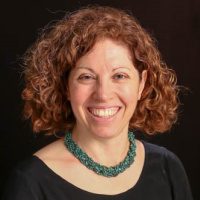
Tzipor Ulman, Under Tzipor’s leadership, Science is Elementary grew from an idea to a multi-faceted organization with international reach. This year, Science is Elementary will impact more than 50,000 children, their teachers, and their families. During the COVID19 pandemic, Tzipor ideated SiE Books – a unique series that fills a massive gap in children’s education: wordless stories, featuring children of color who behave as scientists, coupled with step-by-step illustrations for doing science experiments that are easy enough for five-year-olds to do on their own, and with a family engagement component. Tzipor’s prior work includes consulting on business strategy to Fortune 500 and startup clients, working with a seed VC, non-profit management, science tutoring, and mentoring students in urban and suburban areas. She is active in the community, serving on several nonprofit boards, and is the recipient of the Jefferson Award for Public Service. Tzipor is the proud mother of 2 young men in whom she has instilled a curiosity about the world and the way things work. She holds a PhD in physical chemistry from Stanford University and a BSc in Chemistry from Case Western Reserve University. Connect with Tzipor on LinkedIn.
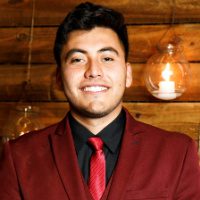
Pedro Serafin was born in México and studied International Commerce at Universidad Autonoma de Aguascalientes, Mexico, as well as International Business for 6 months at the University Viña del Mar, Chile. He is very passionate about arts and culture and believes that working together is key to making a difference in the world. The mindset of giving more than you receive has filled Pedro’s life with great opportunities and experiences, but above all, it has built trust and life-lasting relationships around the world. Pedro is proud to be a part of the sales team at Vector Global Logistics and excited to help people solve their logistics problems. Connect with Pedro on LinkedIn.
